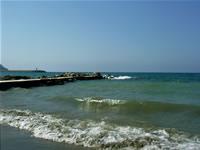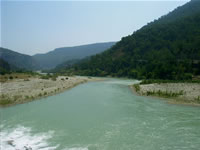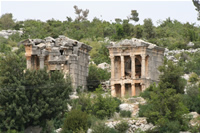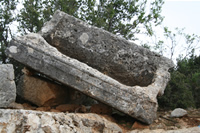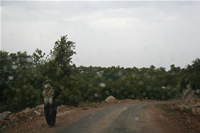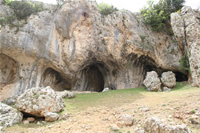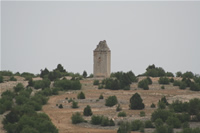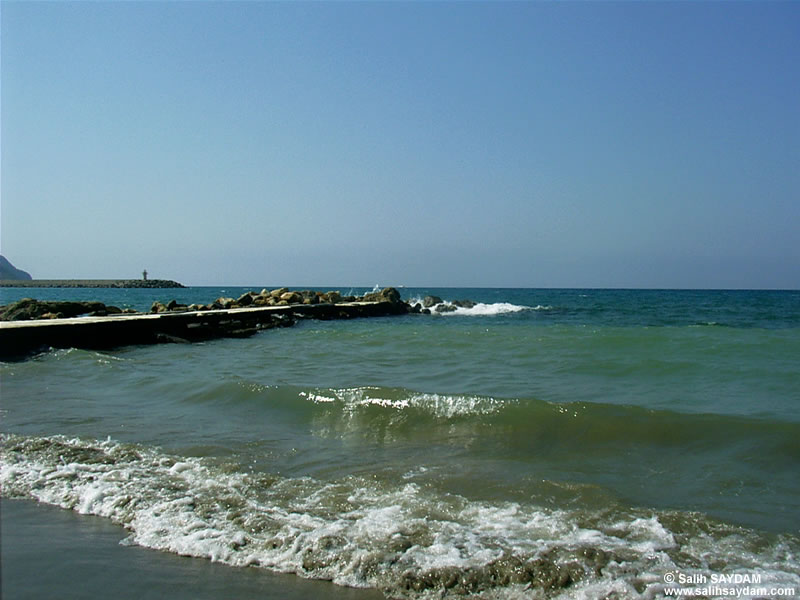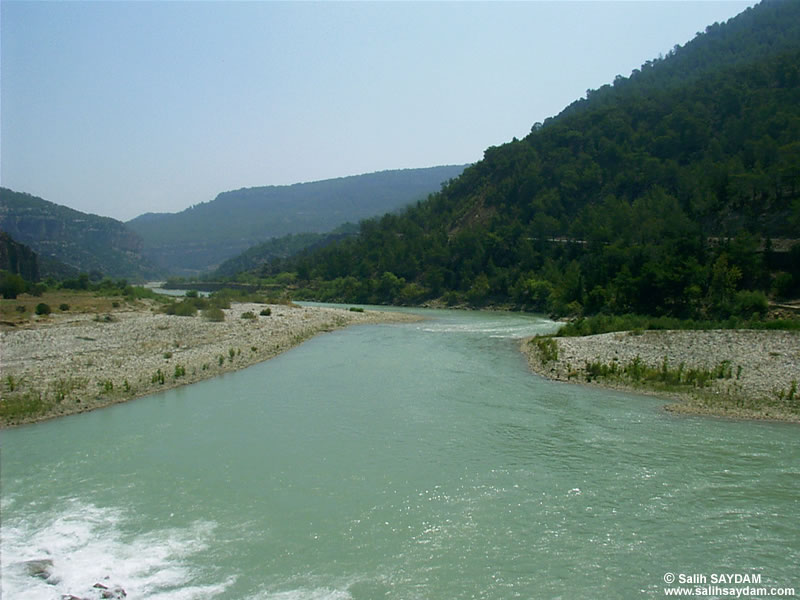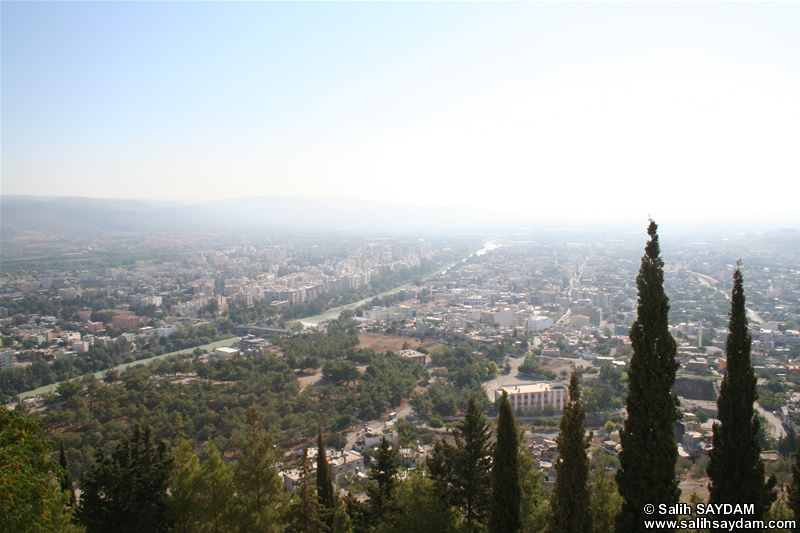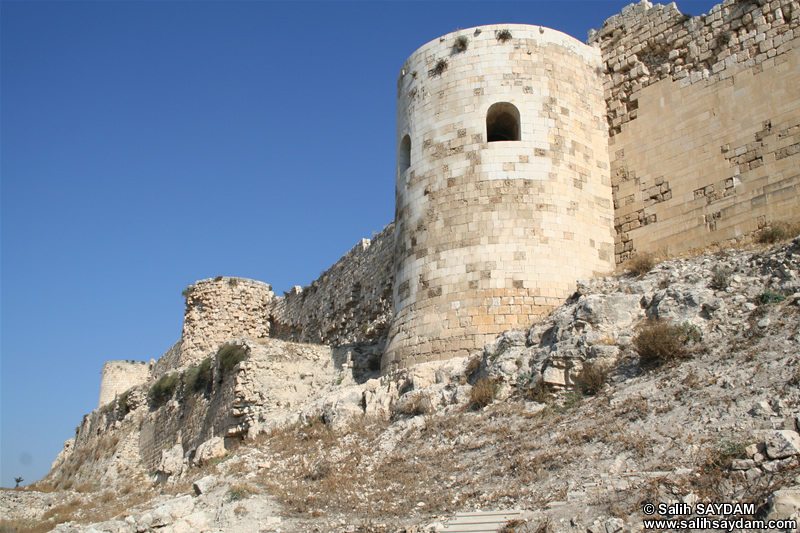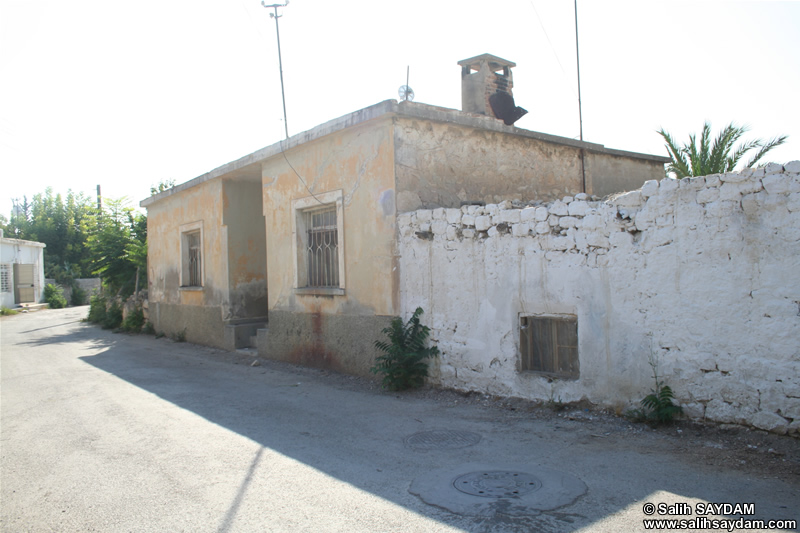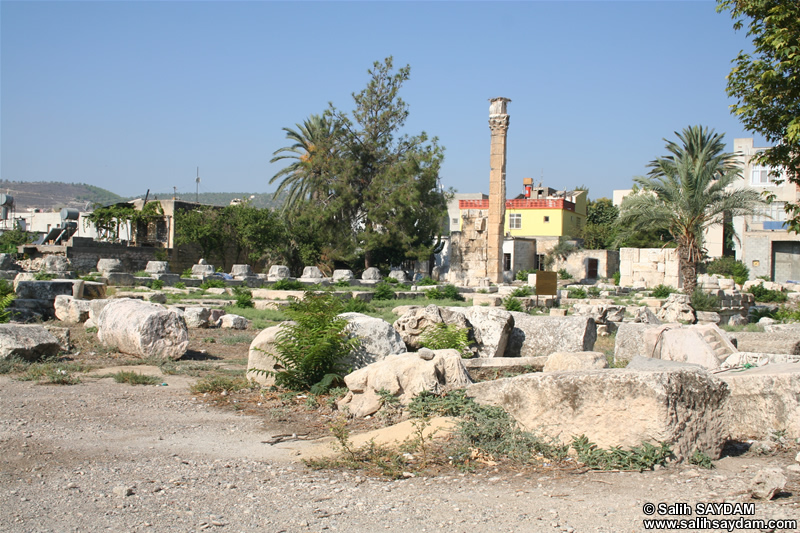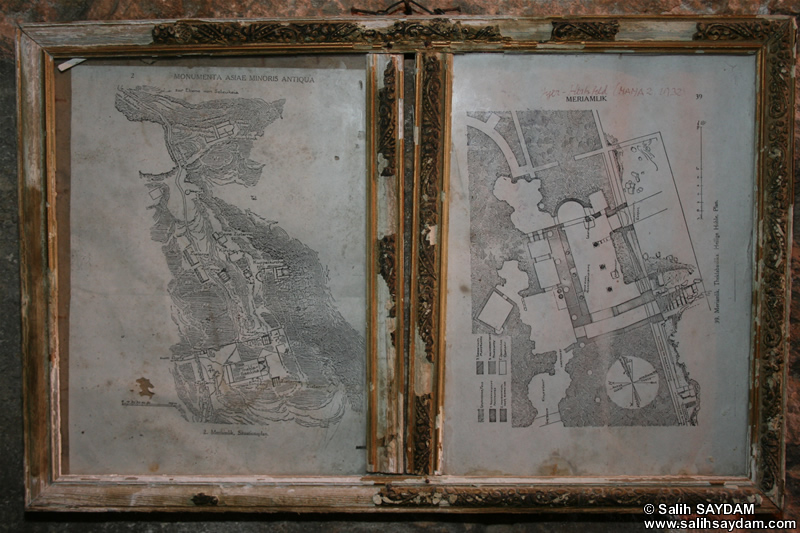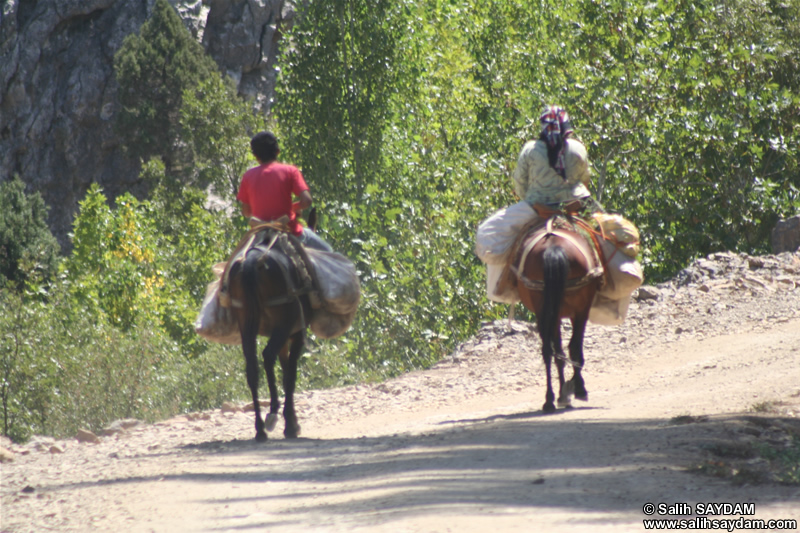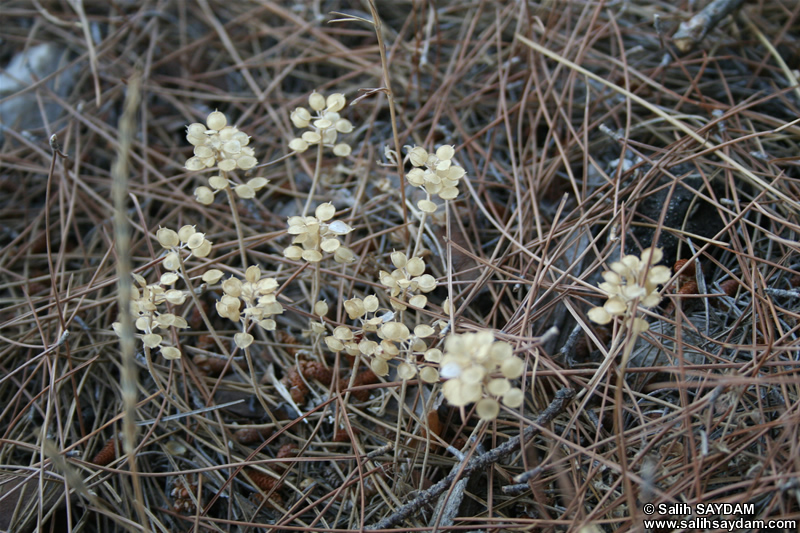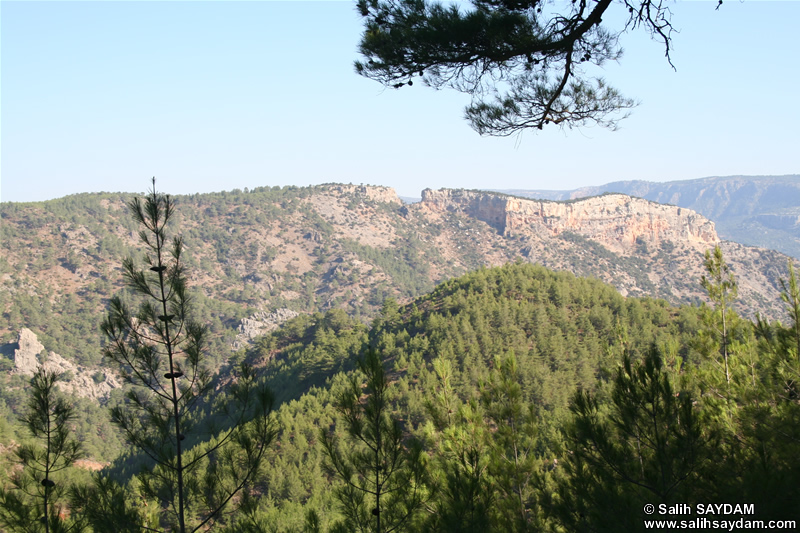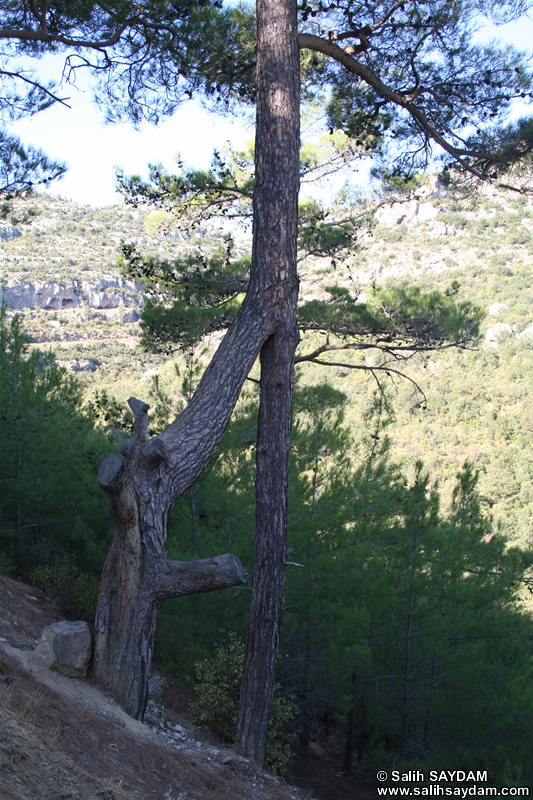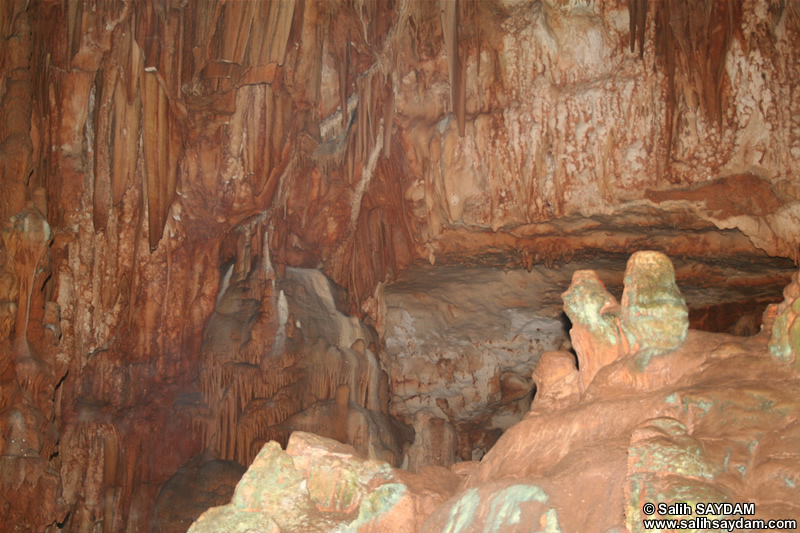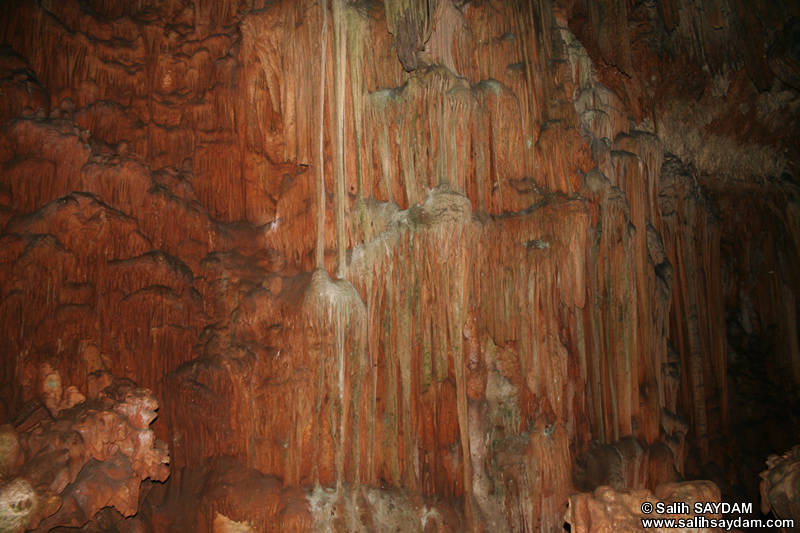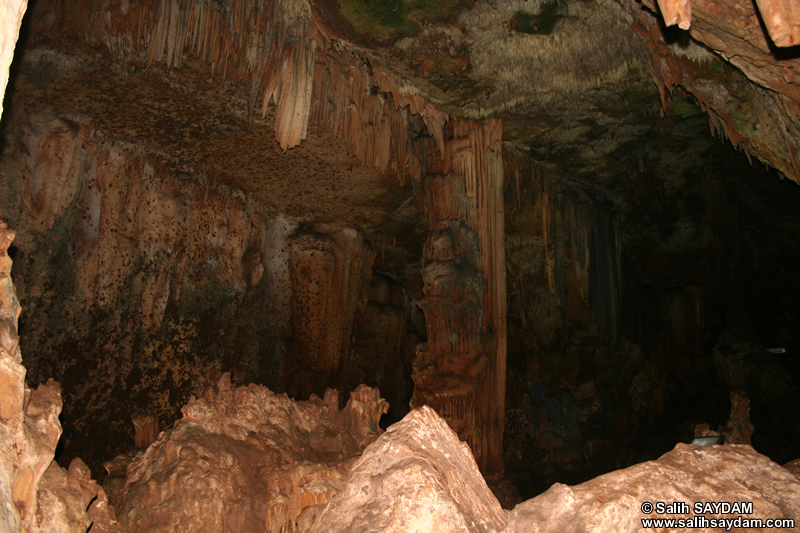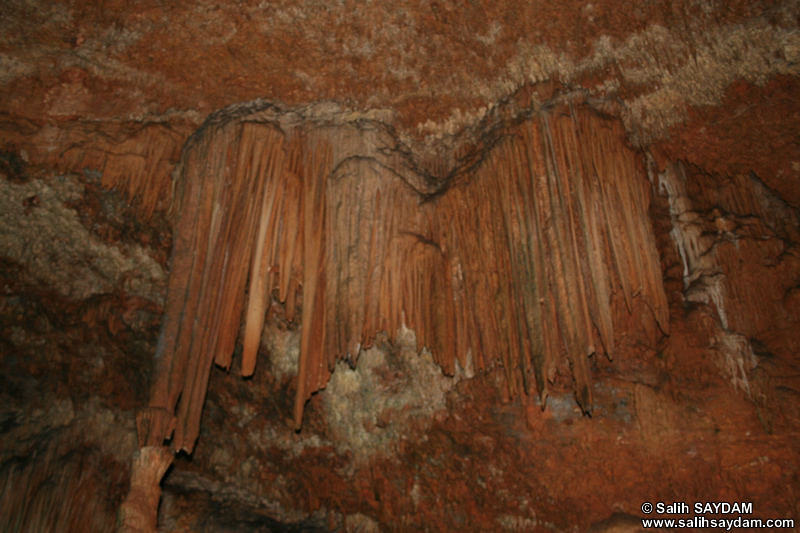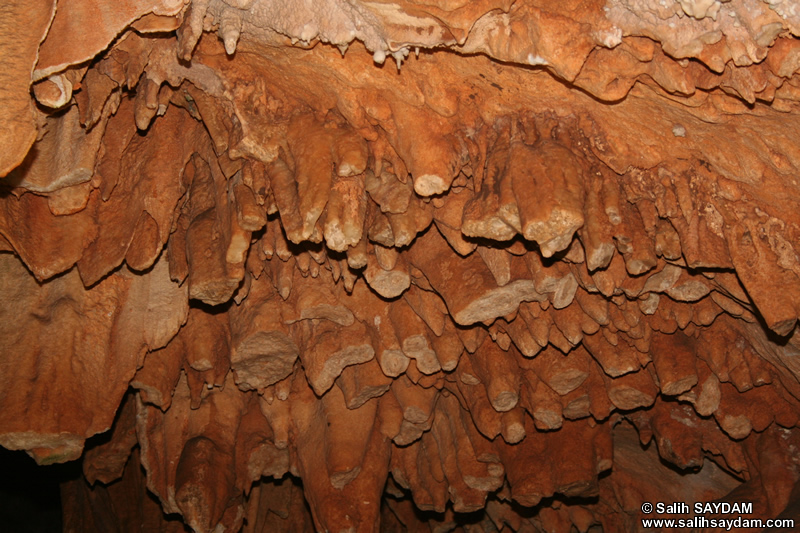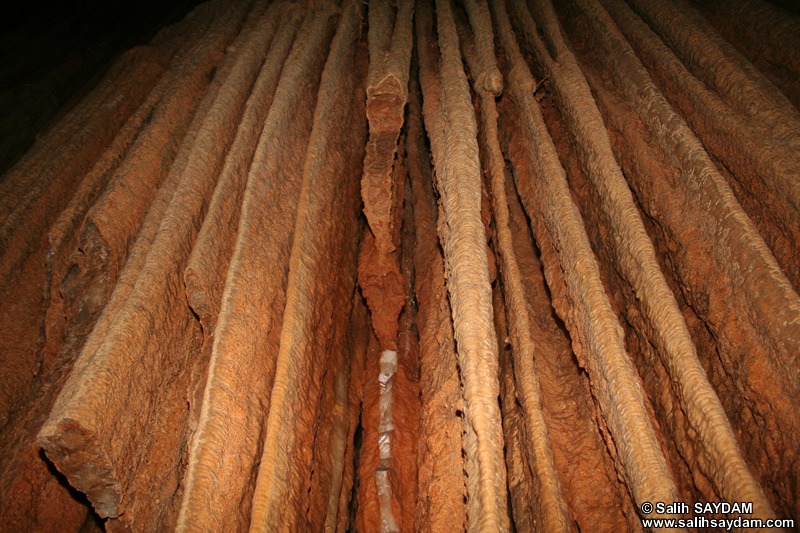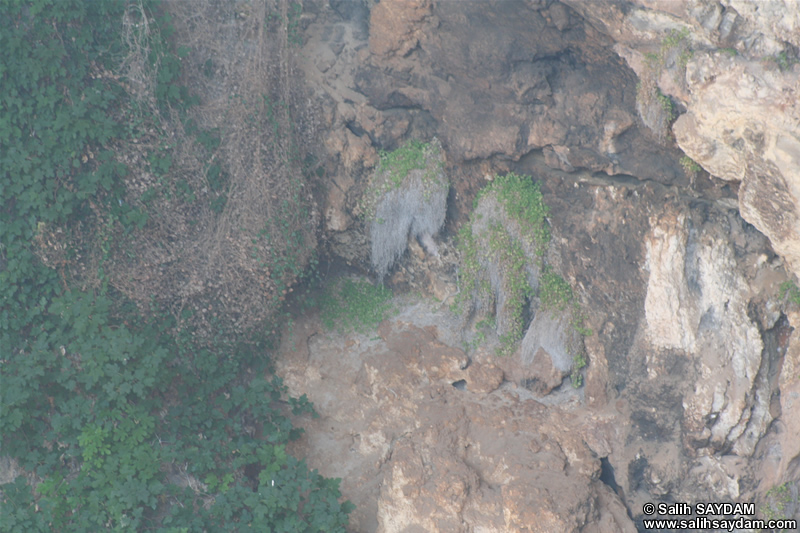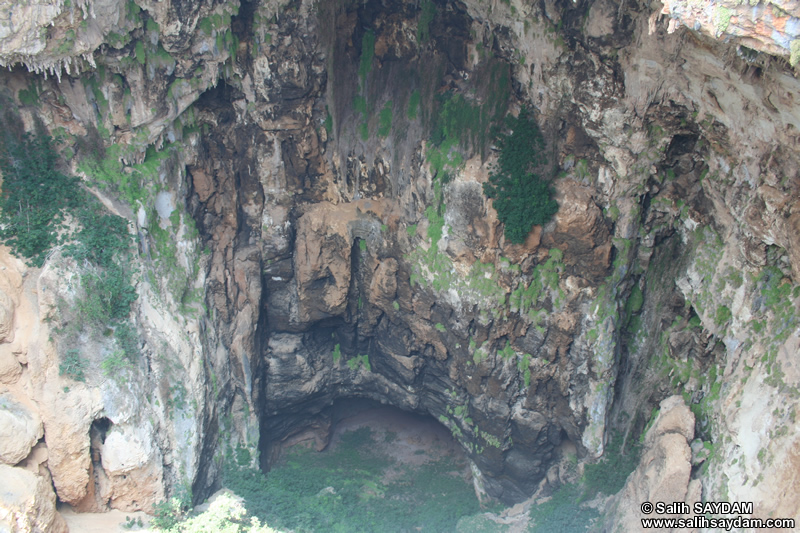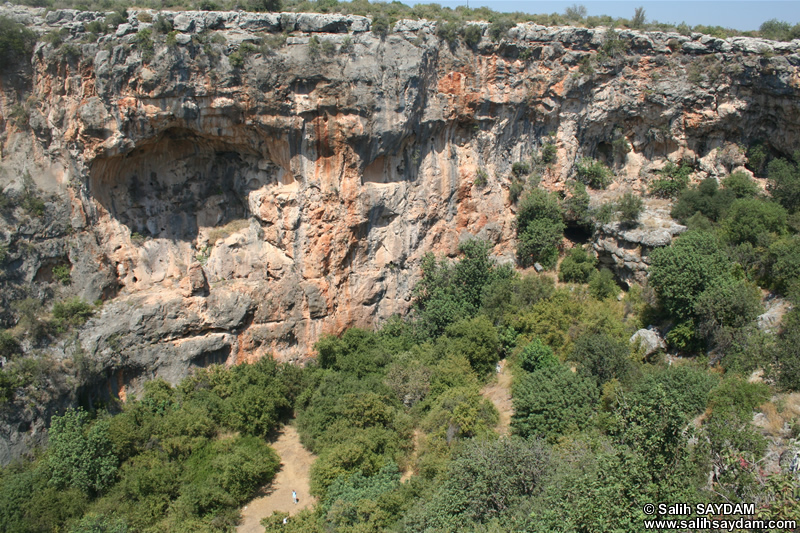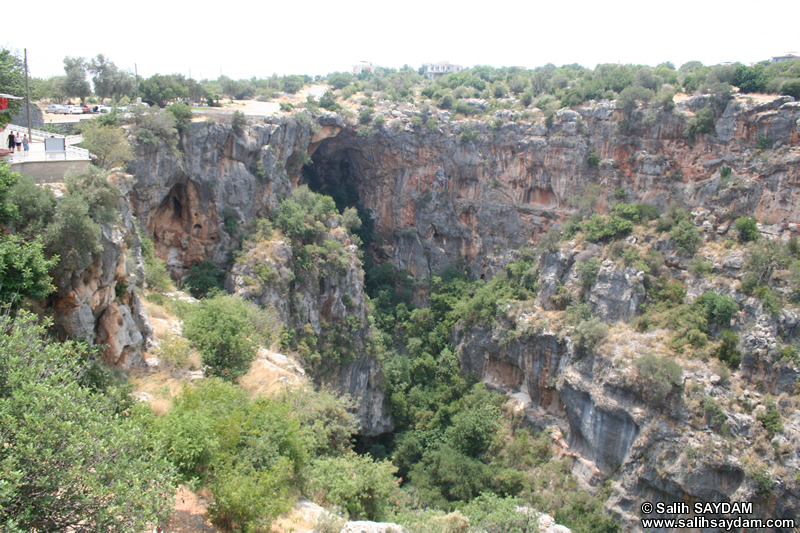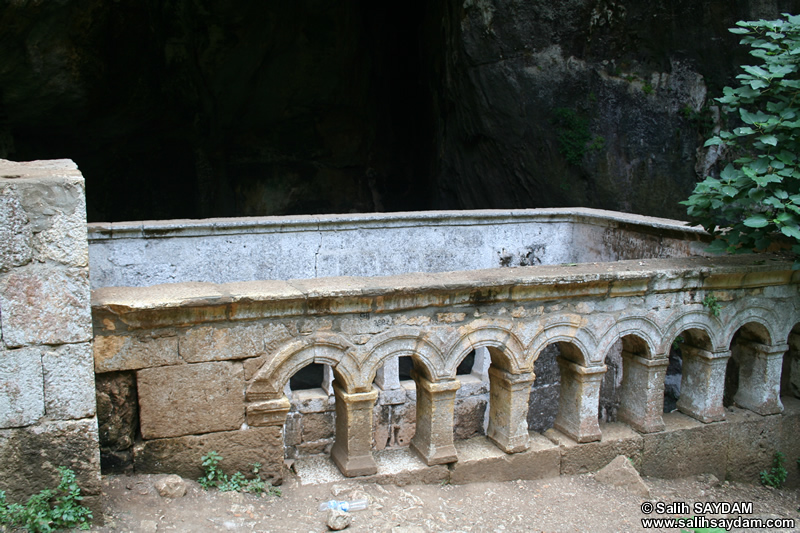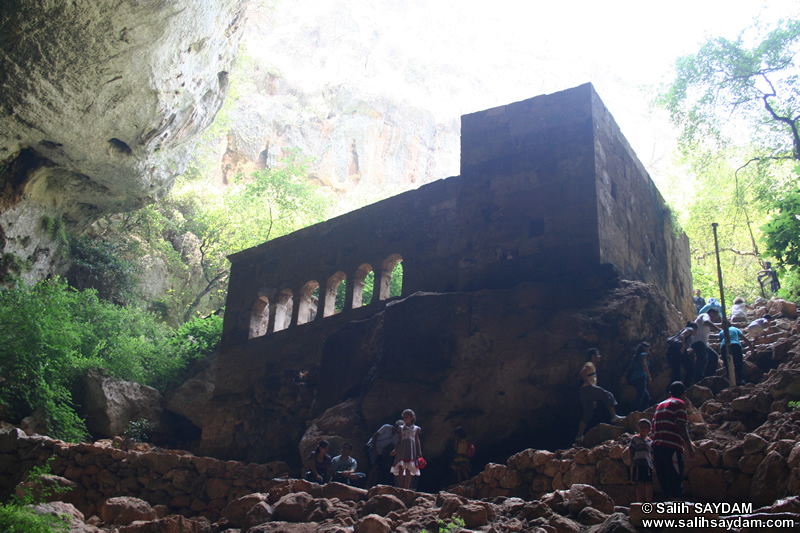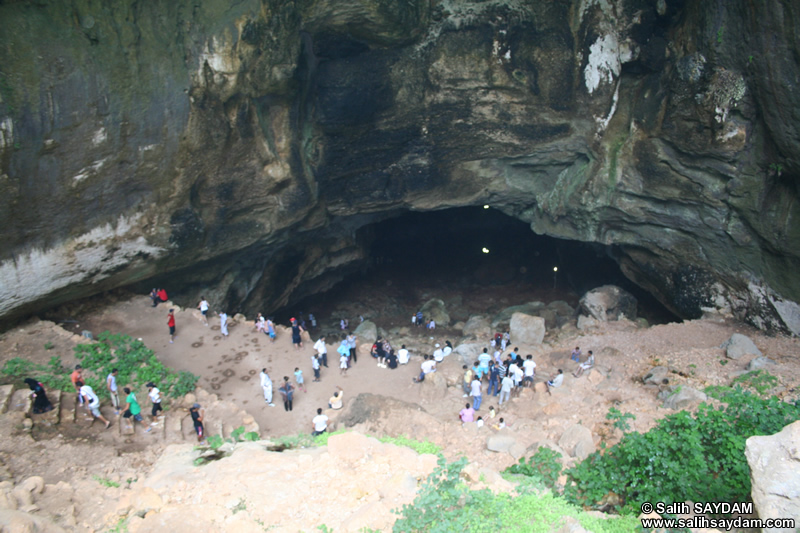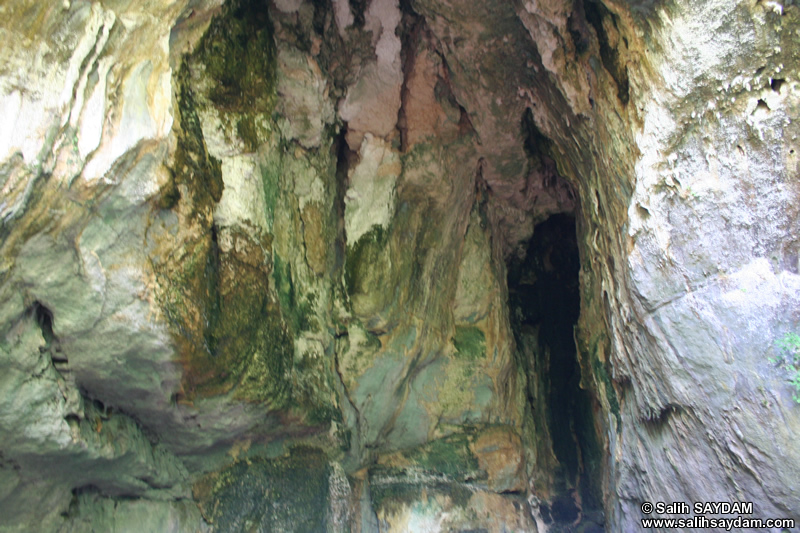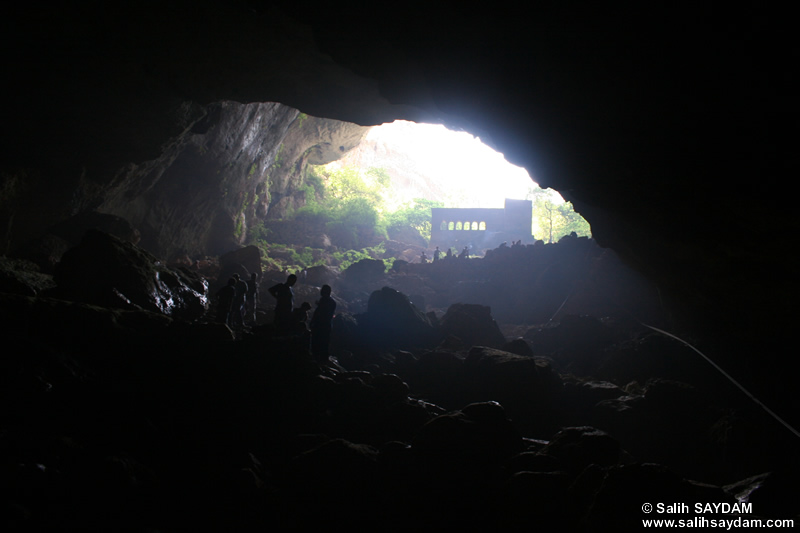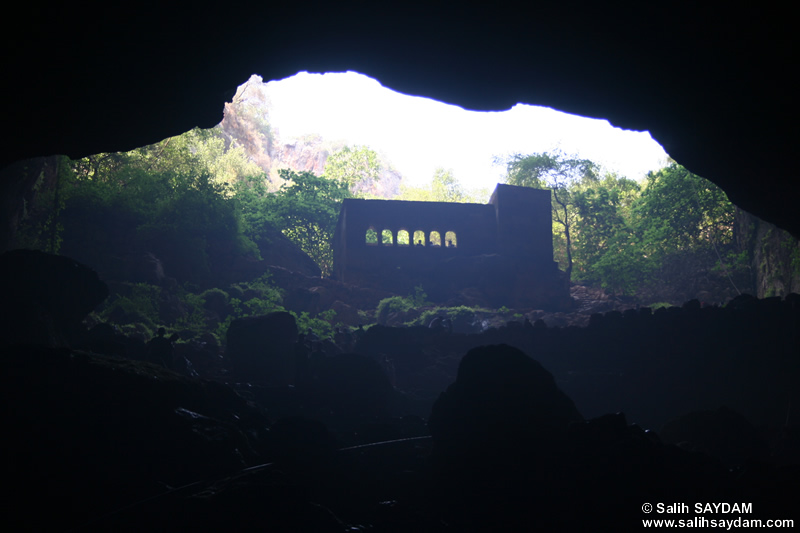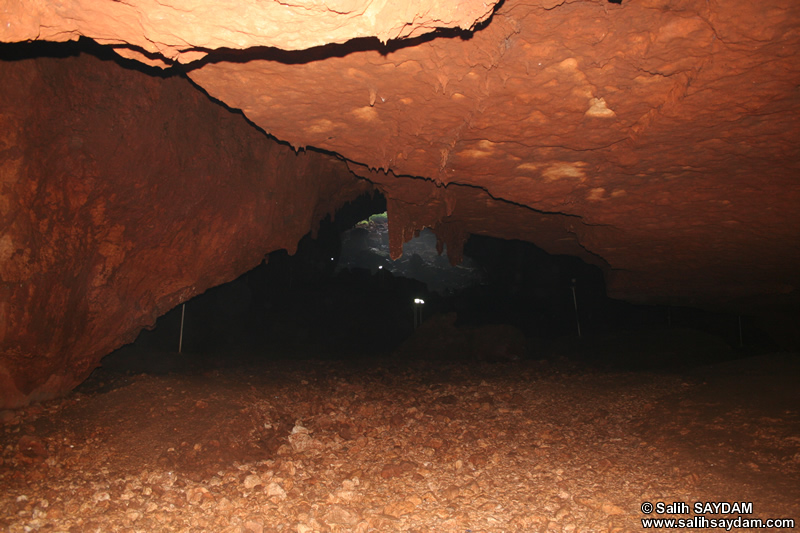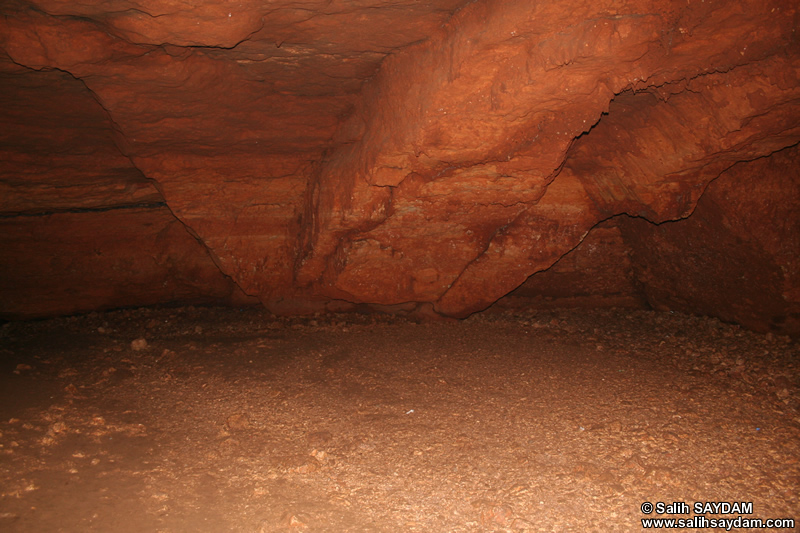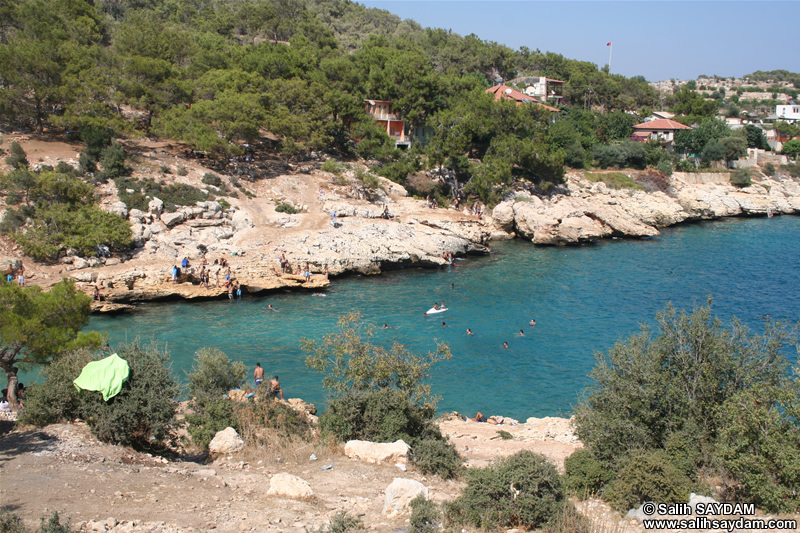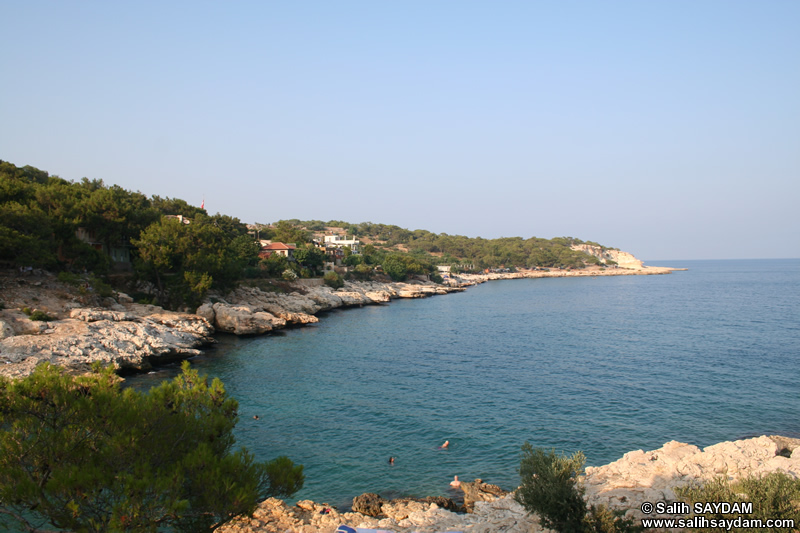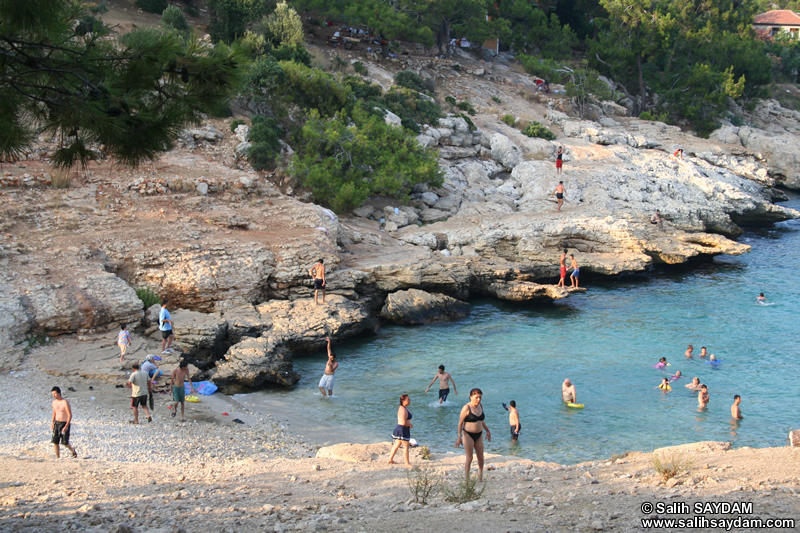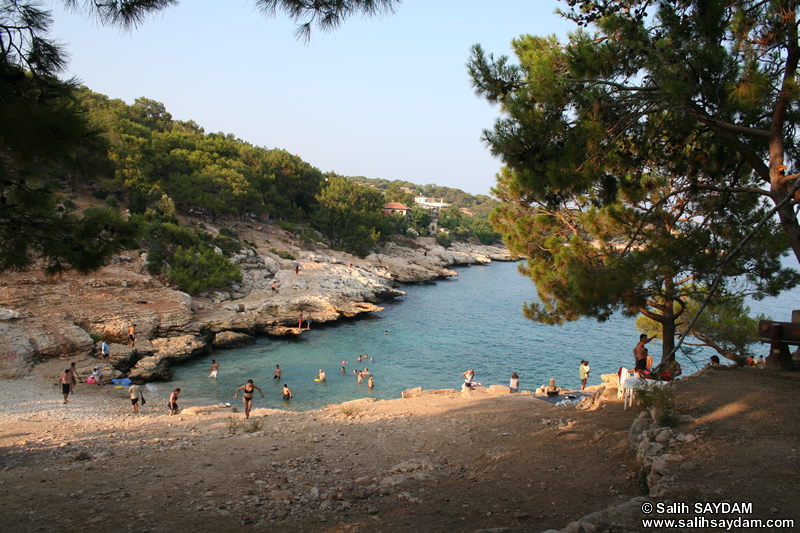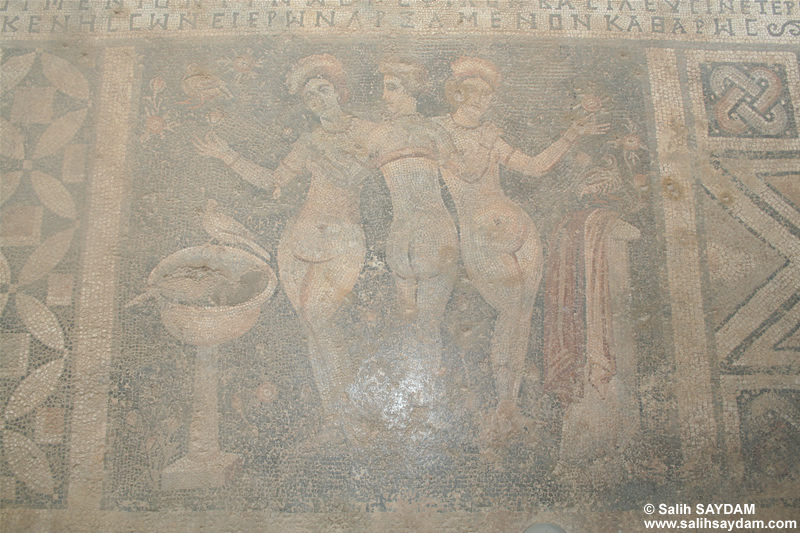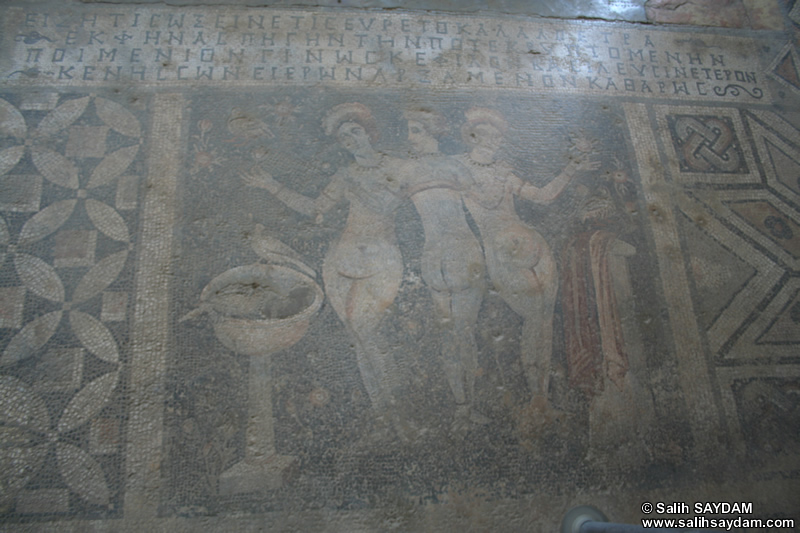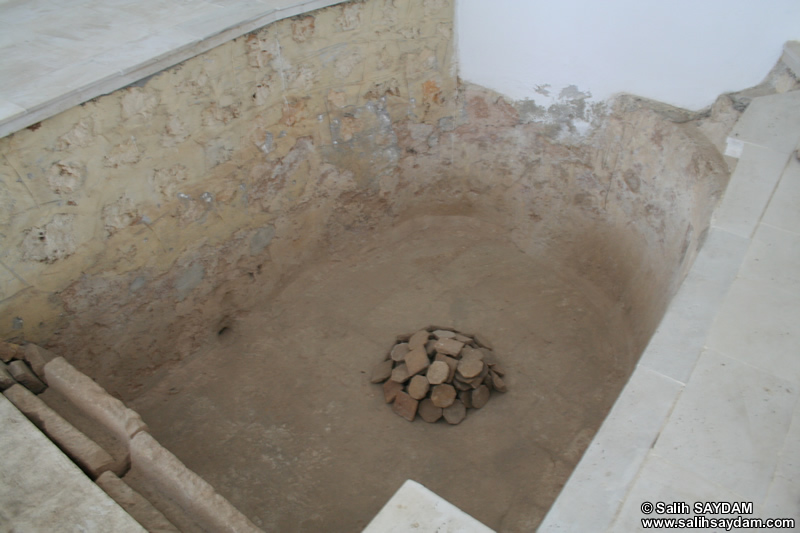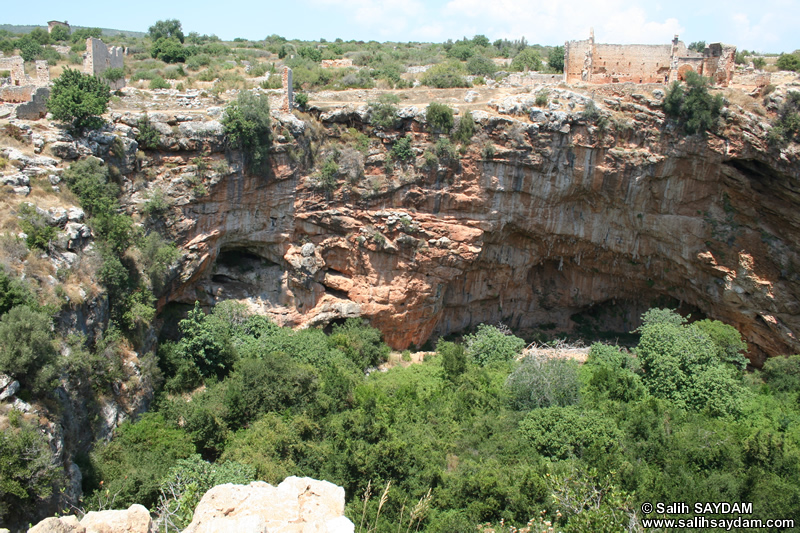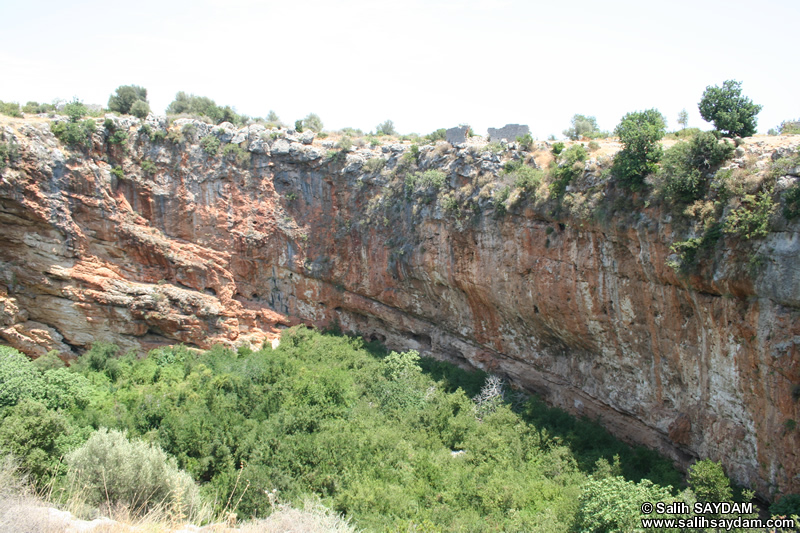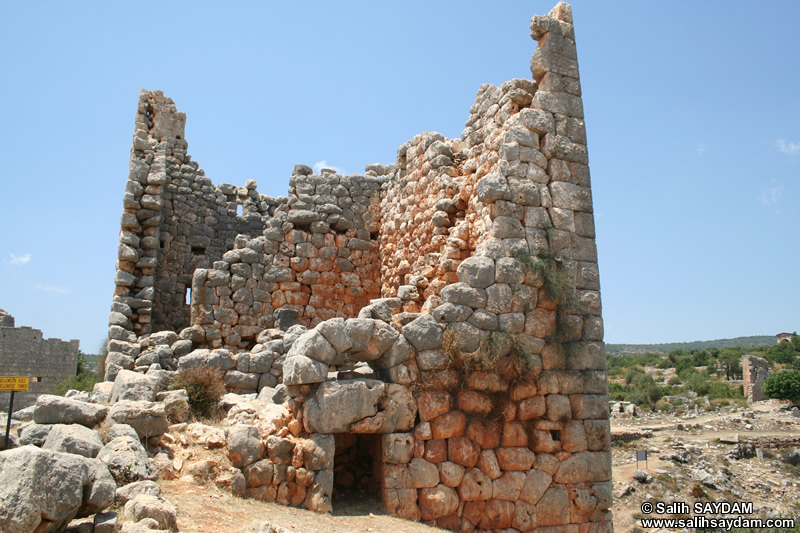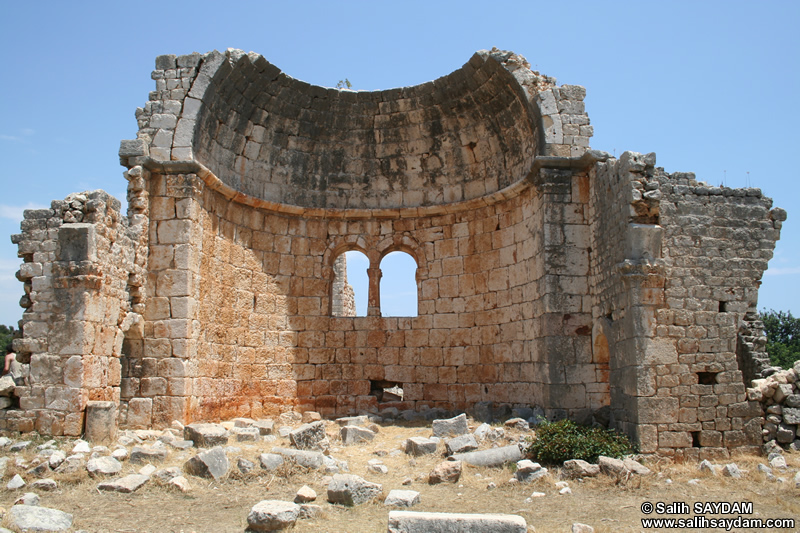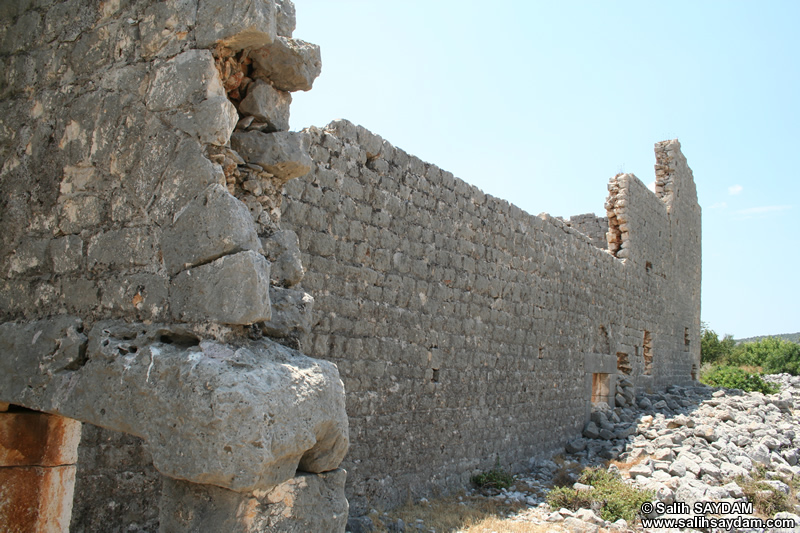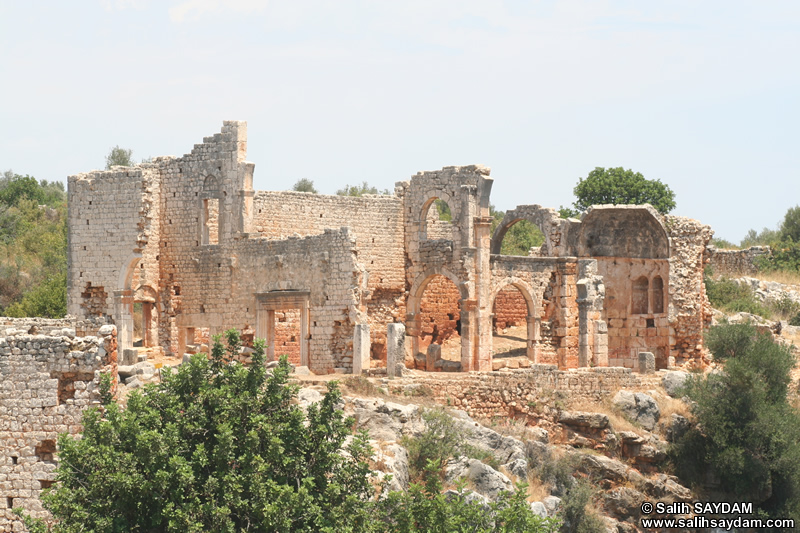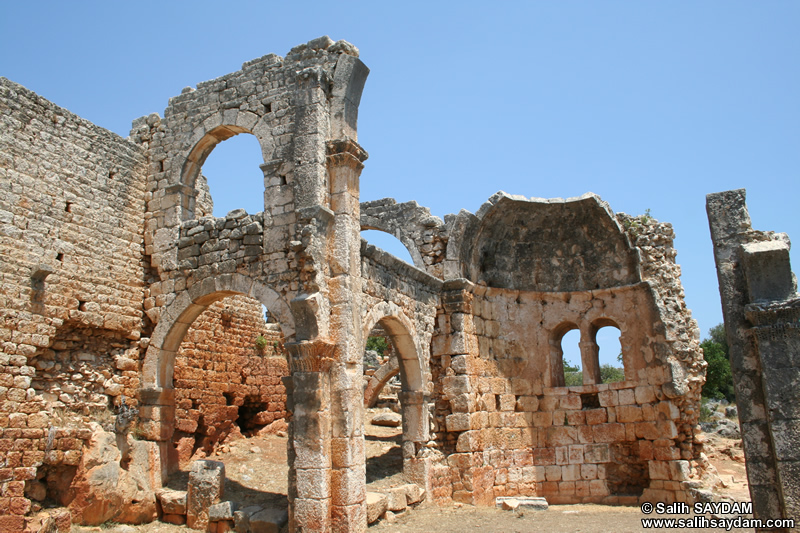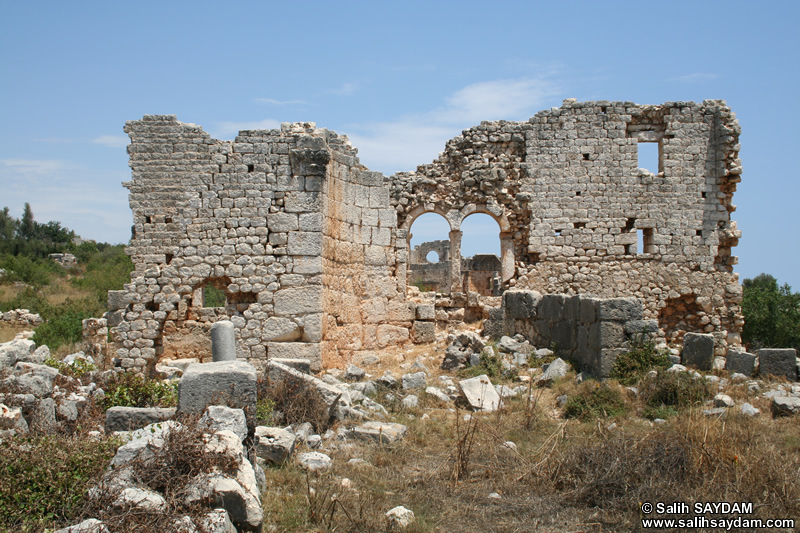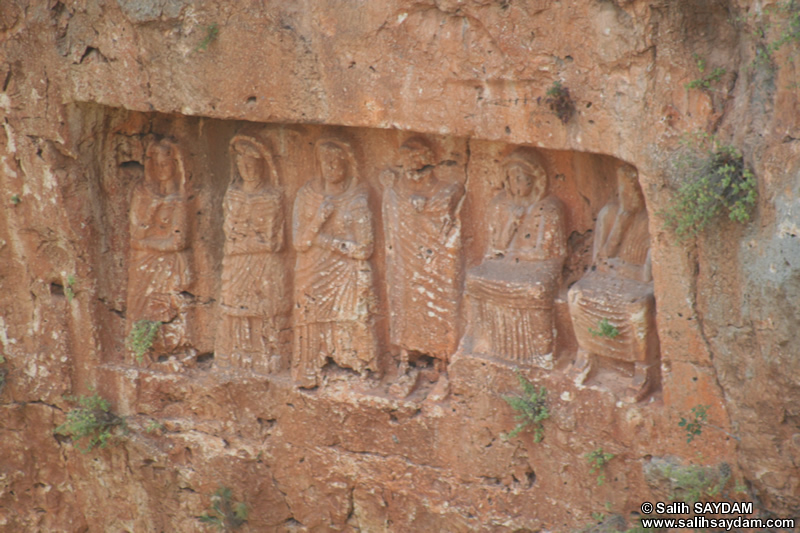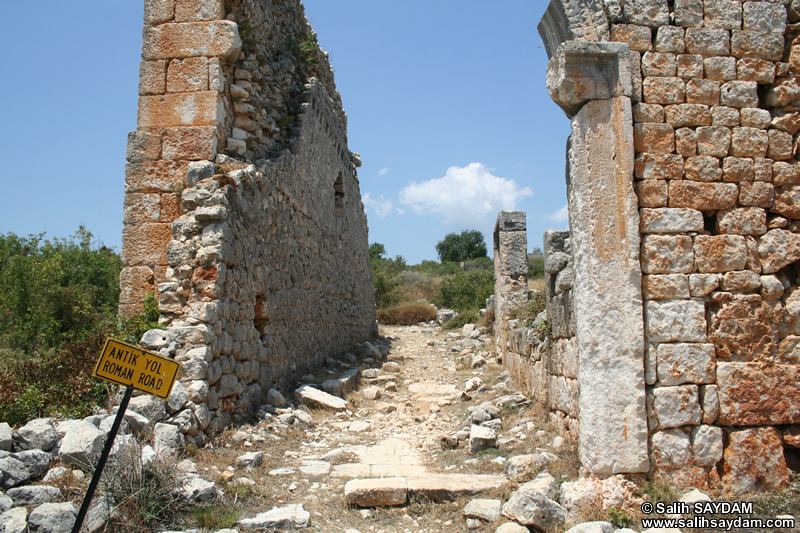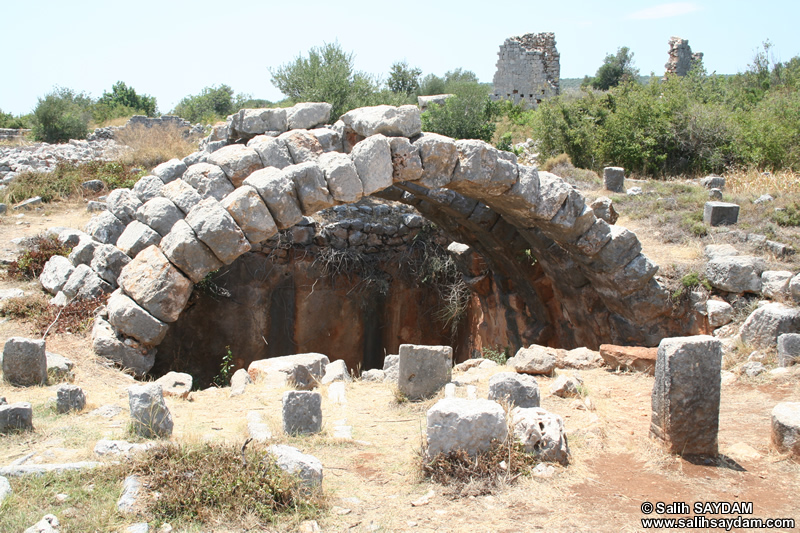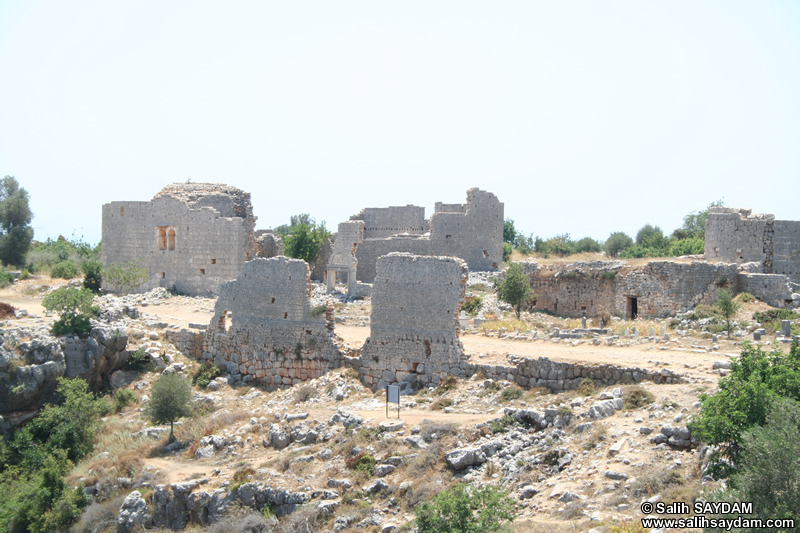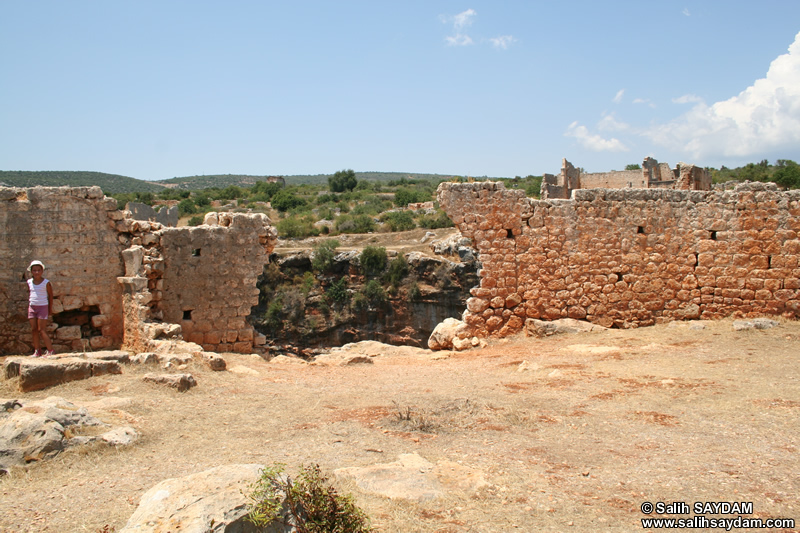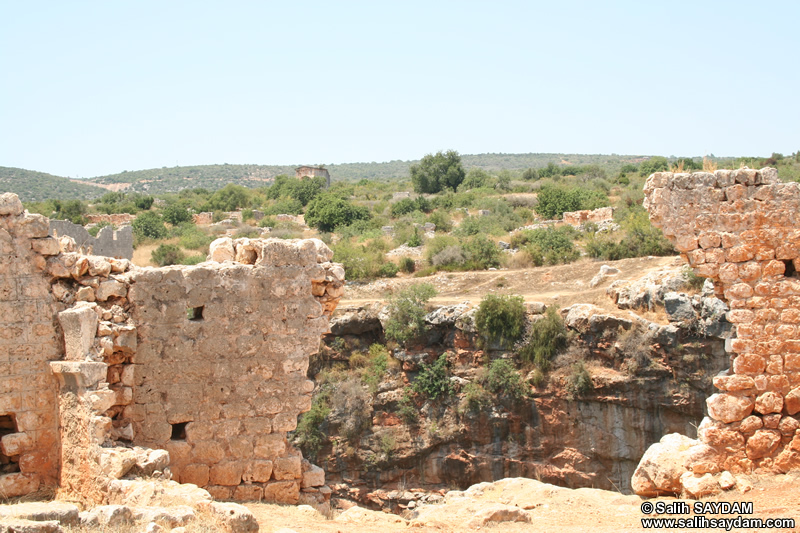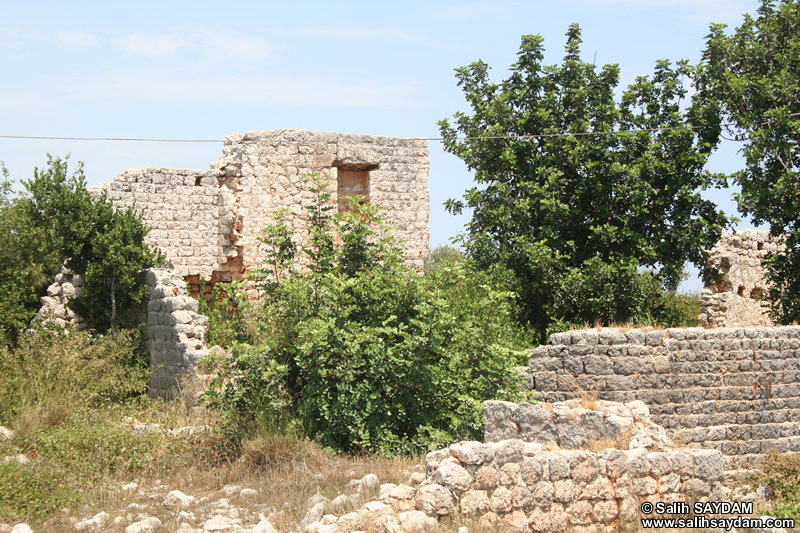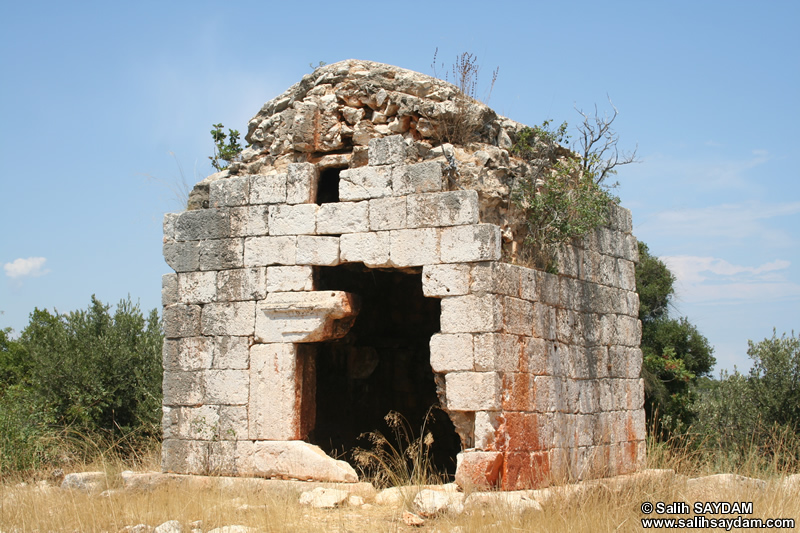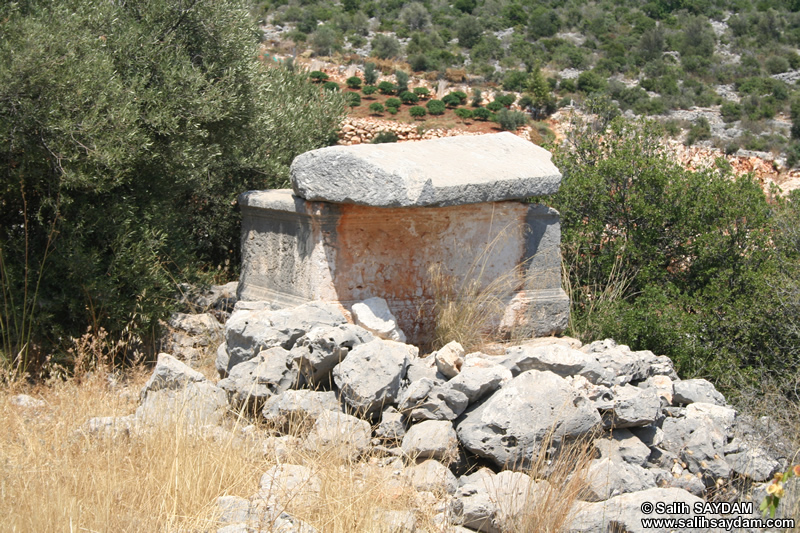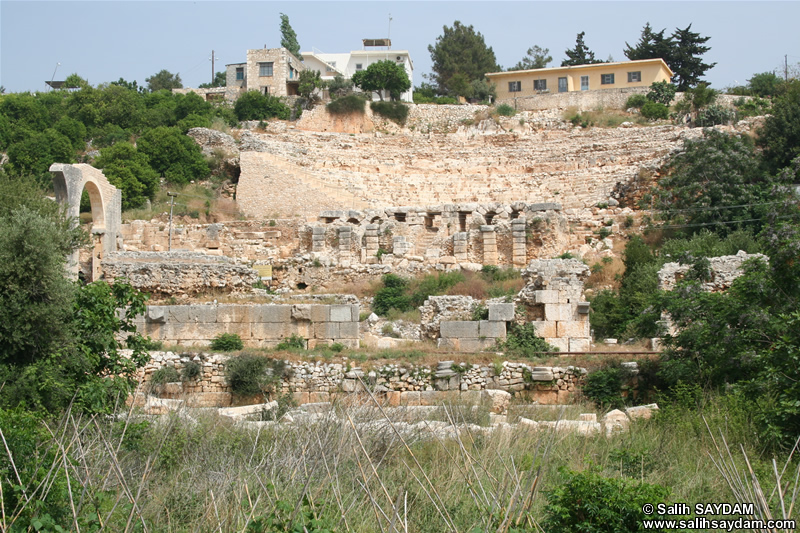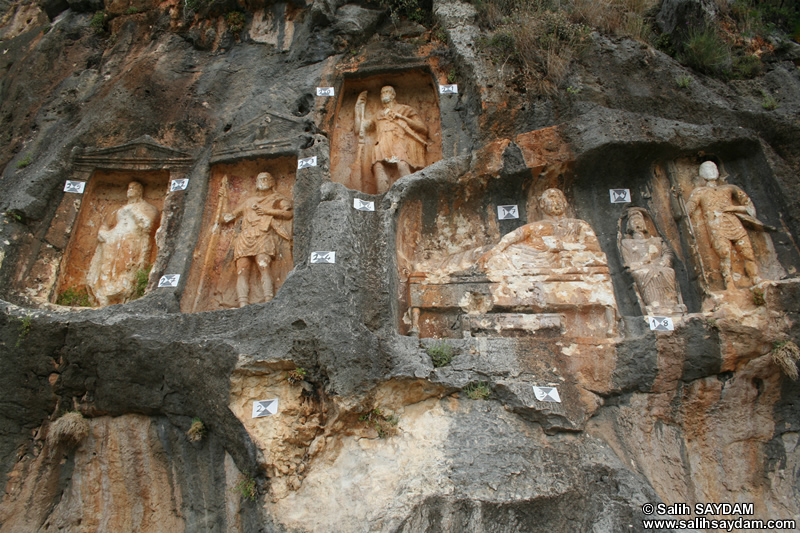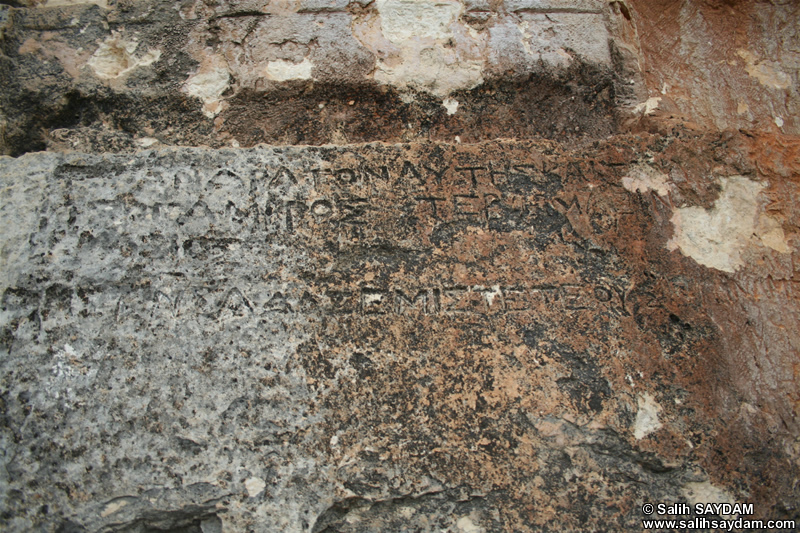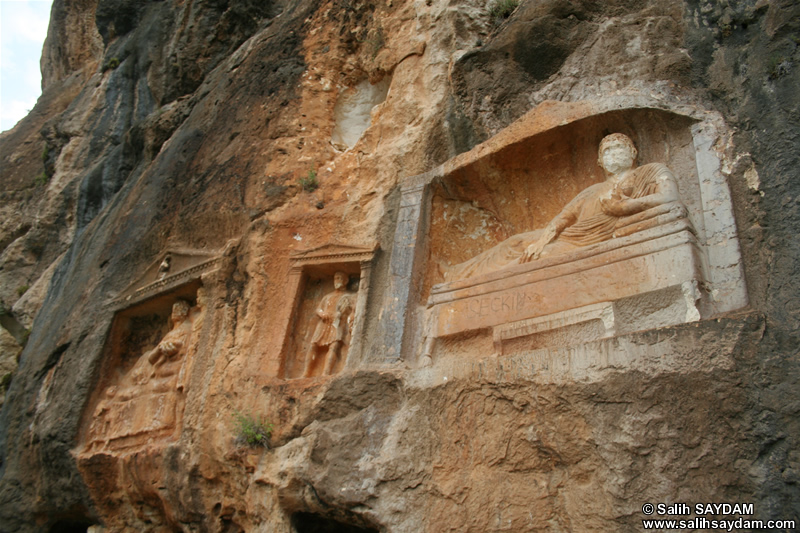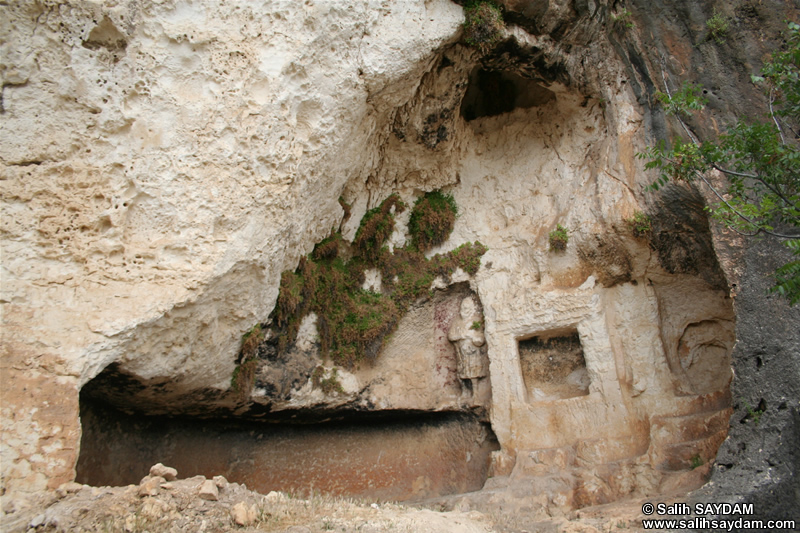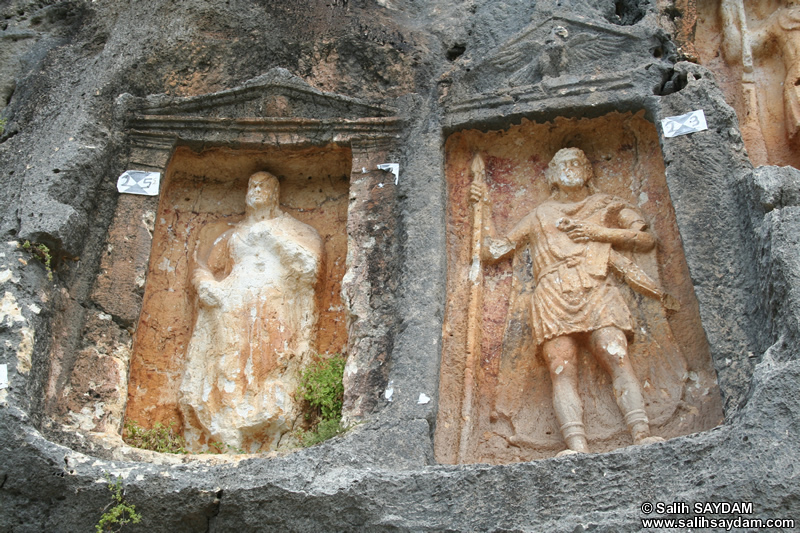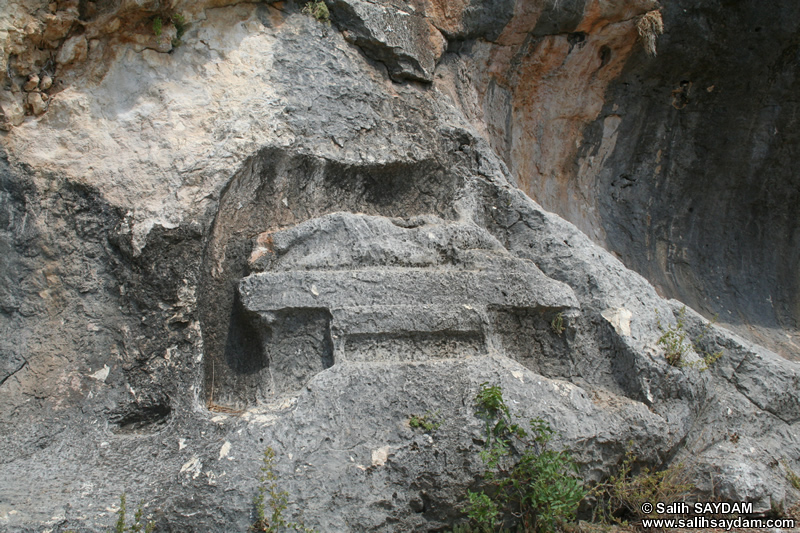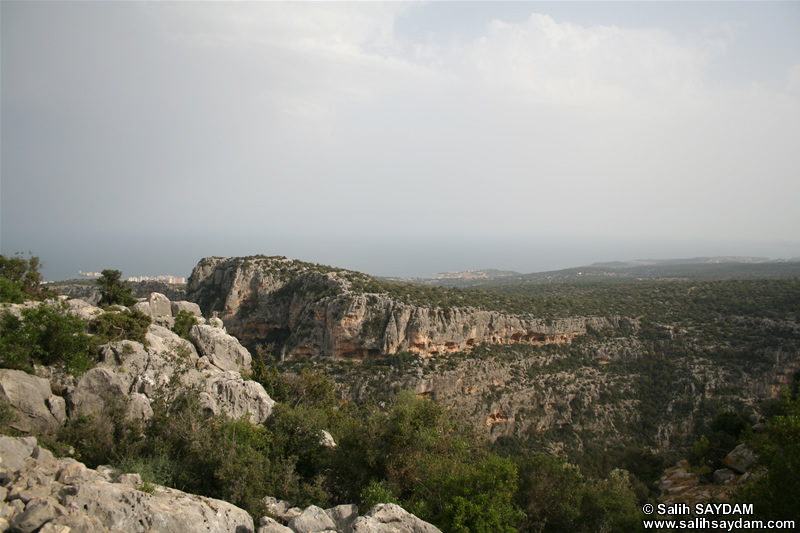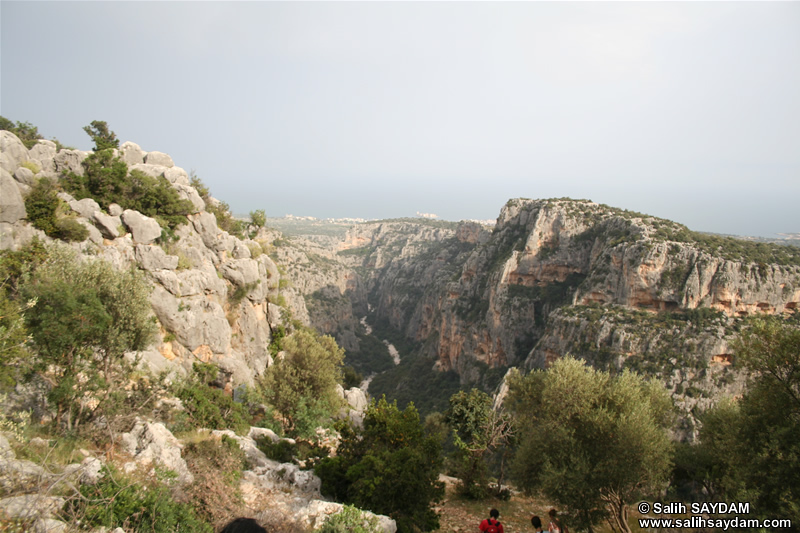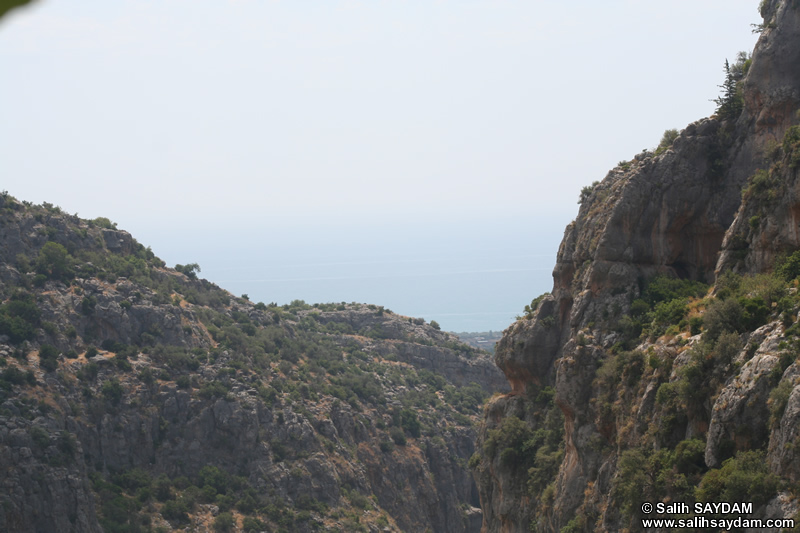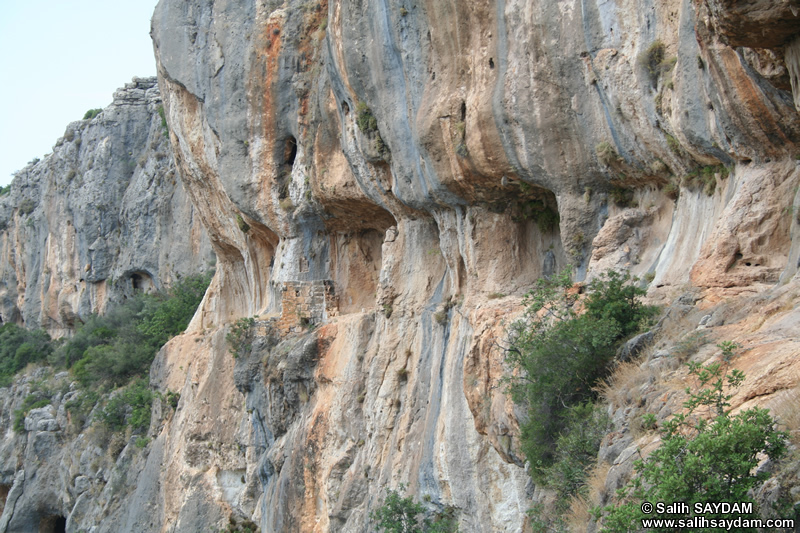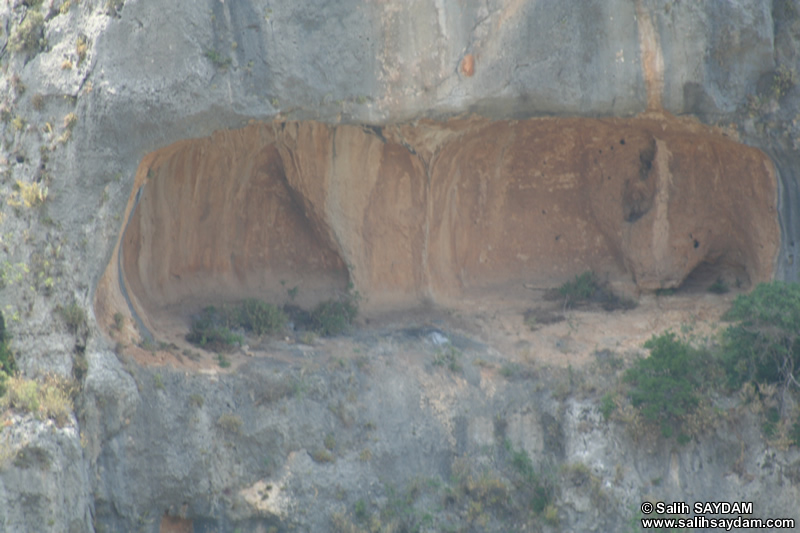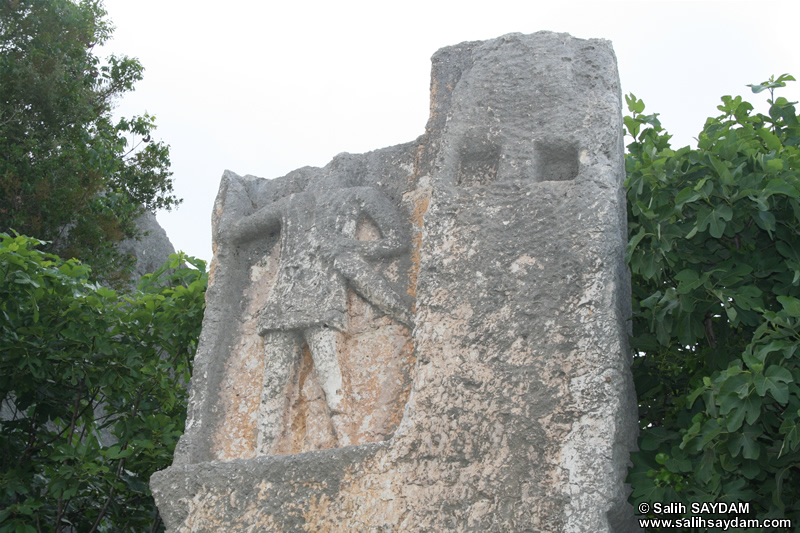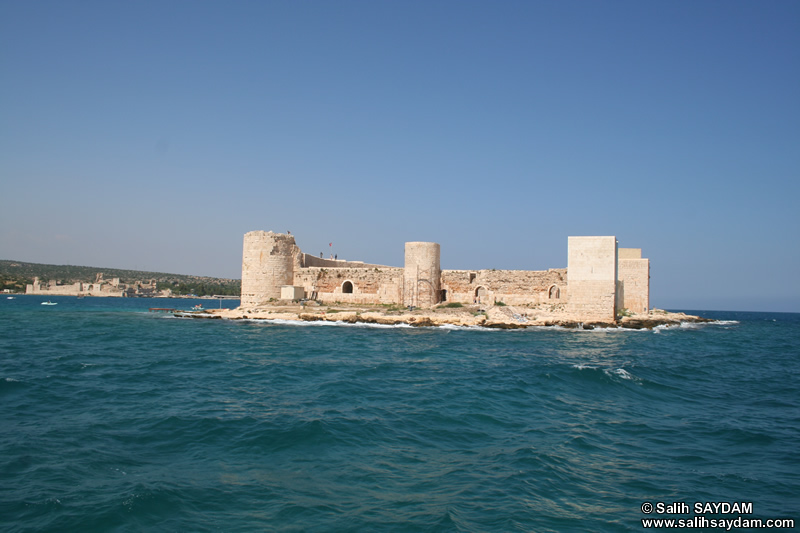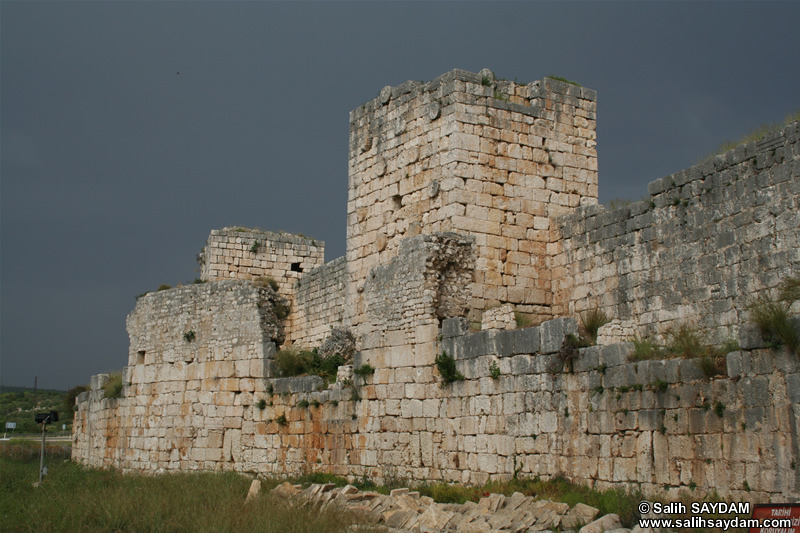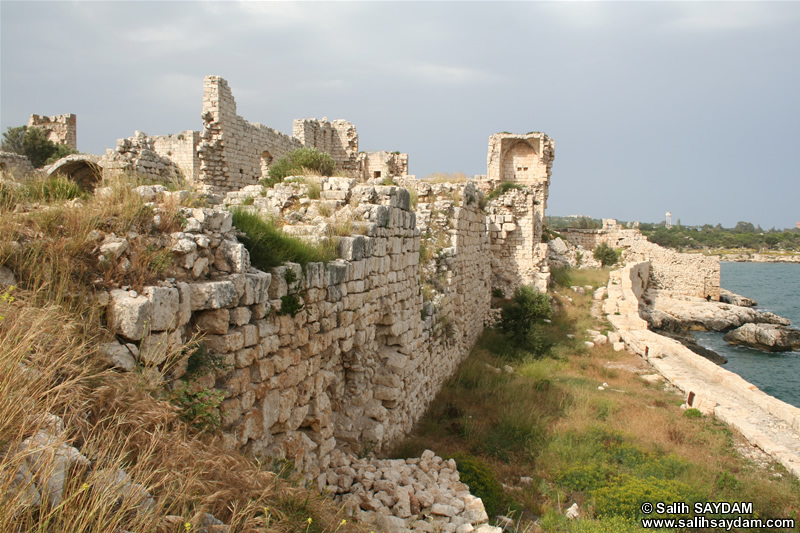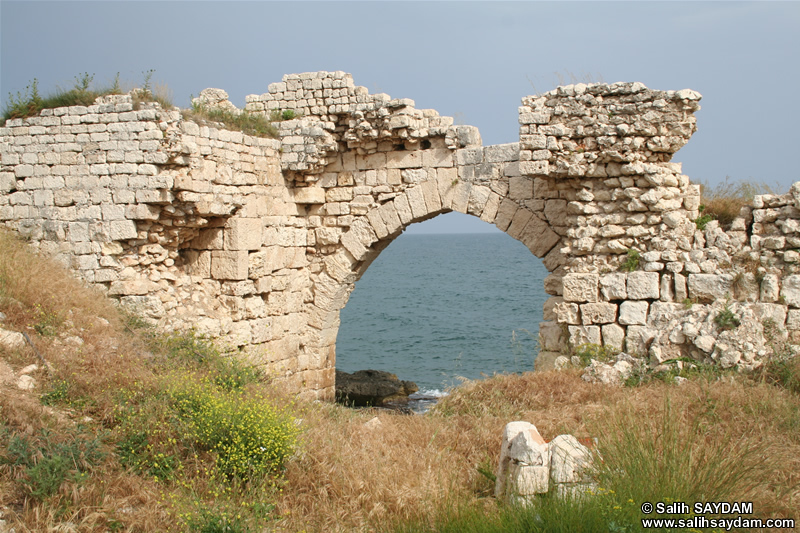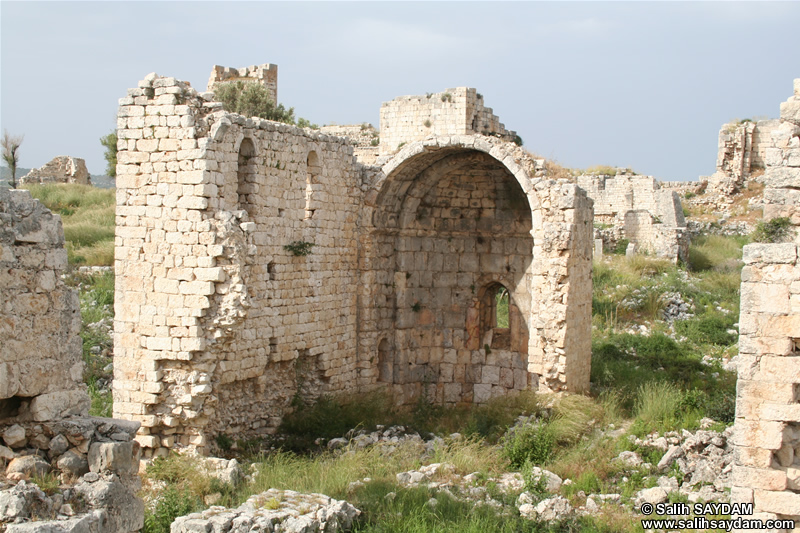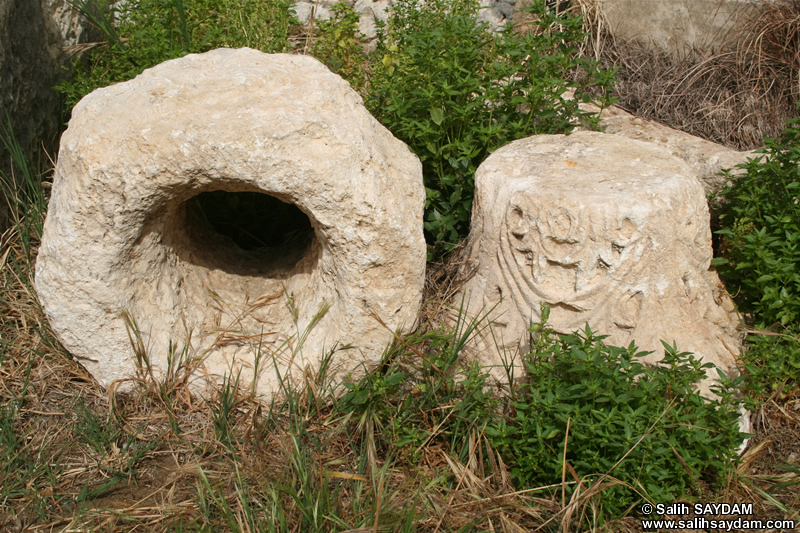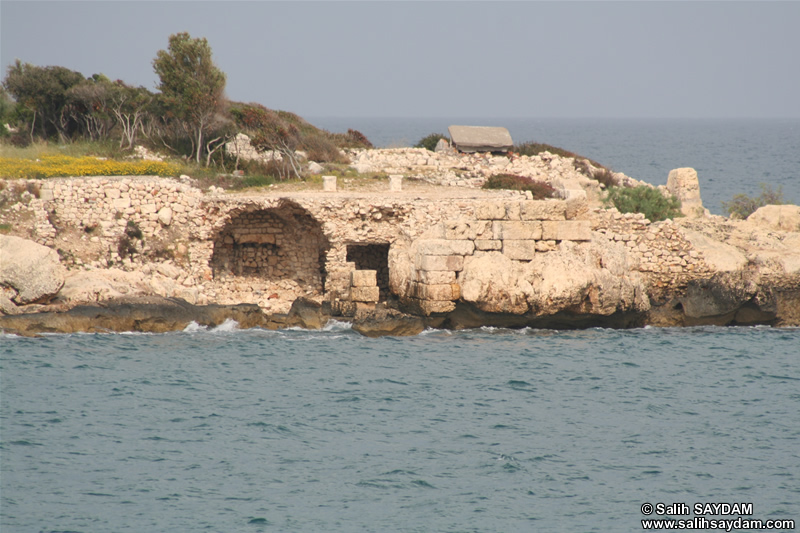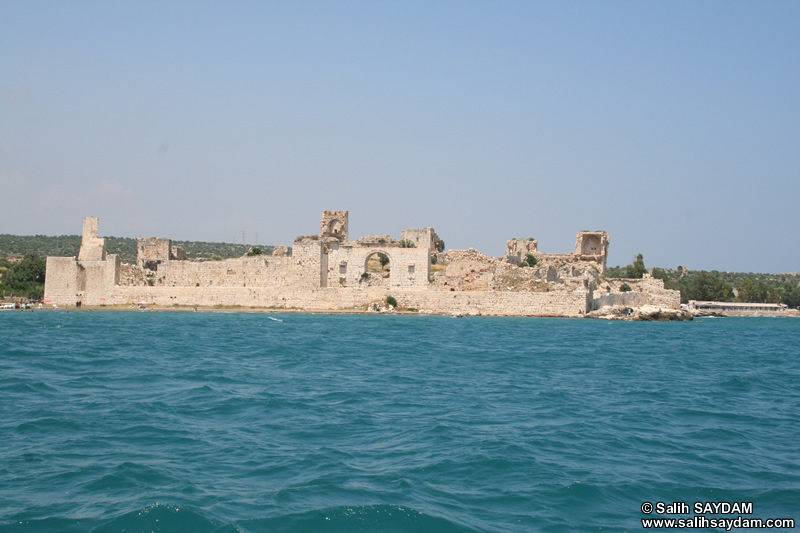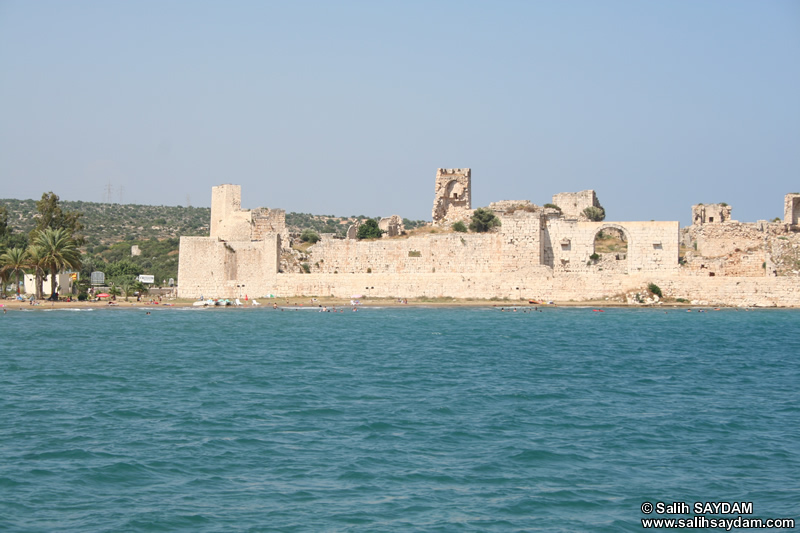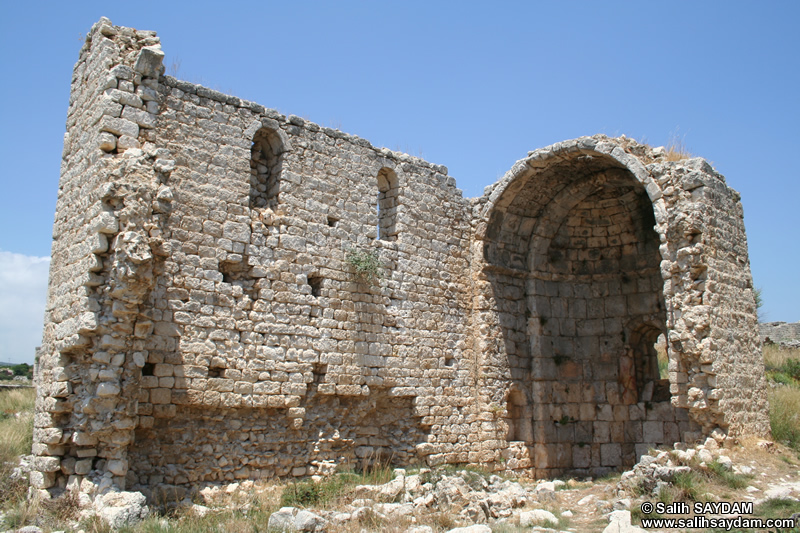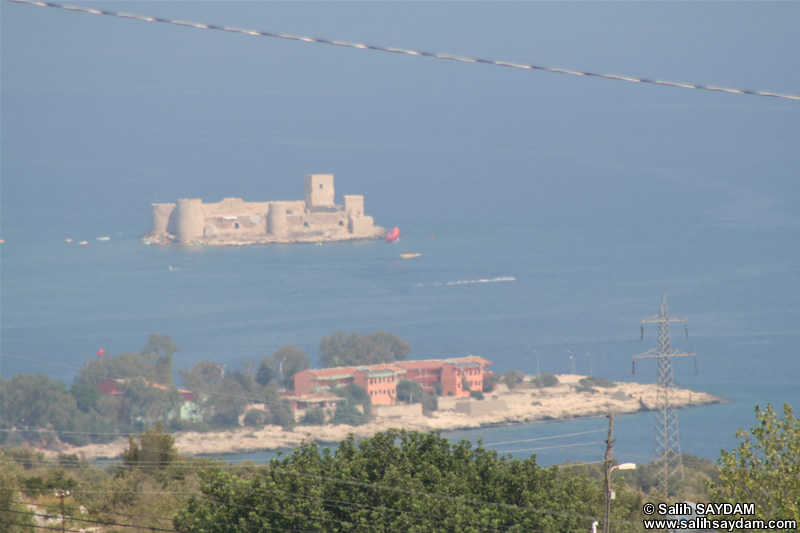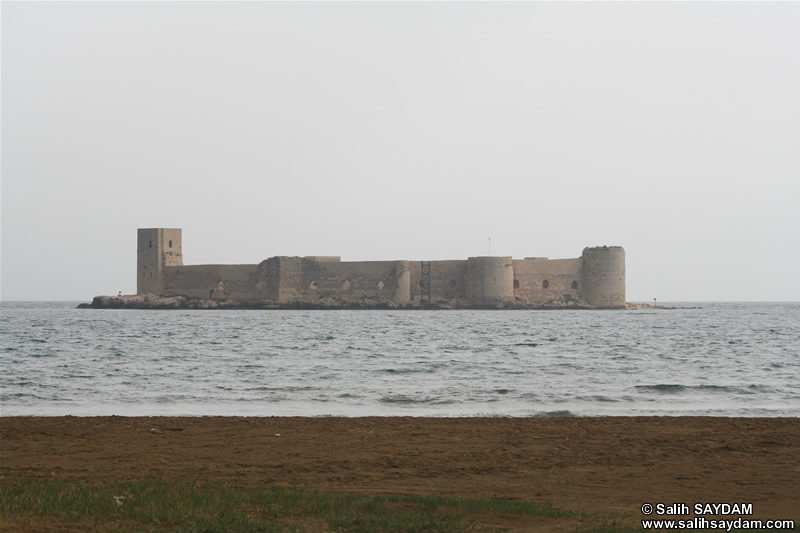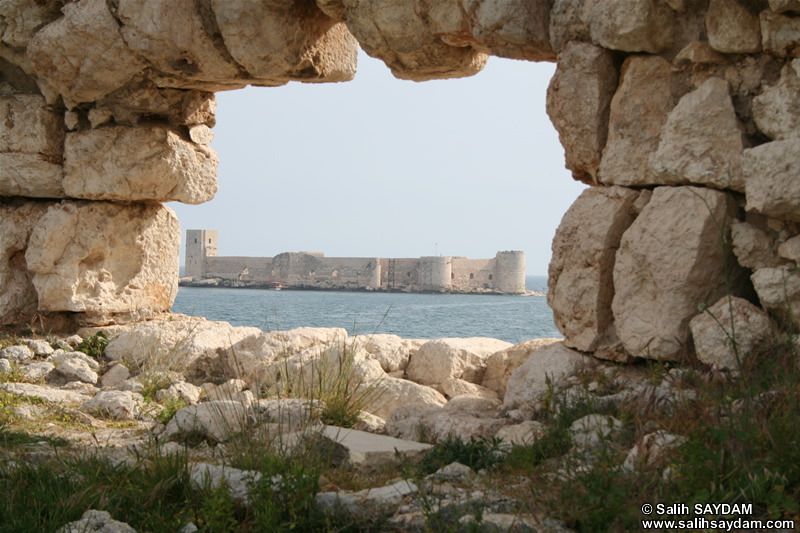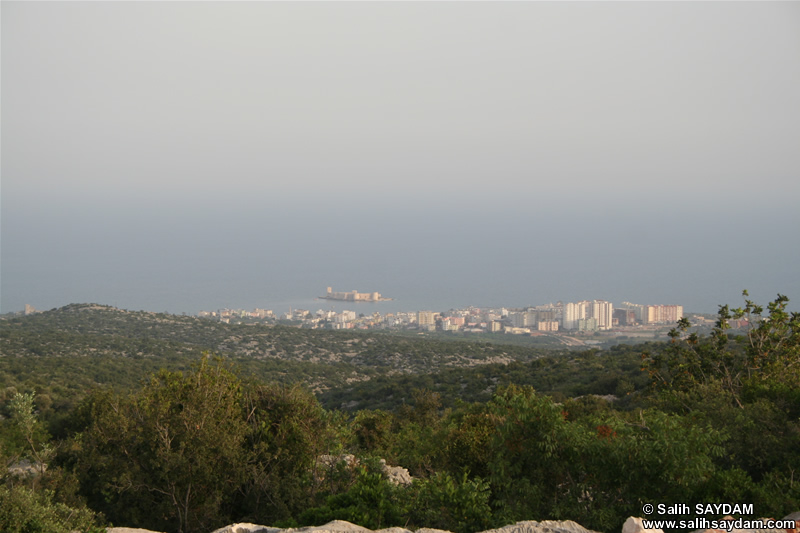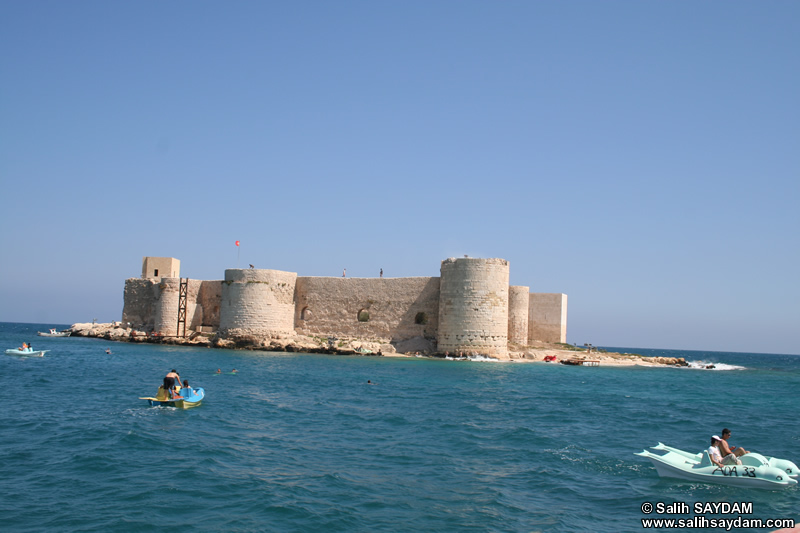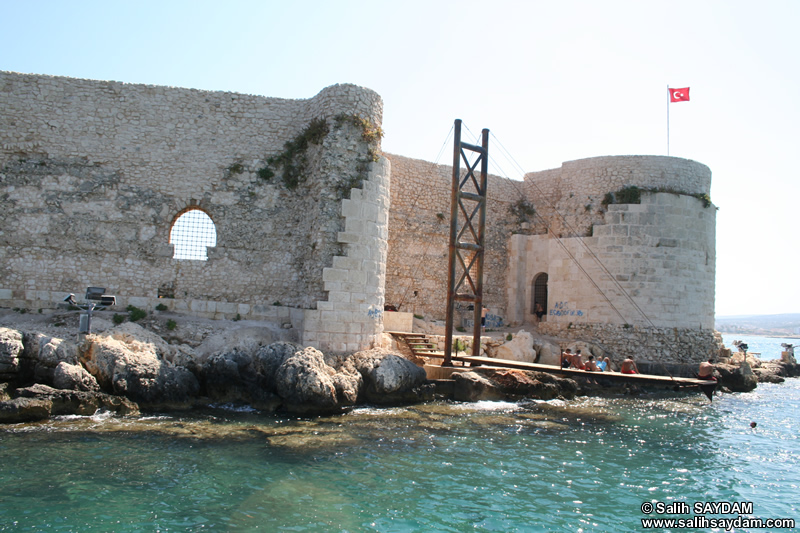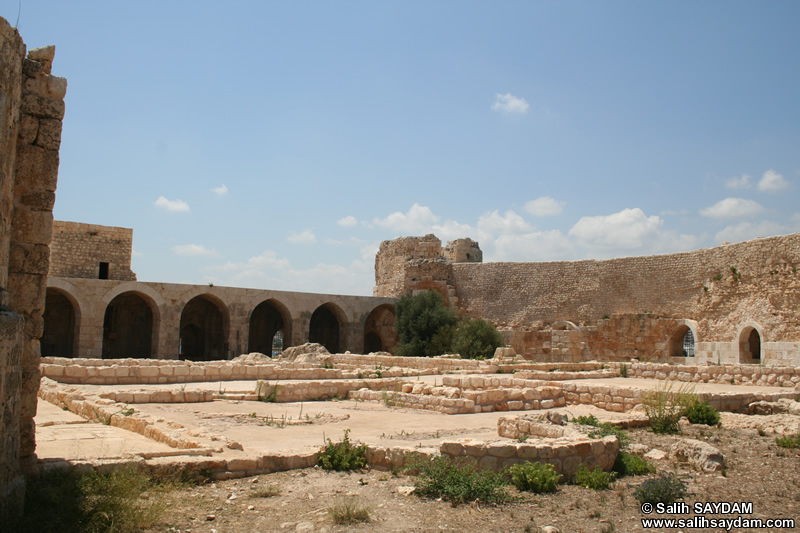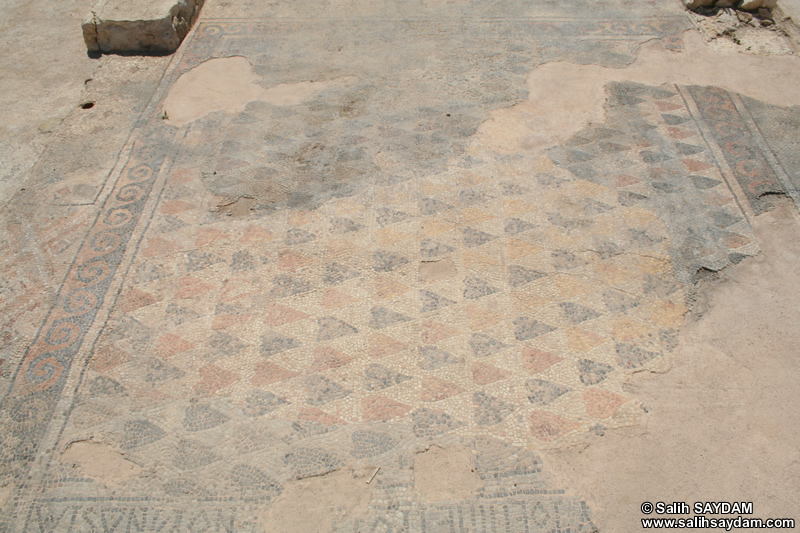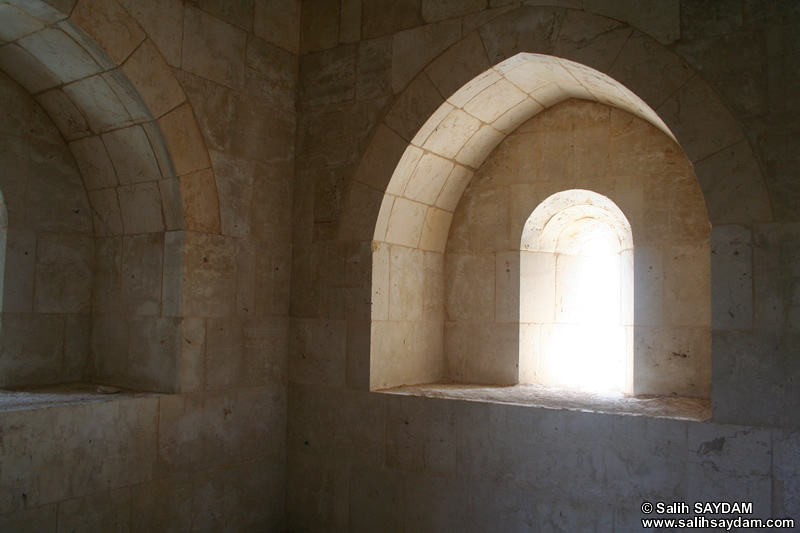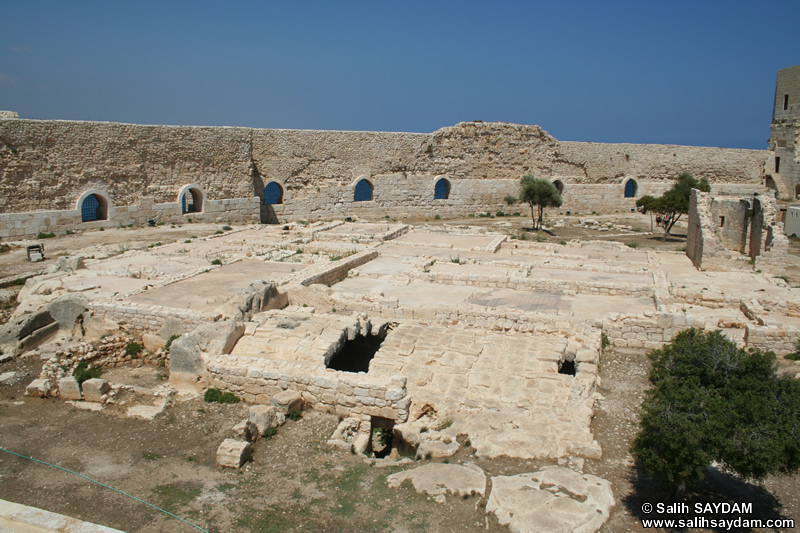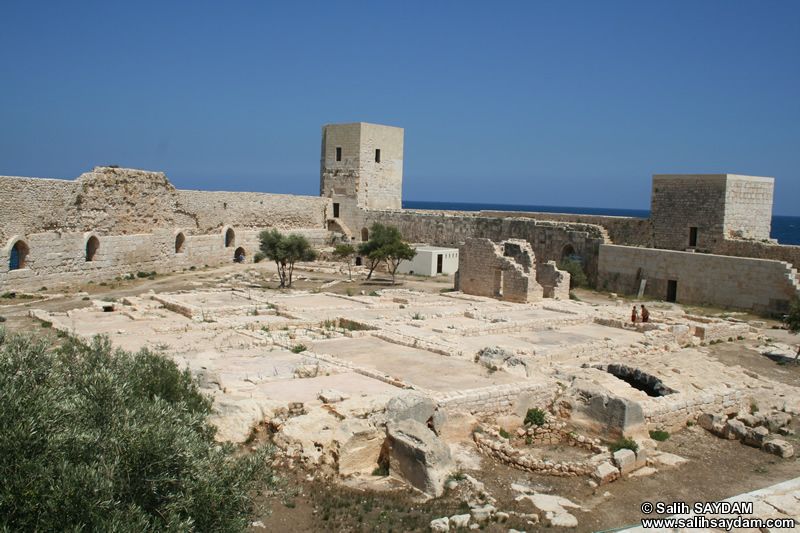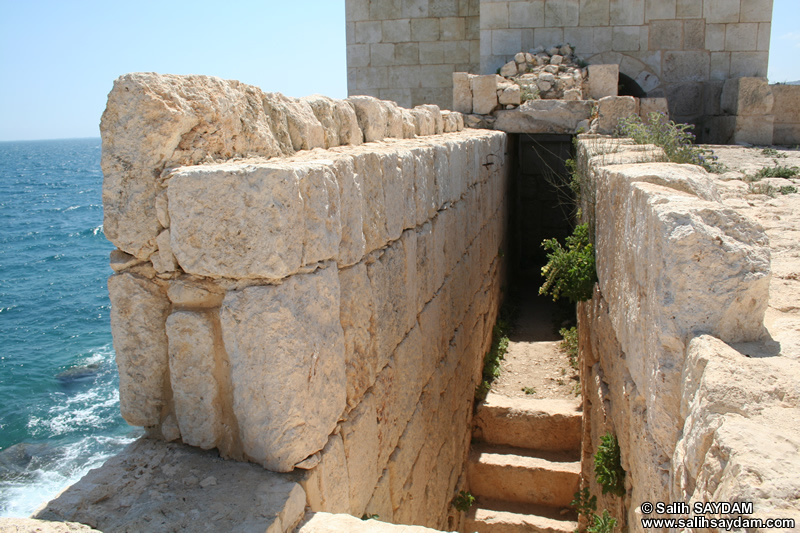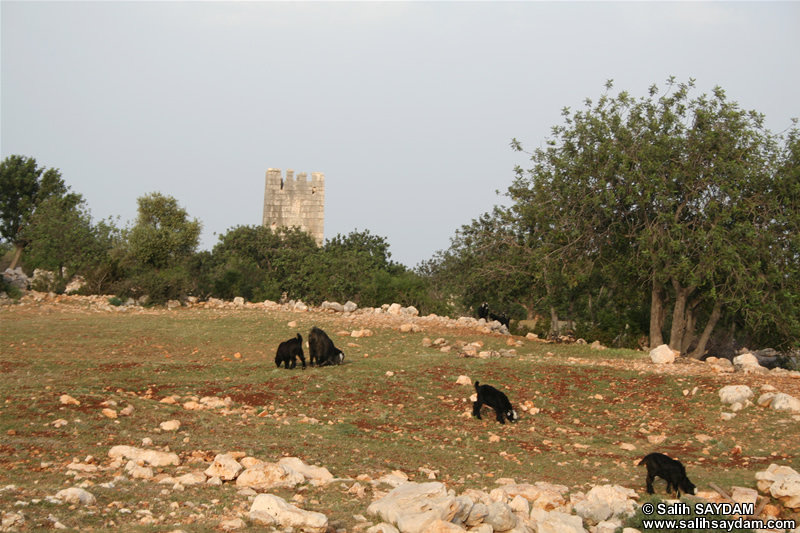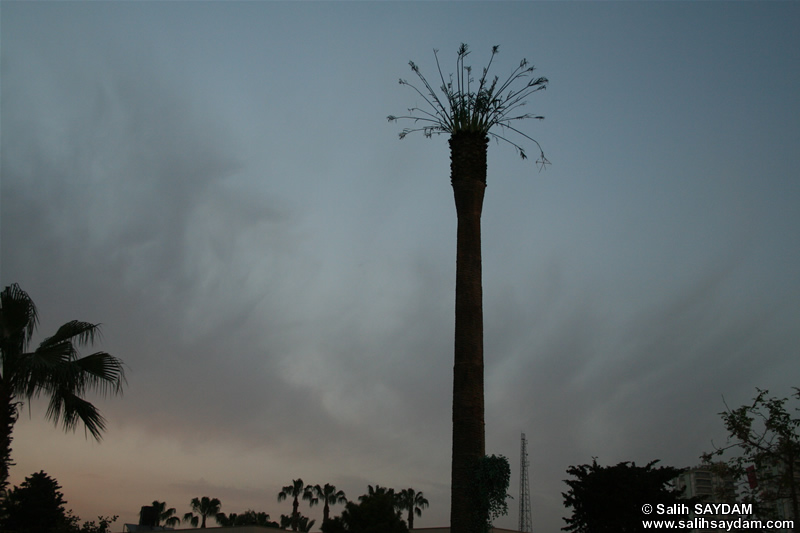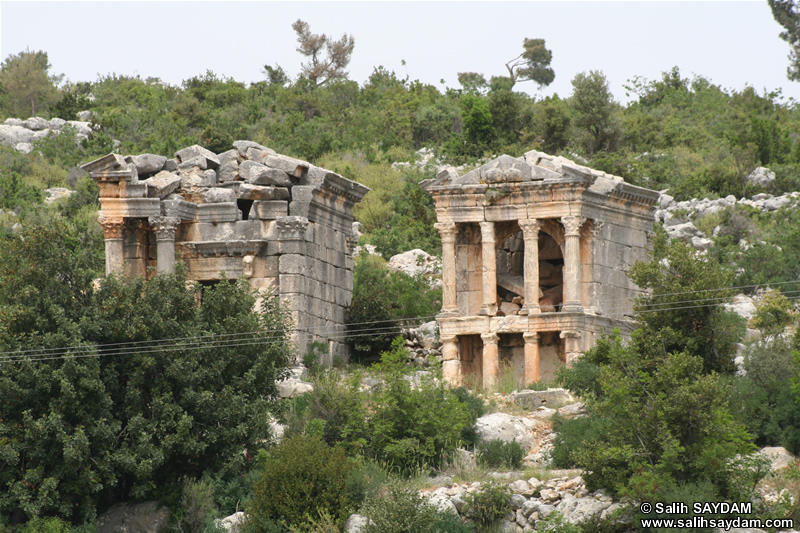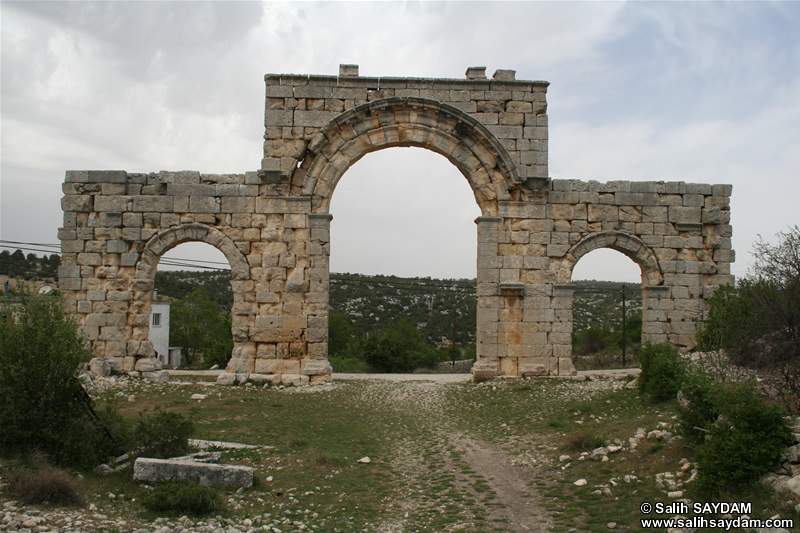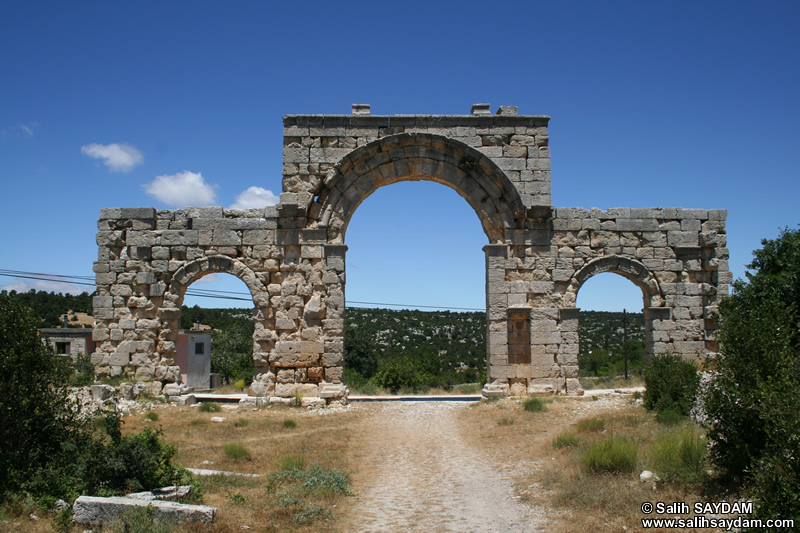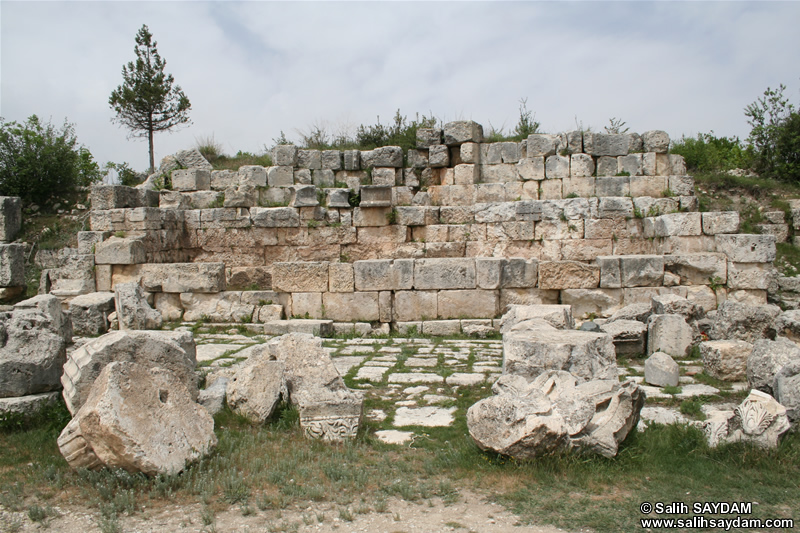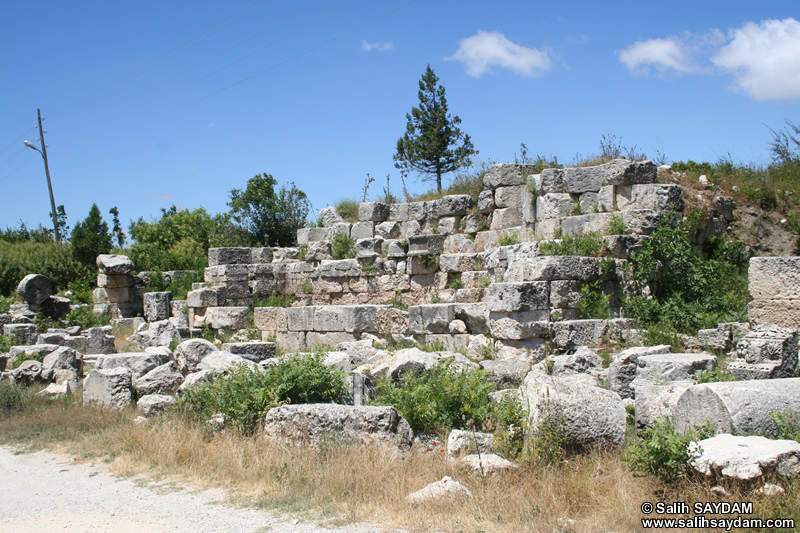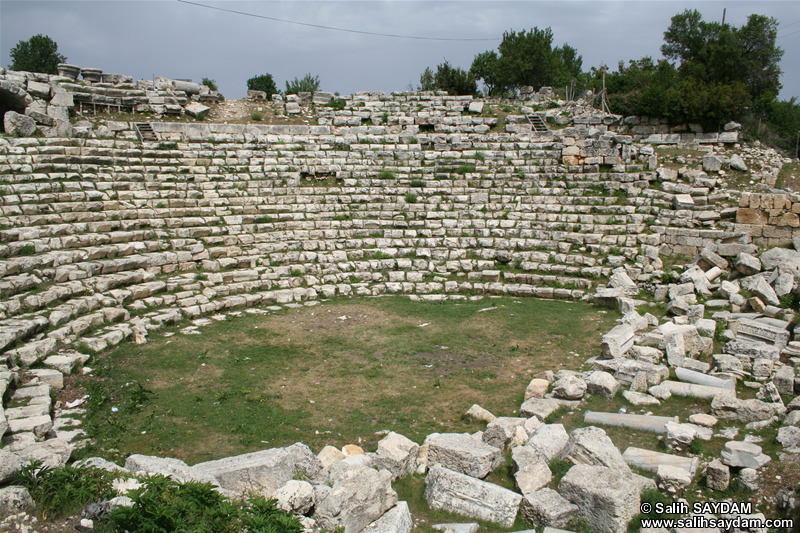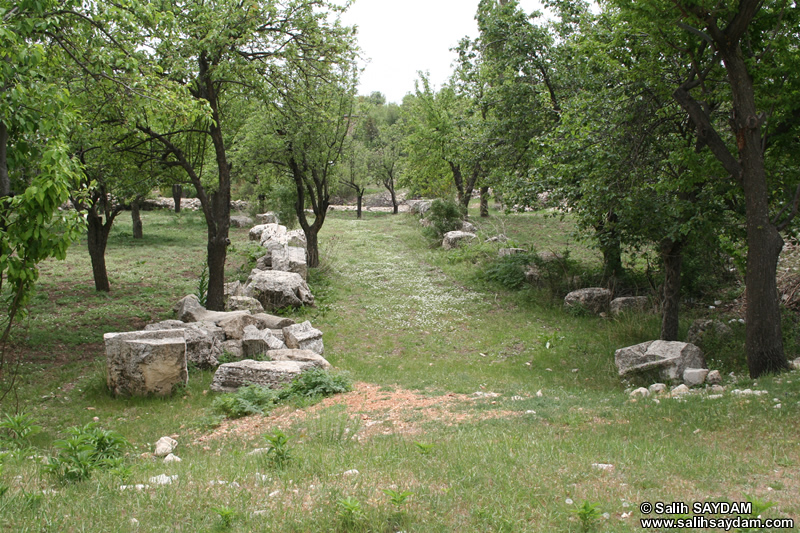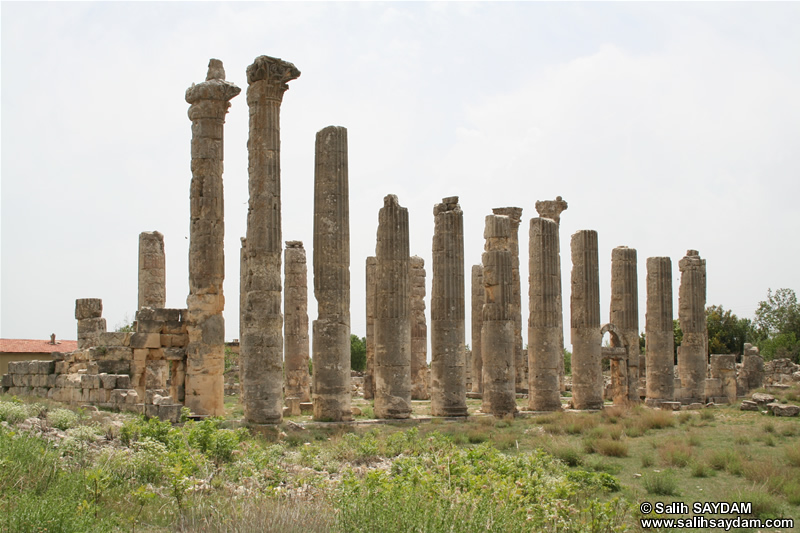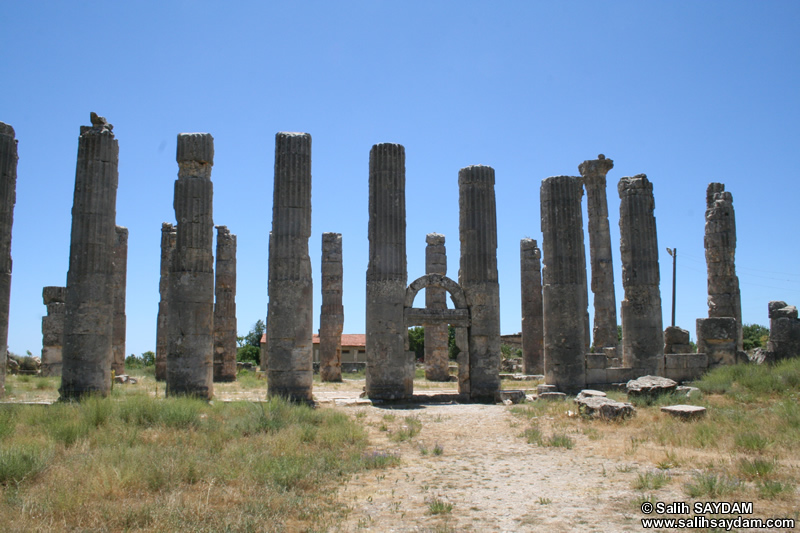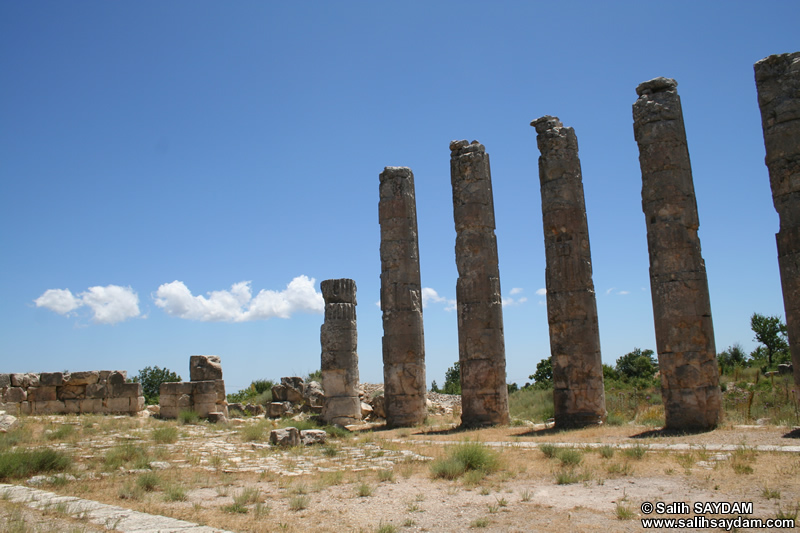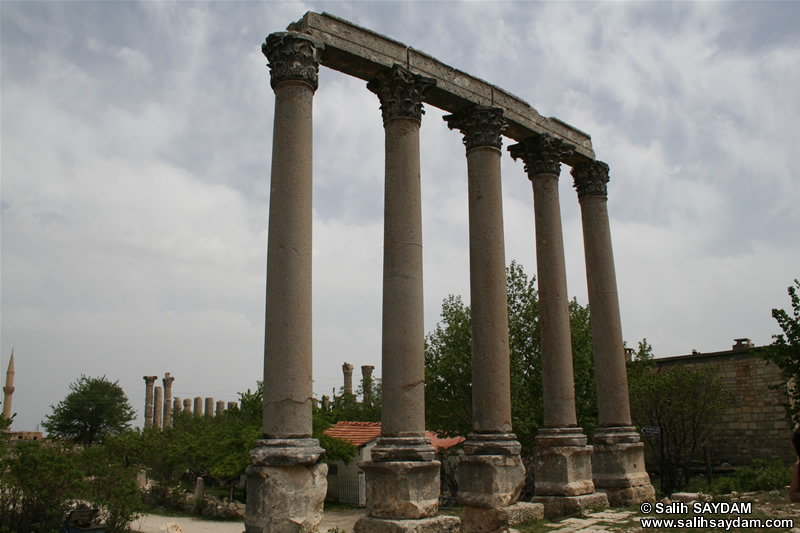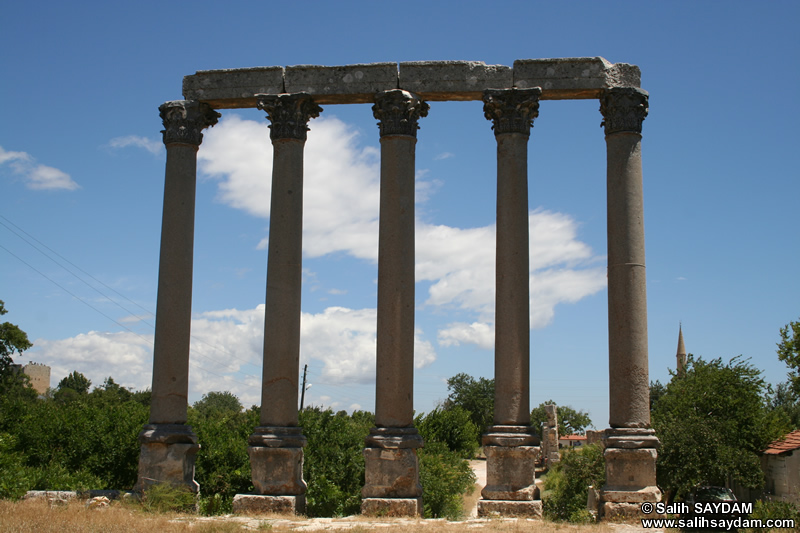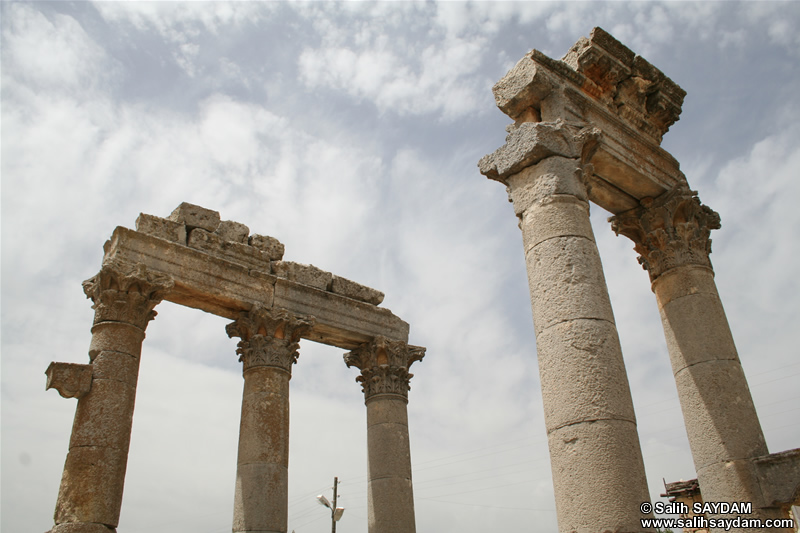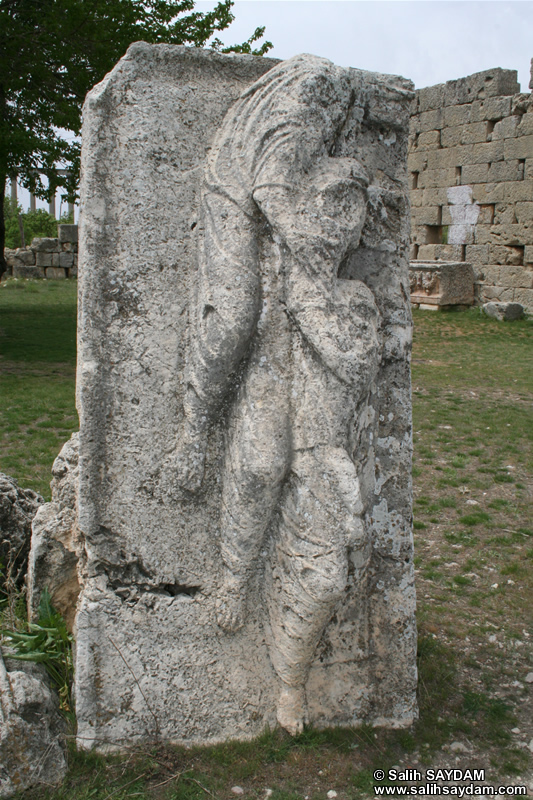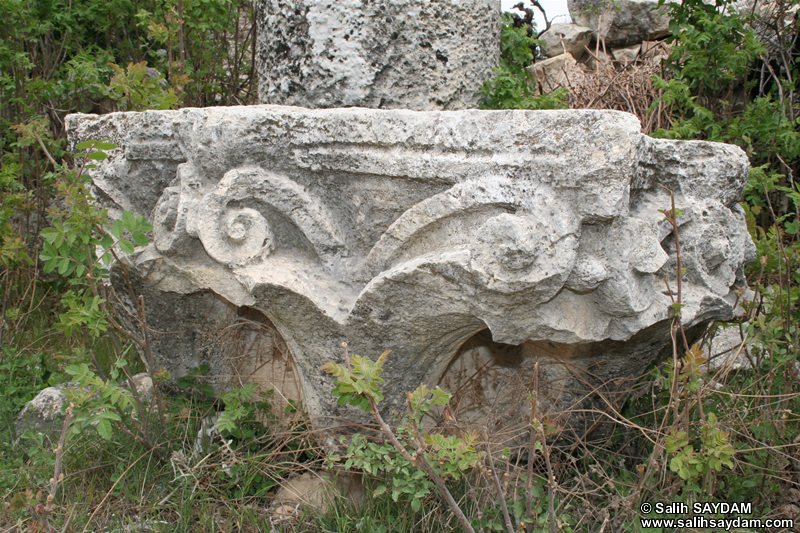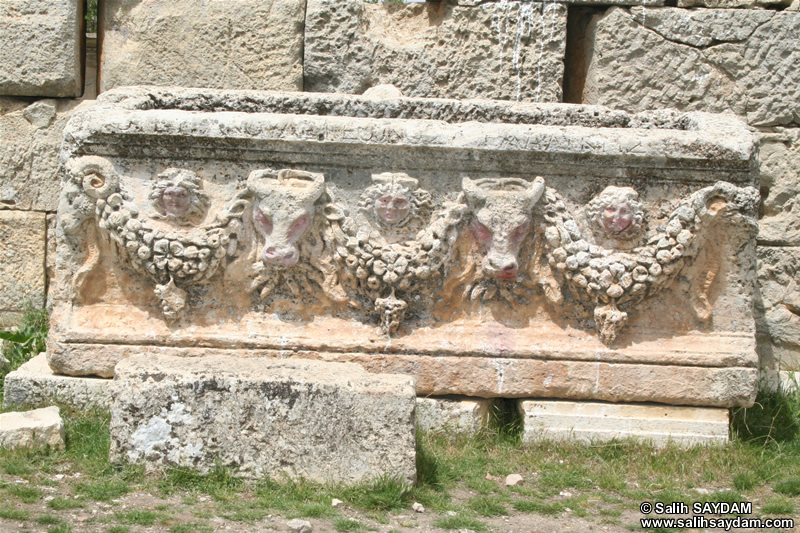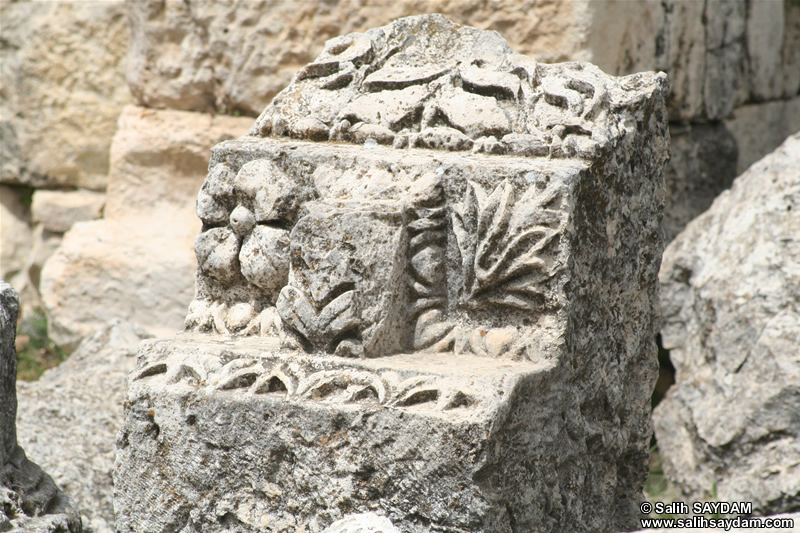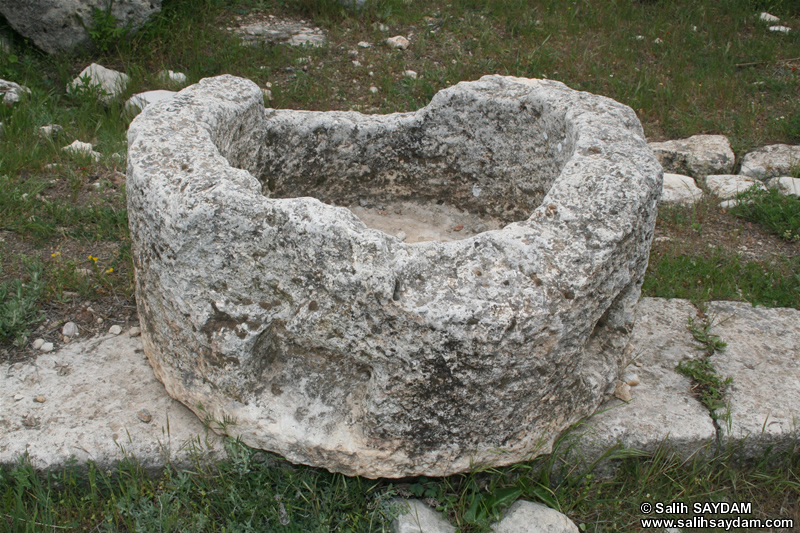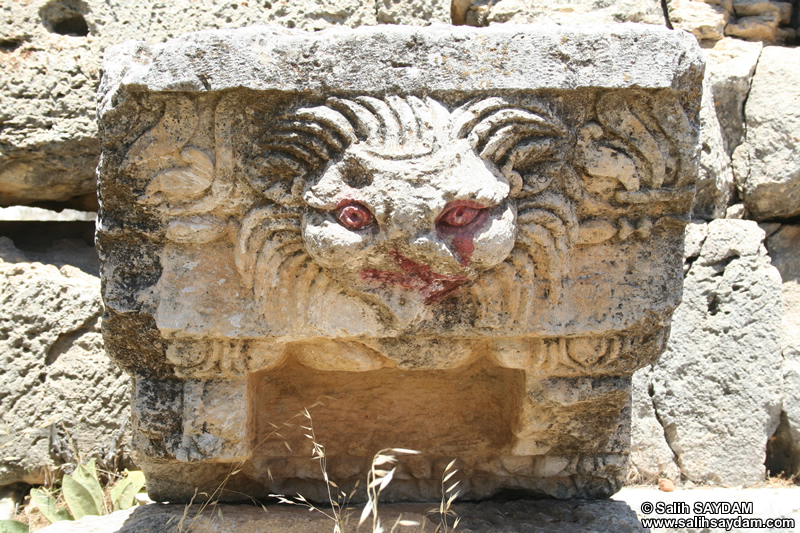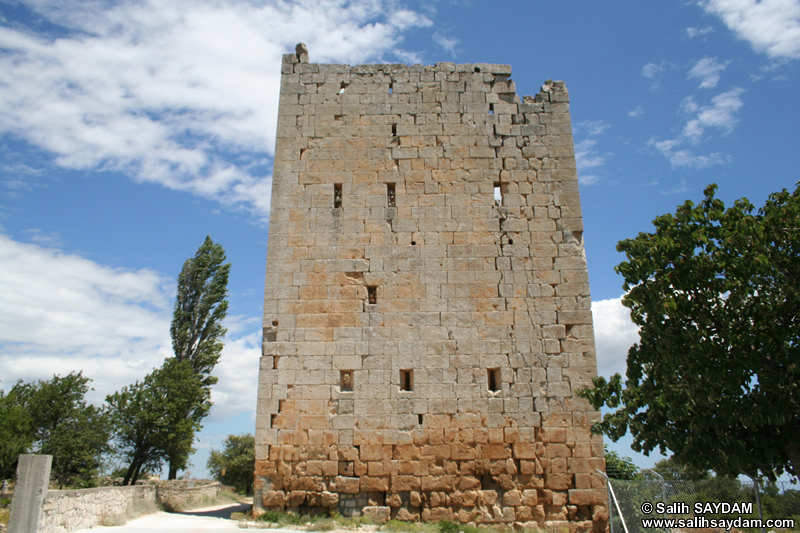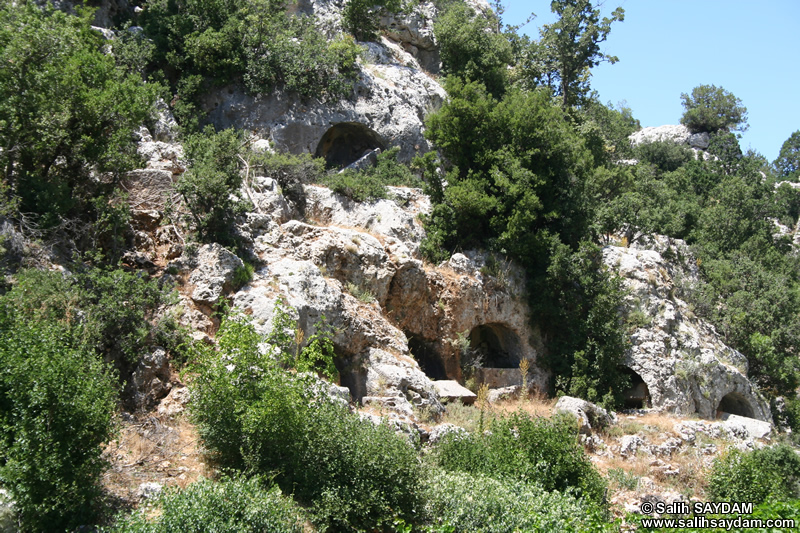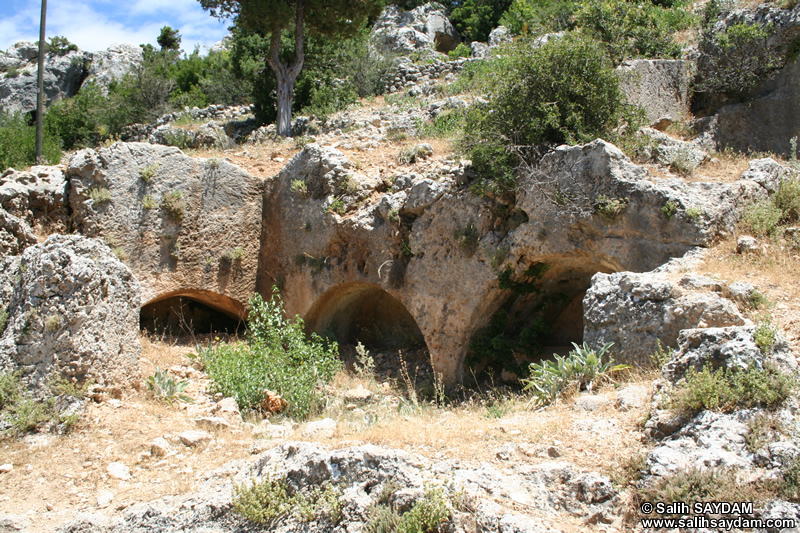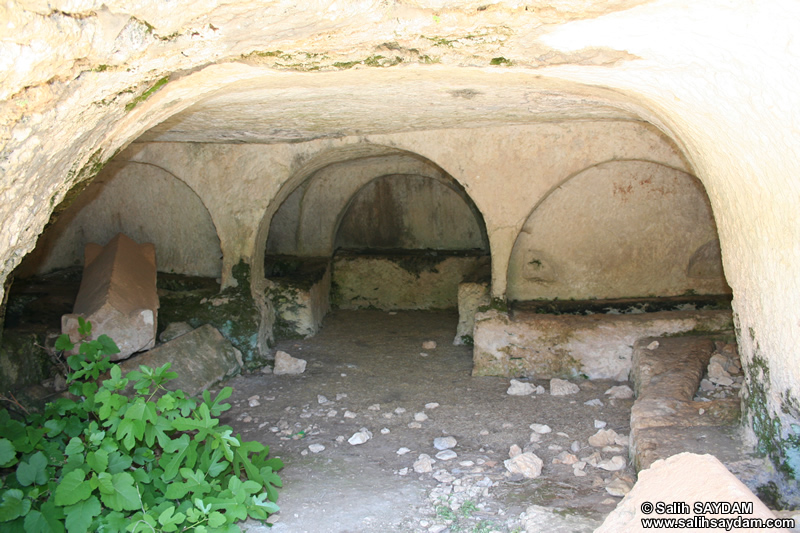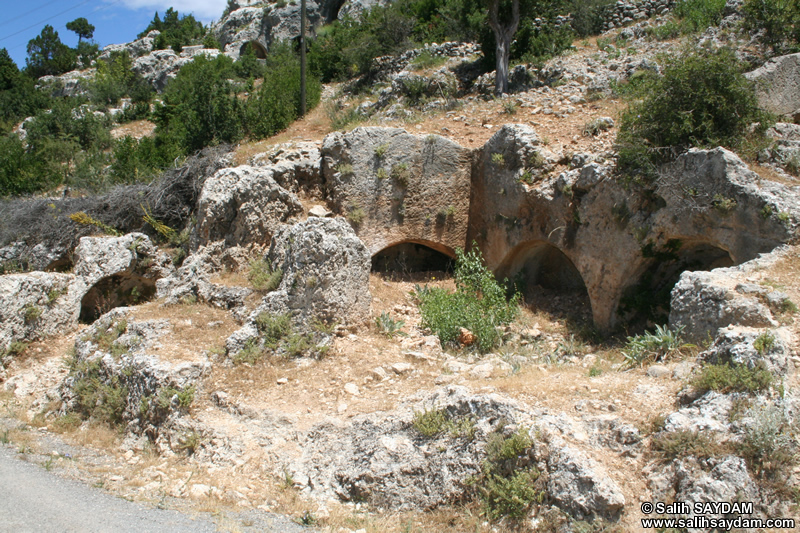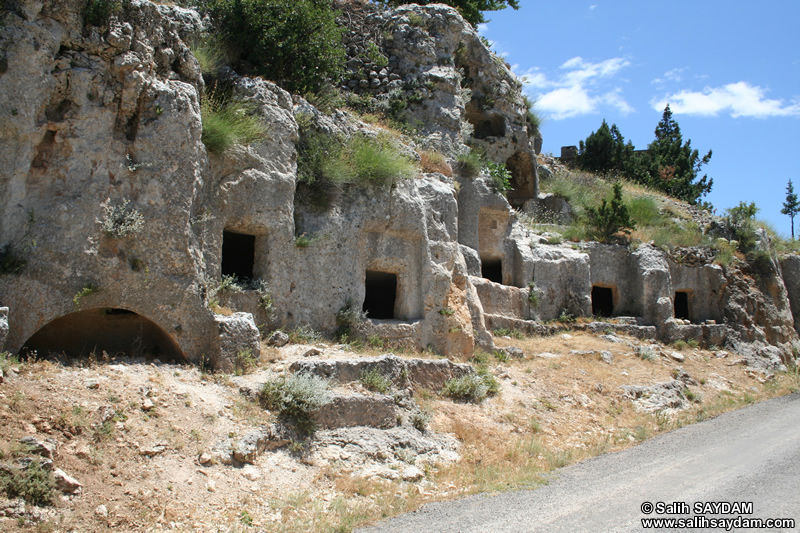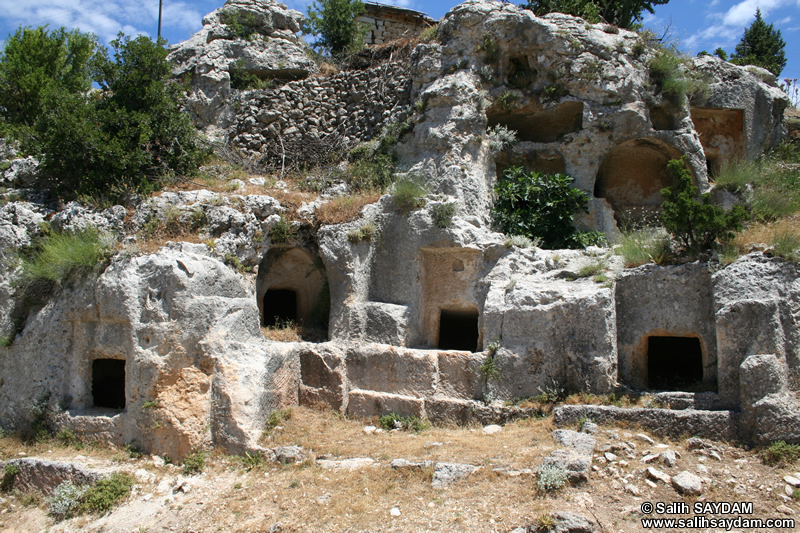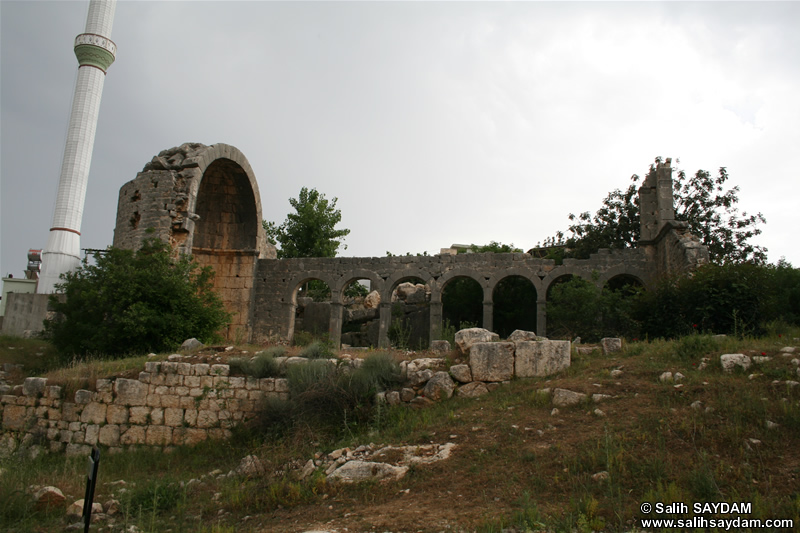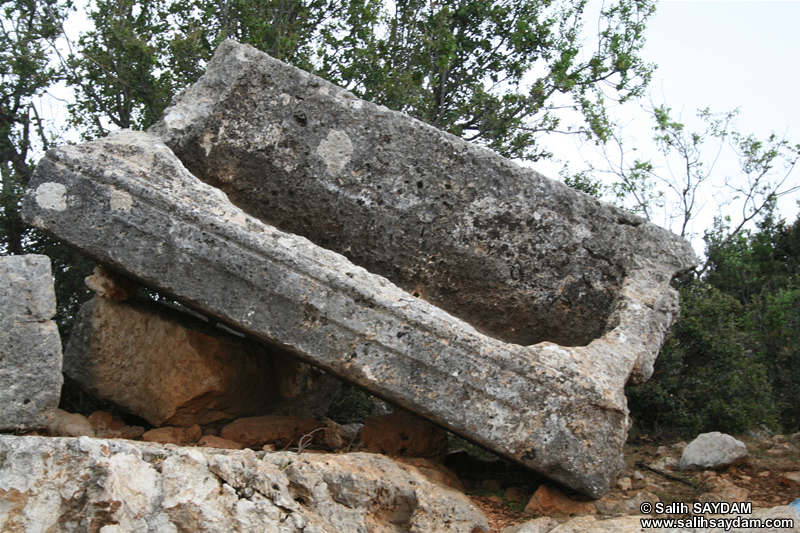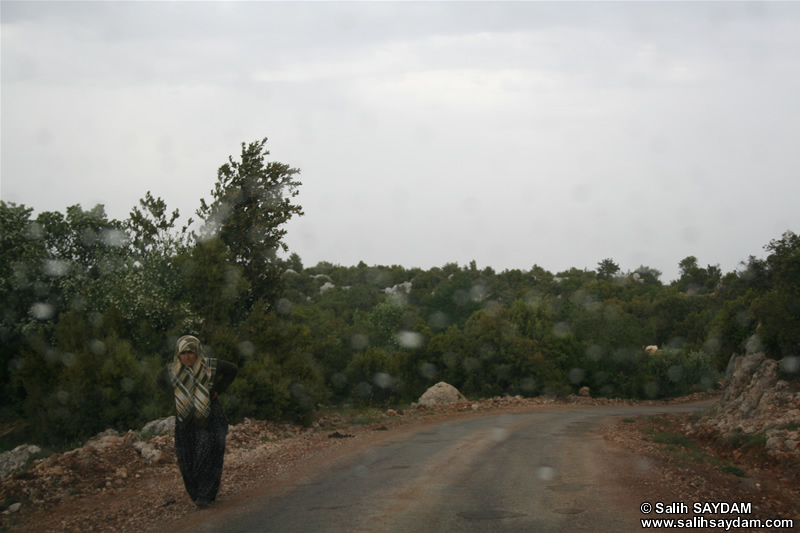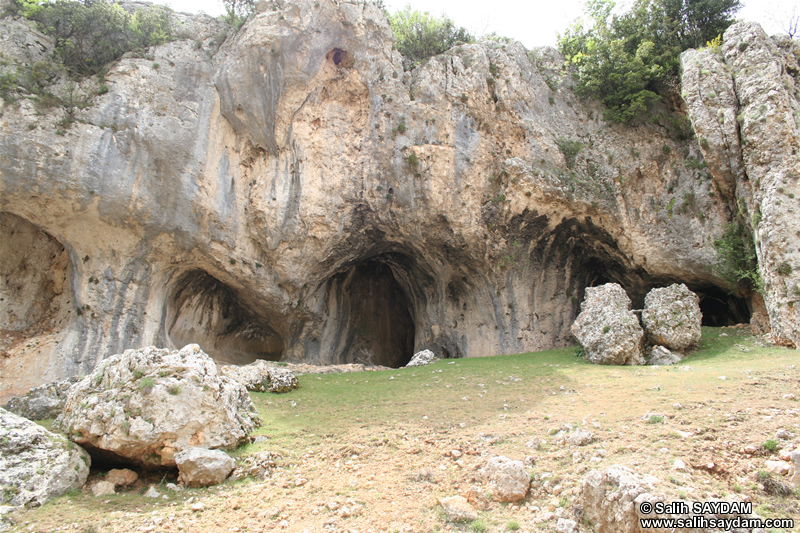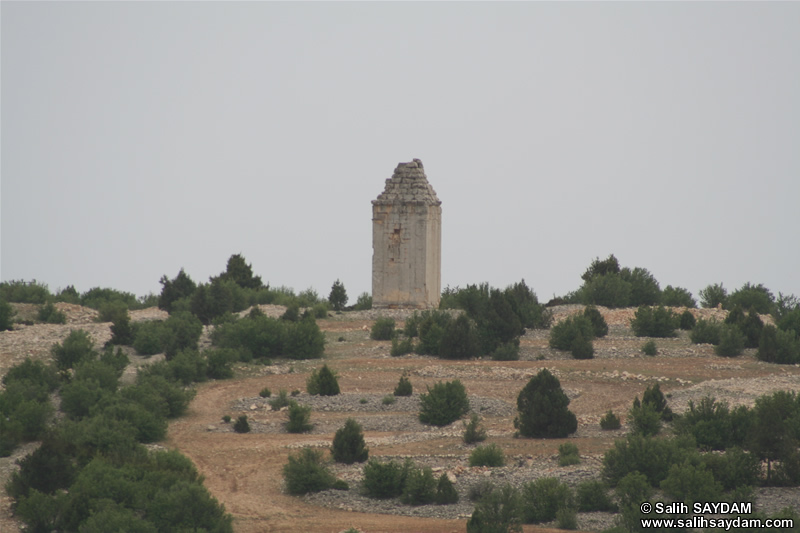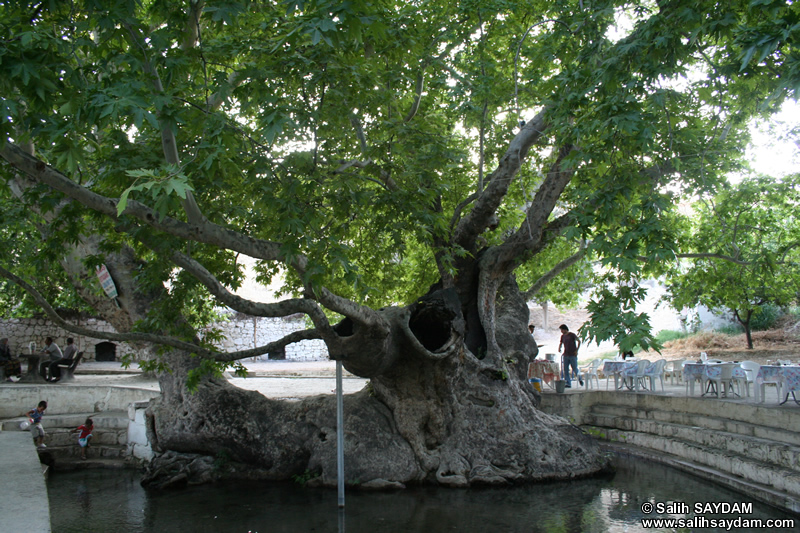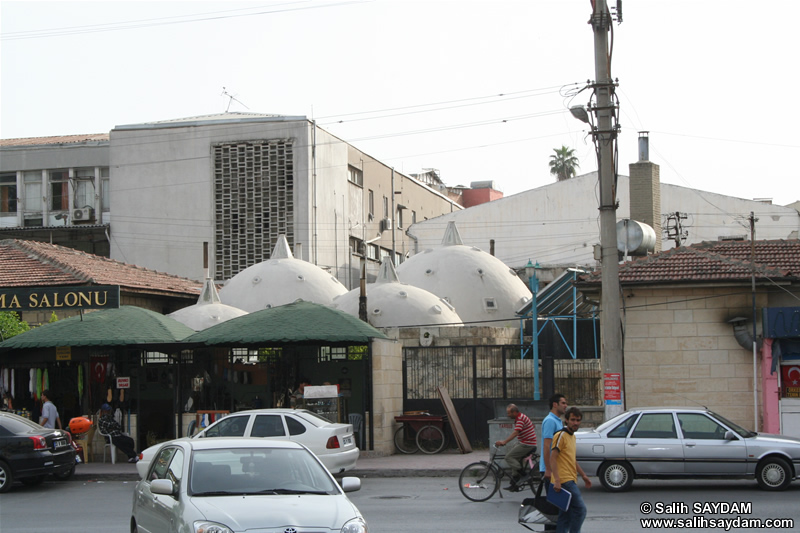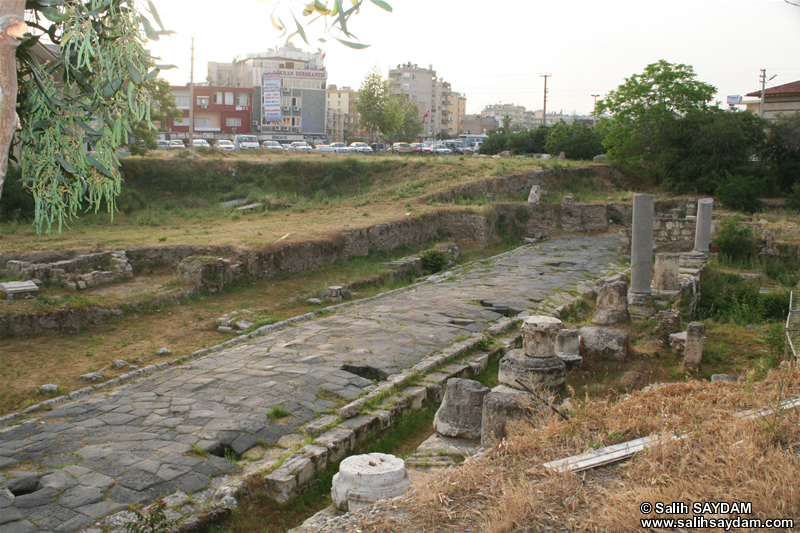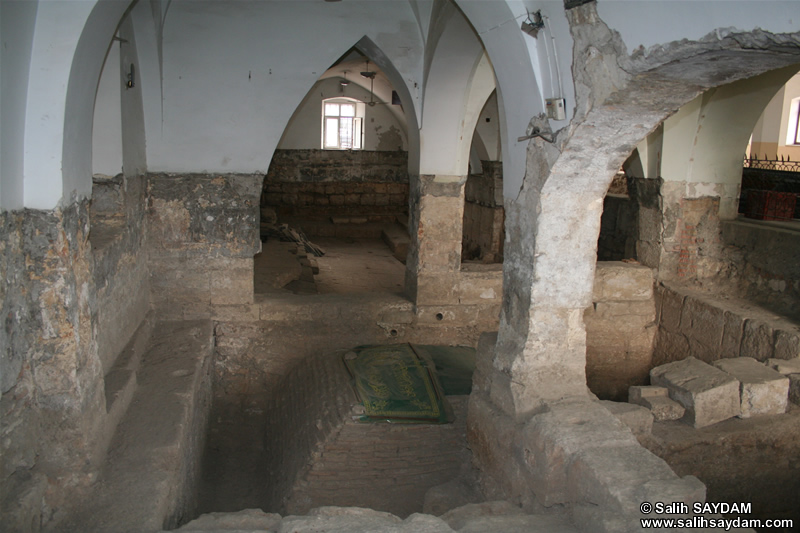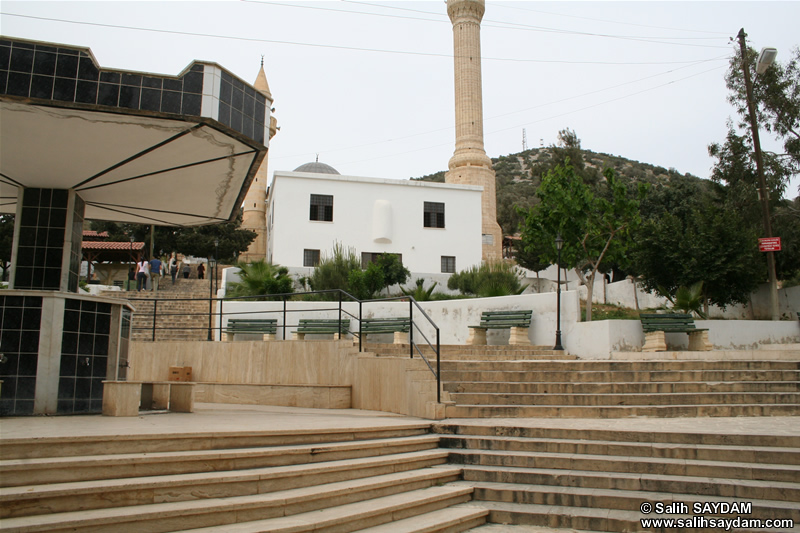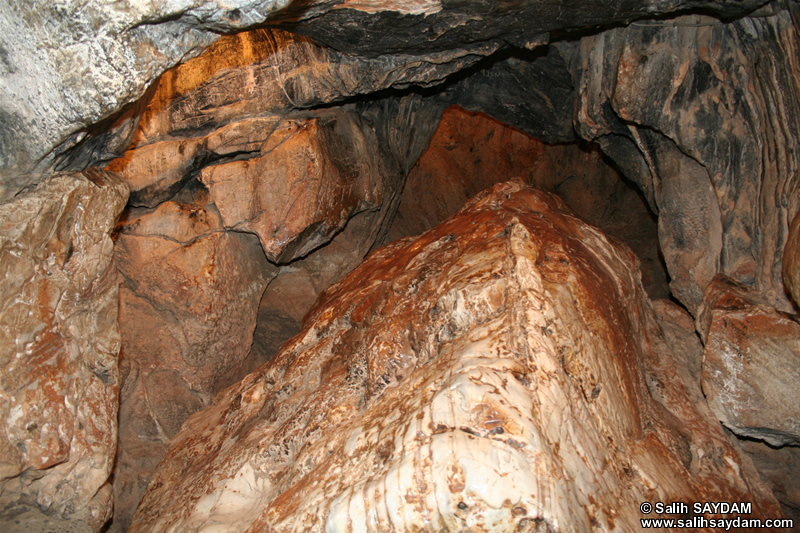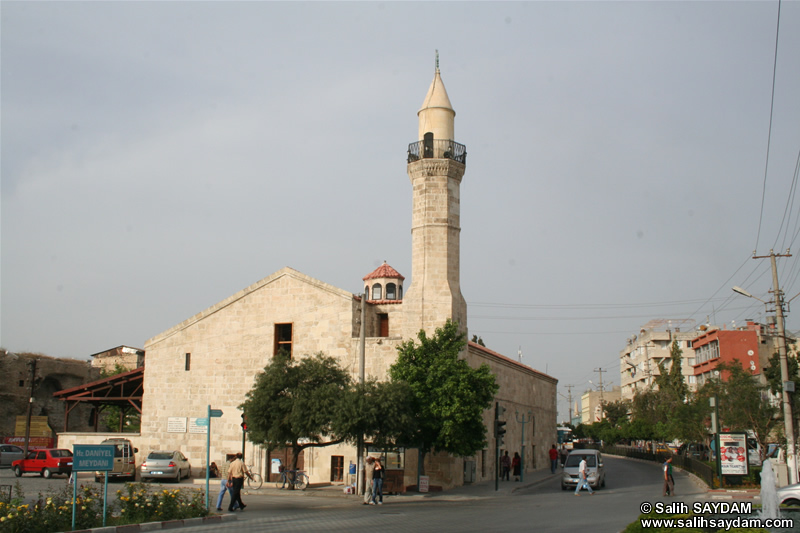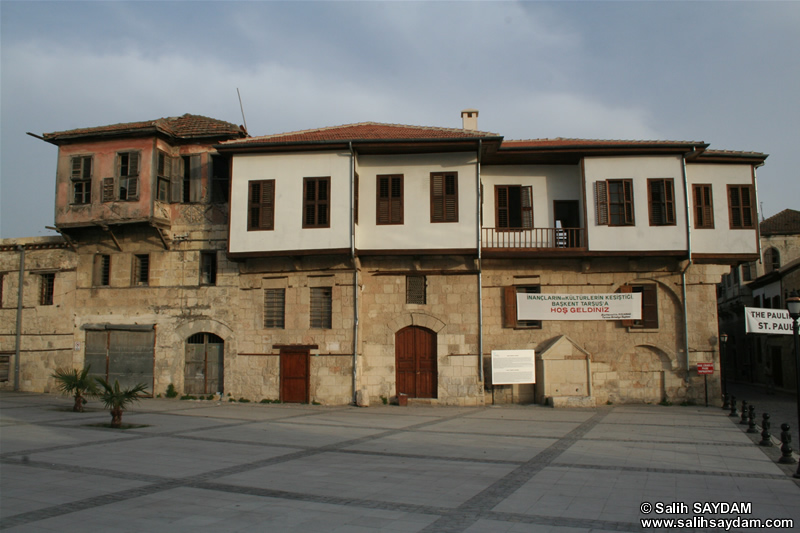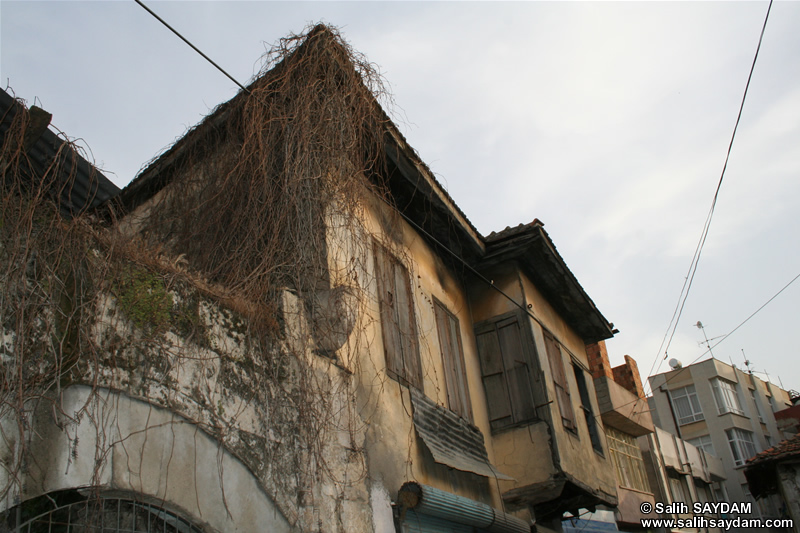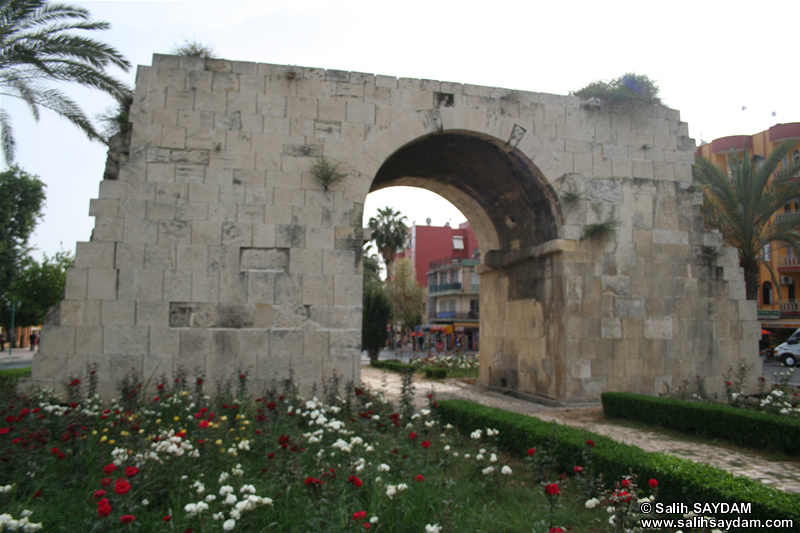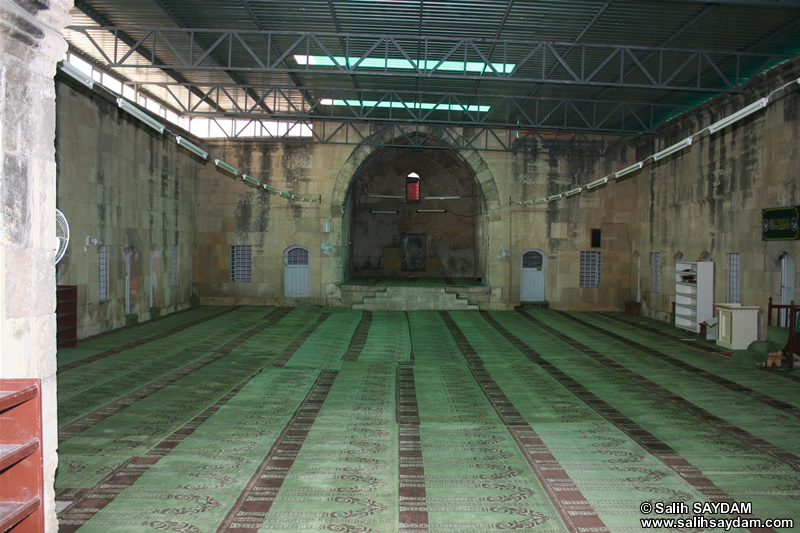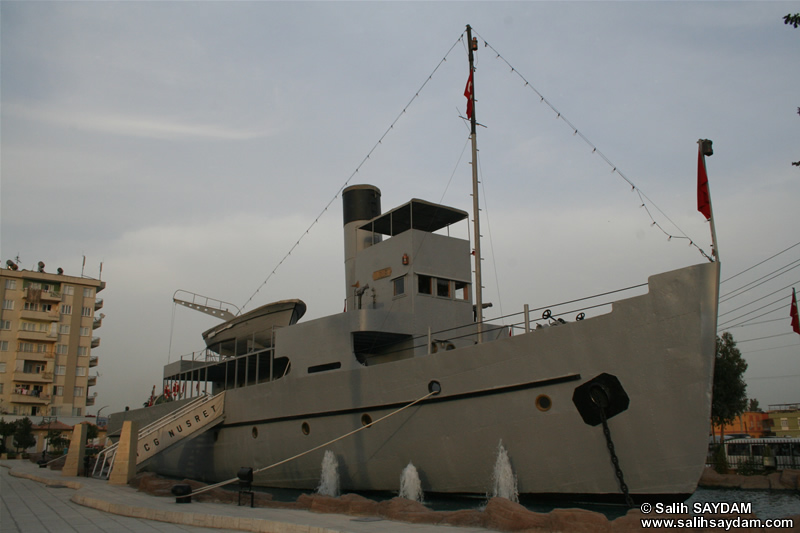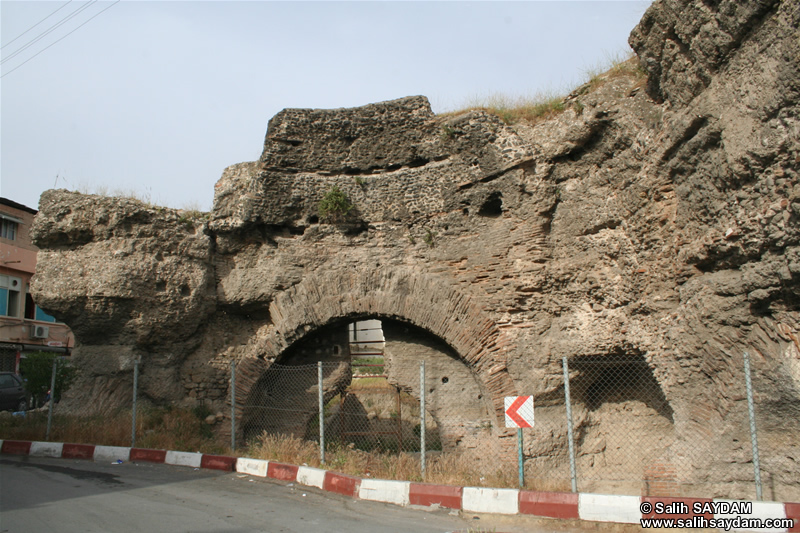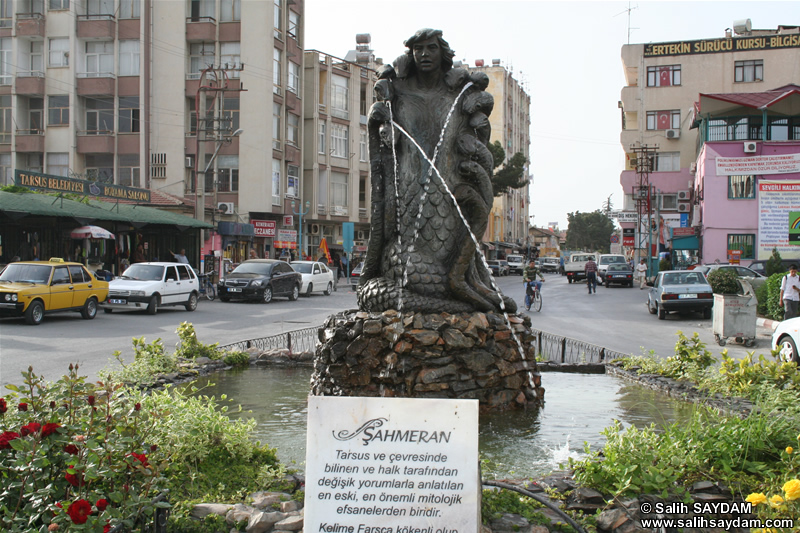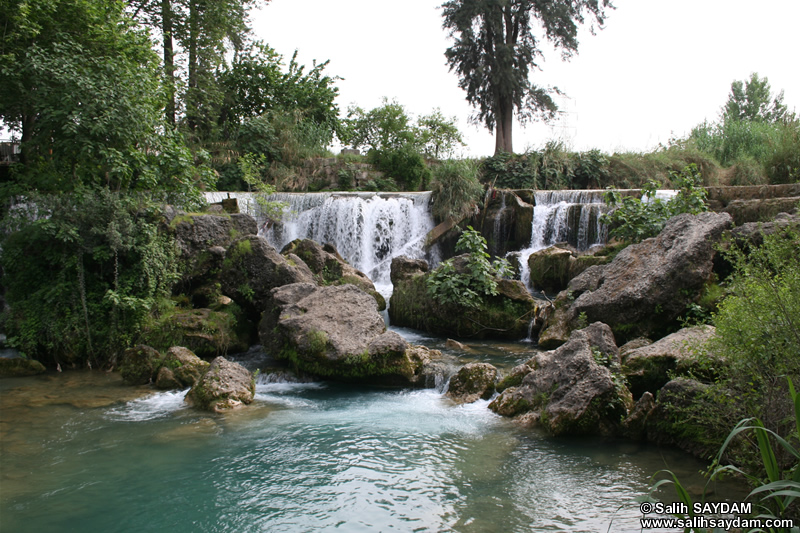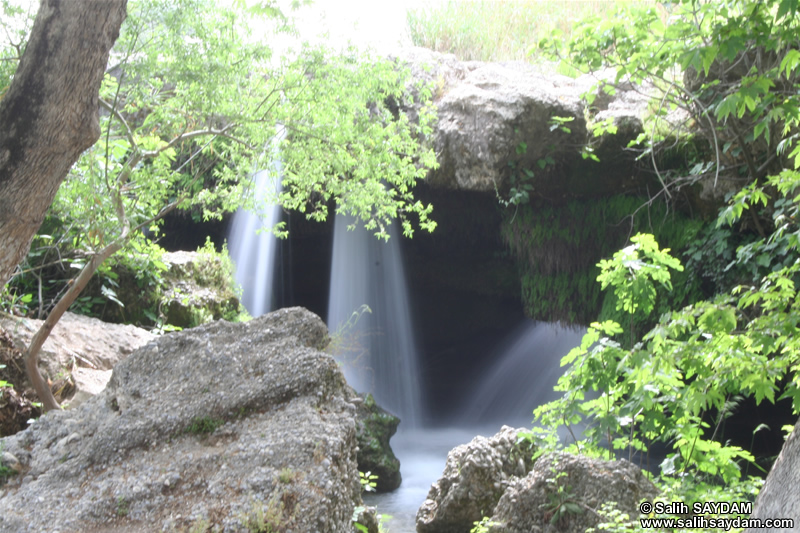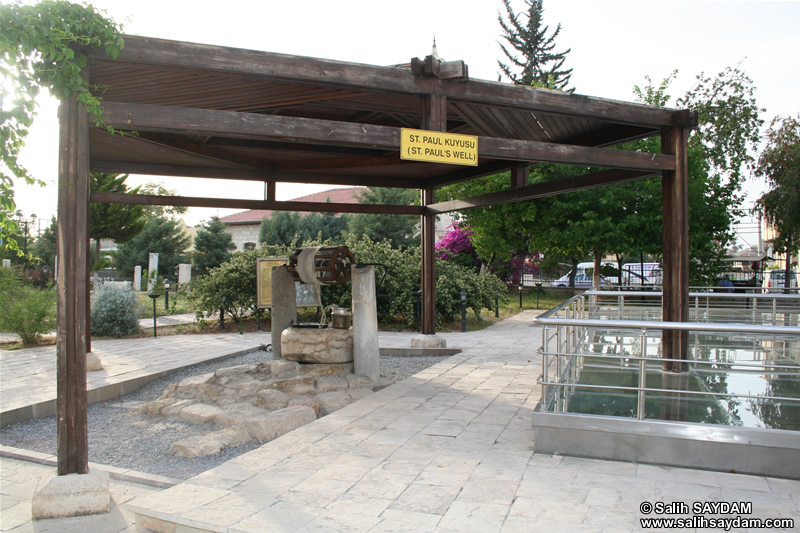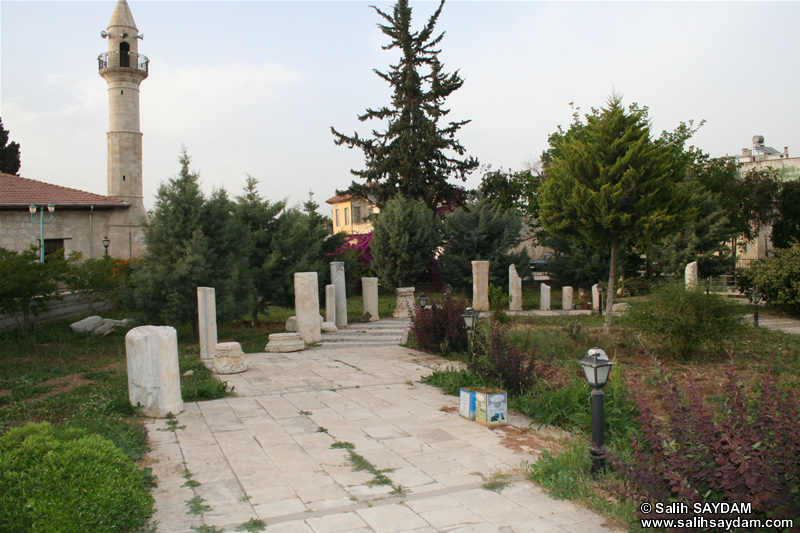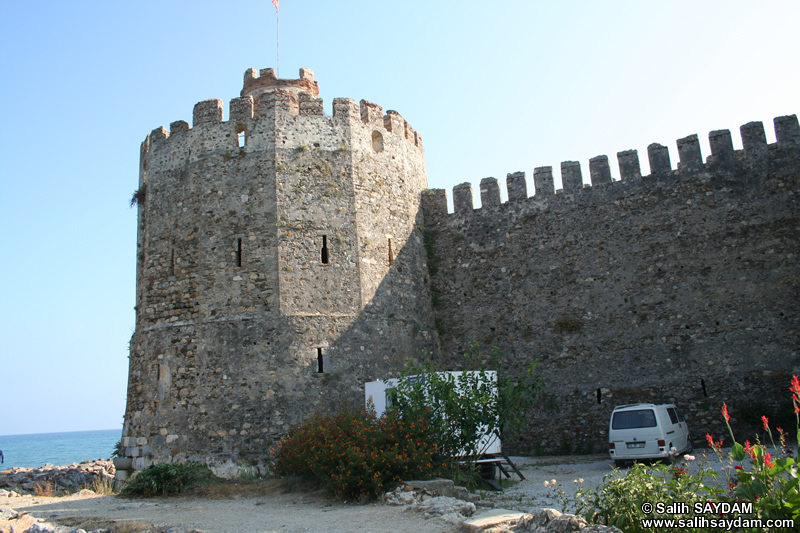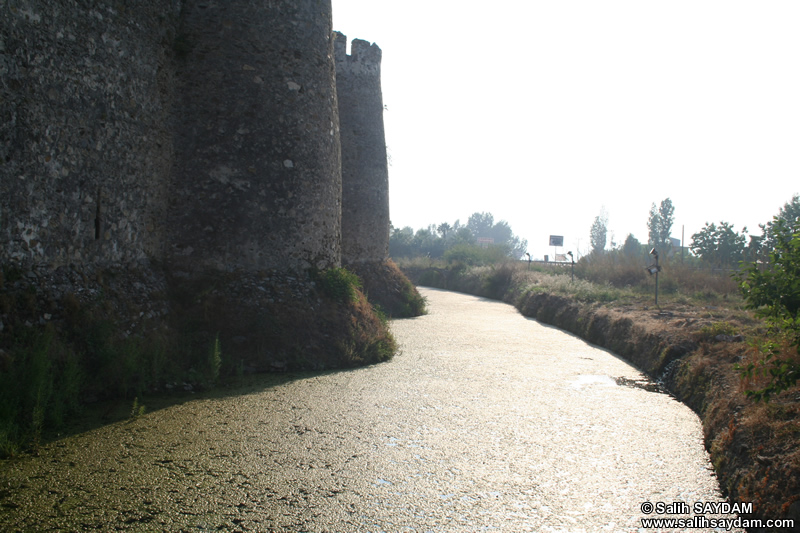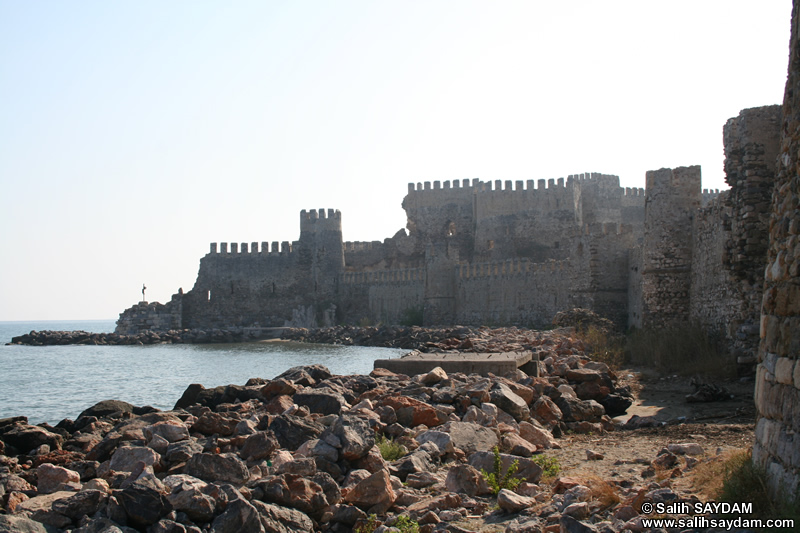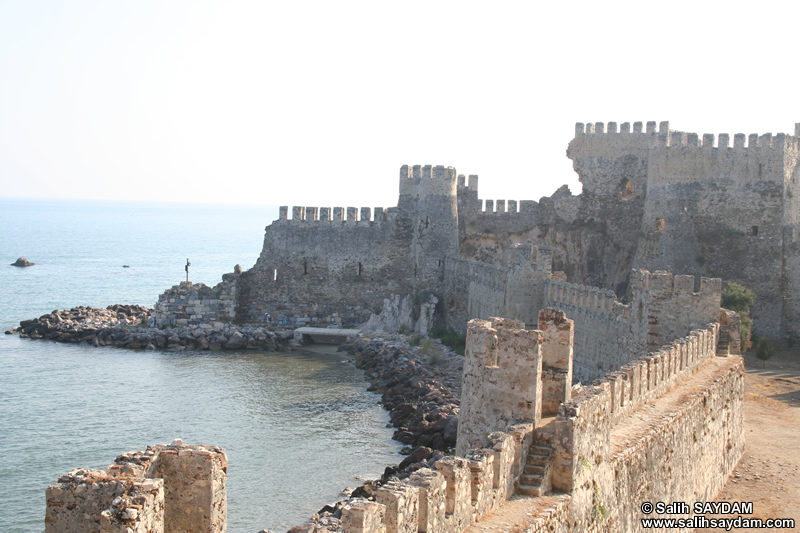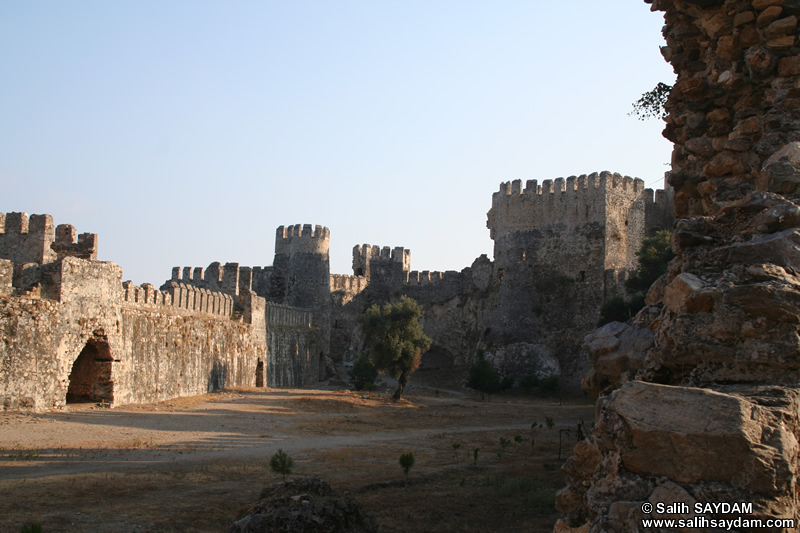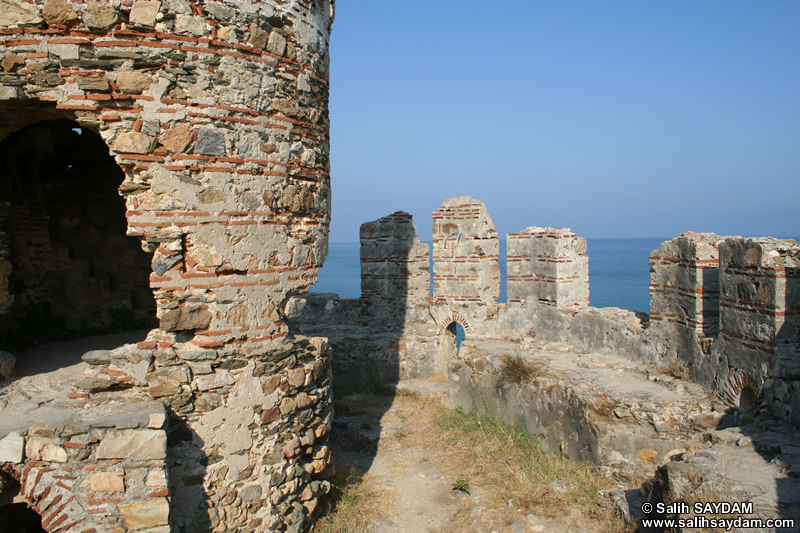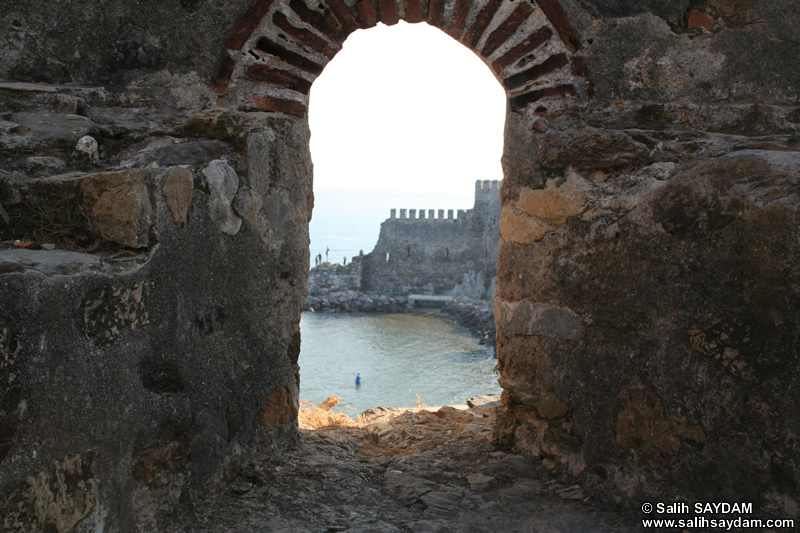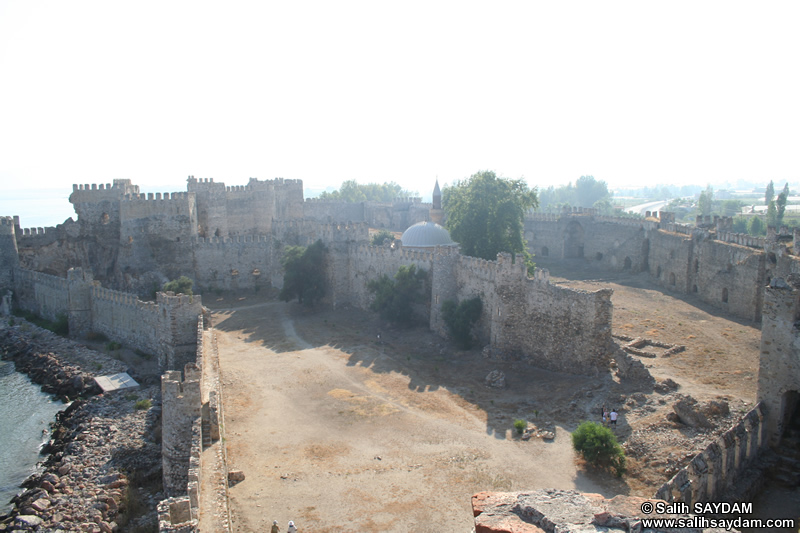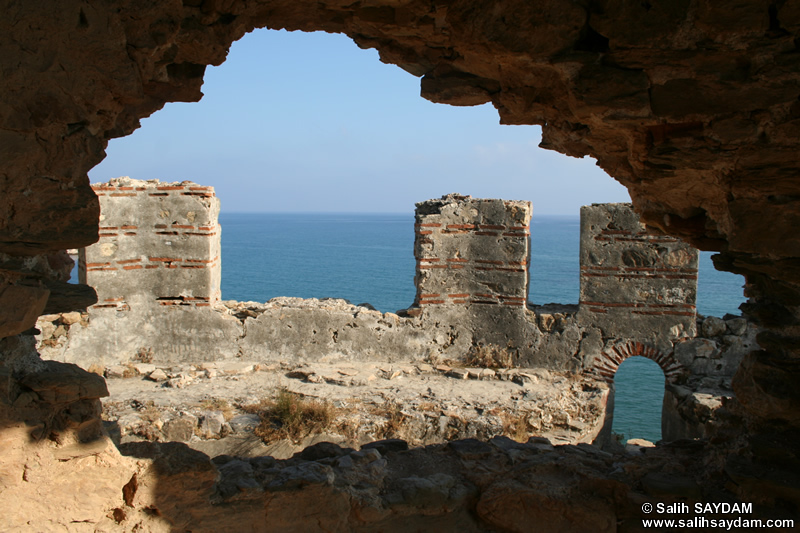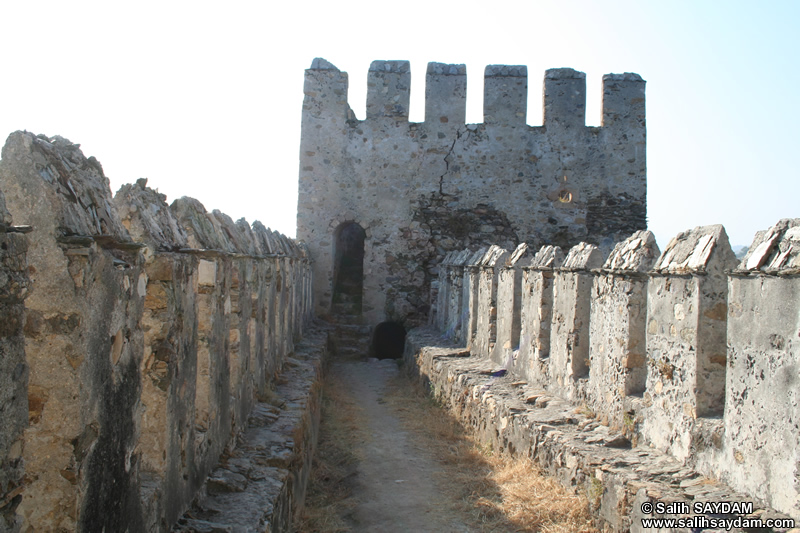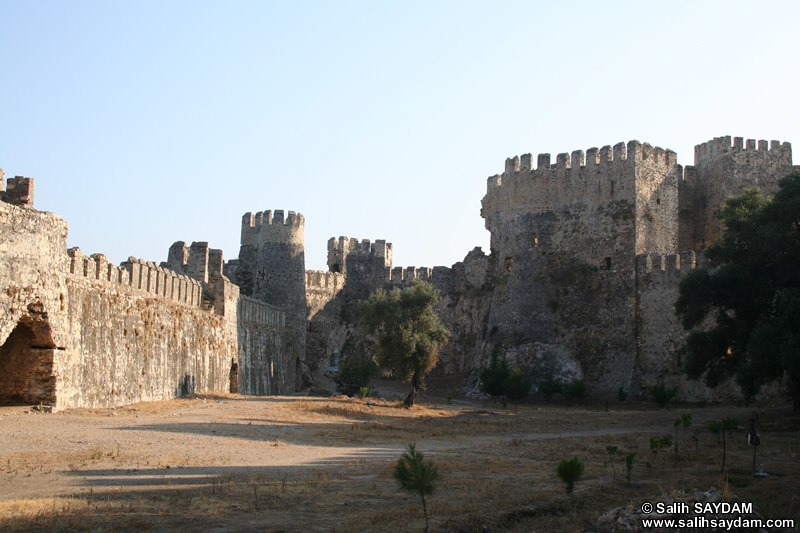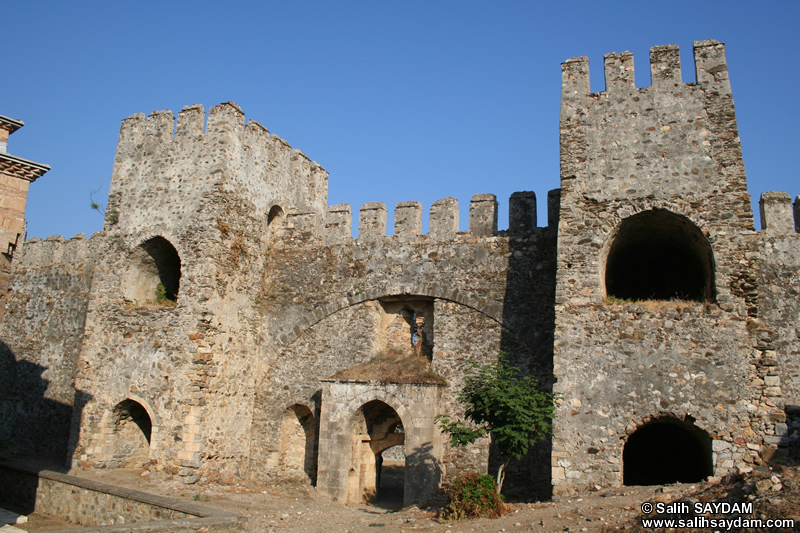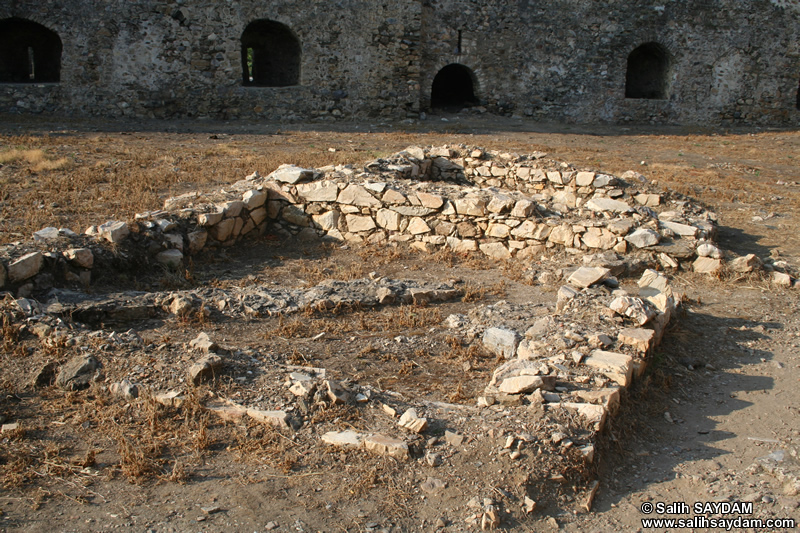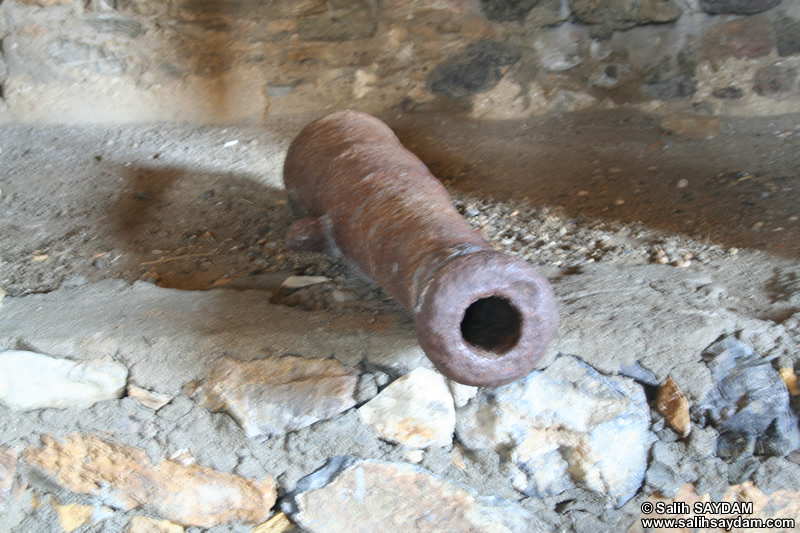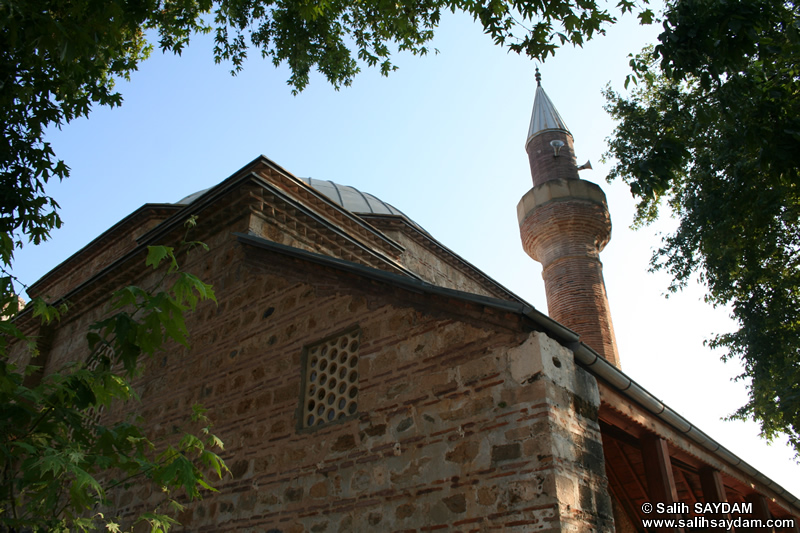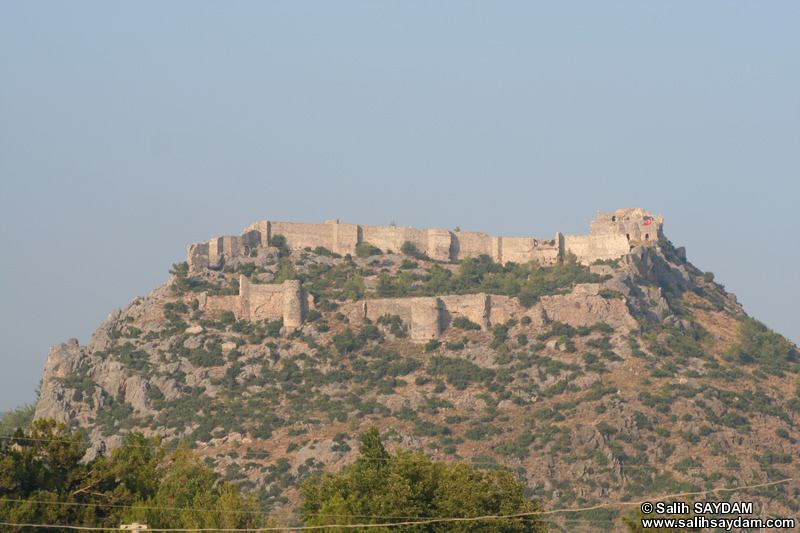|
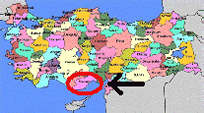 |
MERSIN (ICEL) PHOTO GALLERIES |
| Silifke Photo Galleries |
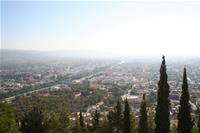 |
|
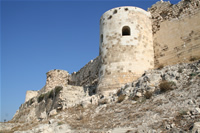 |
|
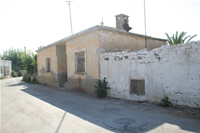 |
|
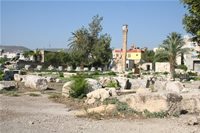 |
| The Roman Temple Photo Gallery |
| |
|
| Date |
: September 02, 2007 |
| Camera |
: Canon EOS 350D |
| Orginal Resolution |
: 3456 x 2304 pixel |
| Of the three Roman Temples that one existed in Seleucia, this is the only one which has survived to the present. The temple which is in the peripteros plan, stands on a podium. The fluted columns and the column bases in the south are in situ. The temple dates from the 2nd century A.D., but was transformed in to a christian basilica in the 5th century. (Source: The Governorship of Silifke) |
|
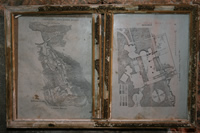 |
|
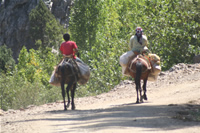 |
|
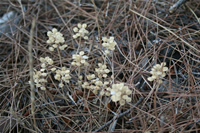 |
|
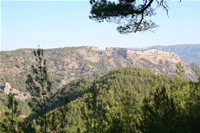 |
|
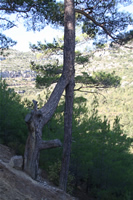 |
|
| Astim (Dilek) Cave Photo Galleries |
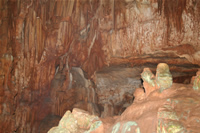 |
|
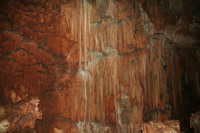 |
|
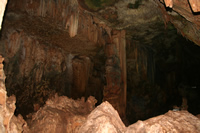 |
|
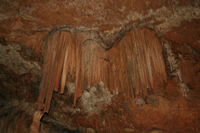 |
|
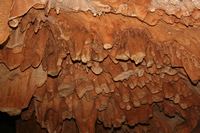 |
|
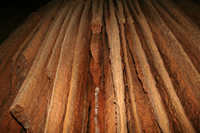 |
|
| Cennet Cehennem Photo Galleries |
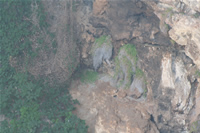 |
| The Pit of Hell Photo Gallery 1 |
| |
|
| Date |
: September 02, 2007 |
| Camera |
: Canon EOS 350D |
| Orginal Resolution |
: 3456 x 2304 pixel |
| According to the Mythologie, after defeating Typhon in a fight here, Zeus, The Father of the Gods, kept temporaryly the hundred-headed, fire-breathing monster Typhon in this pit before imprisoning him in the depths of Mount Etna for eternity. The pit is 50m in diameter across the top and 128m at its deepest point. (Source: The Governorship of Silifke) |
|
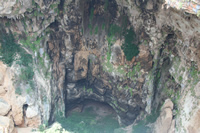 |
|
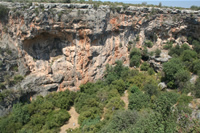 |
| The Chasm of Heaven Photo Gallery 1 |
| |
|
| Date |
: September 02, 2007 |
| Camera |
: Canon EOS 350D |
| Orginal Resolution |
: 3456 x 2304 pixel |
| The Chasm of Heaven, the largest chasm of the Corycian Caves, 250m long, 110m wide and 70m deep, was formed when the ceiling collapsed due to chemical erosion by an underground stream. A pathway with 452 steps, mostly ancient, leads you to the cave 260m long at he bottom of the chasm. The Chapel at the entrance of the cave was built by a religious man named Paulus in the Honour of Saint Mary in the 5th or 6th century A.D. (Source: The Governorship of Silifke) |
|
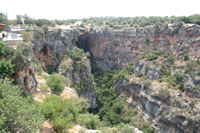 |
|
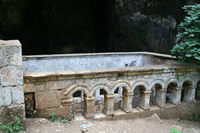 |
|
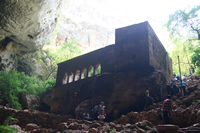 |
|
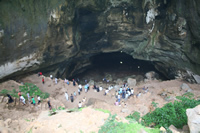 |
|
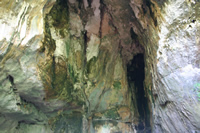 |
|
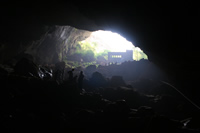 |
|
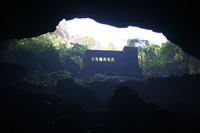 |
|
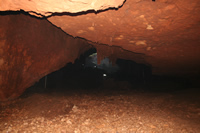 |
|
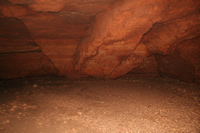 |
|

|

|
| Narlikuyu Akyar Photo Galleries |
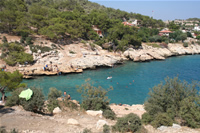 |
|
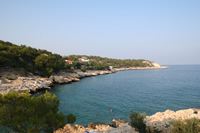 |
The pictures in this section were taken by my sweet daughter Dolunay. |
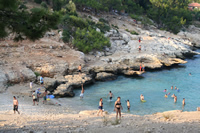 |
The pictures in this section were taken by my sweet daughter Dolunay. |
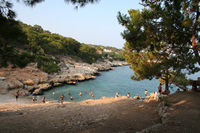 |
The pictures in this section were taken by my sweet daughter Dolunay. |
| The Roman Bath ve The Mosaic of Three Graces (Narlikuyu (Garden of Eden)) Photo Galleries |
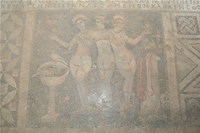 |
|
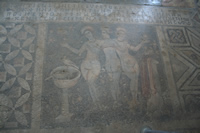 |
|
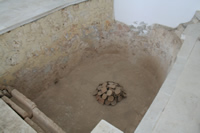 |
The pictures in this section were taken by my sweet daughter Dolunay. |
| Kanytella (Kanlidivane, Canytellis) Photo Galleries |
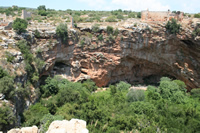 |
|
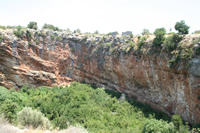 |
|
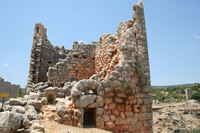 |
|
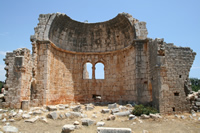 |
|
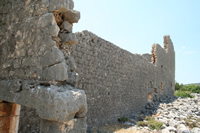 |
|
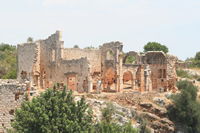 |
|
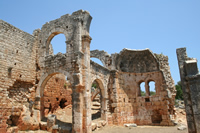 |
|
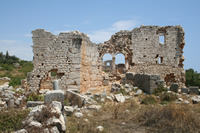 |
|
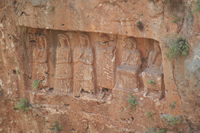 |
|
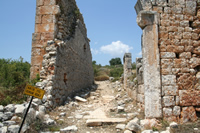 |
|
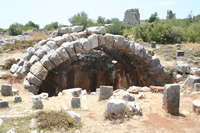 |
|
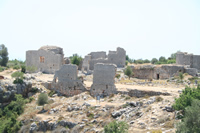 |
|
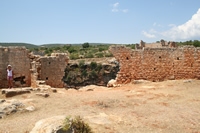 |
|
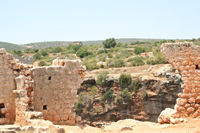 |
|
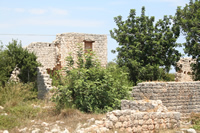 |
|

|

|

|

|

|

|

|

|
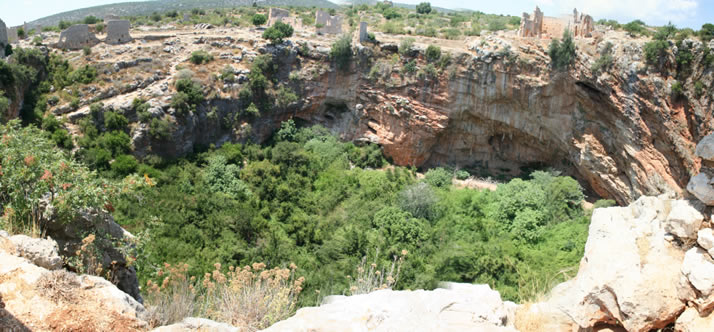
|
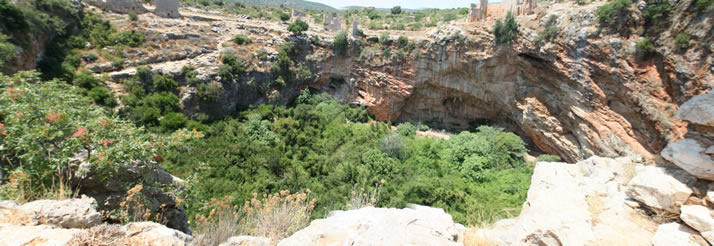
|

|

|
| Kanytella (Kanlidivane, Canytellis) Road Photo Galleries |
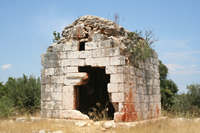 |
|
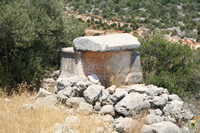 |
|
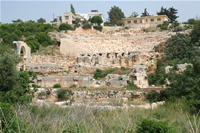 |
|
| Human Boulders (Adamkayalar, Roman Reliefs) Photo Galleries |
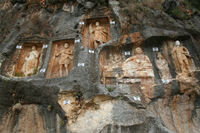 |
| Human Boulders (Adamkayalar, Roman Reliefs) Photo Gallery 1 |
| |
|
| Date |
: April 26, 2008 |
| Camera |
: Canon EOS 350D |
| Orginal Resolution |
: 3456 x 2304 pixel |
| The site, a holy place related to a death cult, lies 7 Km. north of Kizkalesi. Such a site is rare in Cilicia and throughout the world. The reliefs have been carved by the relatives of the dead in order to keep their memory alive. On some of the reliefs, inscriptions provide information about people who builts the graves and the people placed in them. The figur lying on the funeral bed (kline) represents the dead person. |
|
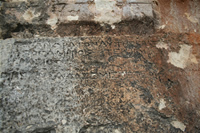 |
| Human Boulders (Adamkayalar, Roman Reliefs) Photo Gallery 2 |
| |
|
| Date |
: April 26, 2008 |
| Camera |
: Canon EOS 350D |
| Orginal Resolution |
: 3456 x 2304 pixel |
| Research on the styles shows that the reliefs were carved between the fourth century BC and the Roman era (third century AD). In the middle of the relief series, there is a niche shaped altar with five stepped seats. The relief on the left shows a figure filling a cup with liquid (probably wine or water) from a jug. This is significant for thr ancient tradition of giving liquid to the Gods. |
|
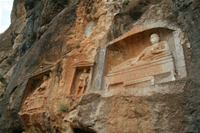 |
| Human Boulders (Adamkayalar, Roman Reliefs) Photo Gallery 3 |
| |
|
| Date |
: April 26, 2008 |
| Camera |
: Canon EOS 350D |
| Orginal Resolution |
: 3456 x 2304 pixel |
| The most striking relief shows the dramatic scene of a soldier leaving his wife and daughter. The soldier, who may, not have returned, is immortalised in this relief. Looking closer, a small dog can be seen approaching the soldier and the girl standing on front of the soldier's sitting wife. Standing on his two hind legs, the dog symbolises loyalty and reflects the unity of this family. |
|
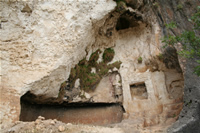 |
|
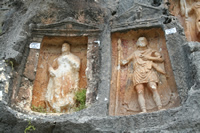 |
|
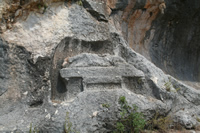 |
|
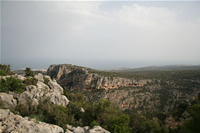 |
|
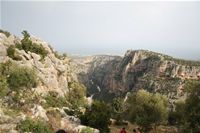 |
|
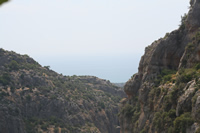 |
|
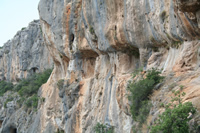 |
|
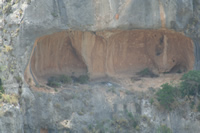 |
|

|

|
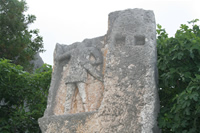 |
|
| Maiden's Castle Photo Galleries |
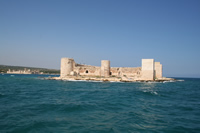 |
|
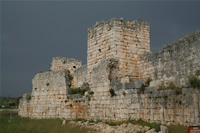 |
|
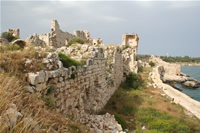 |
|
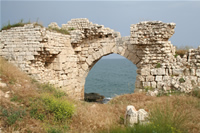 |
|
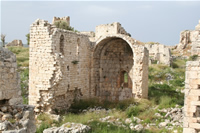 |
|
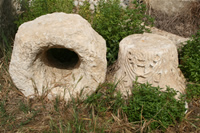 |
|
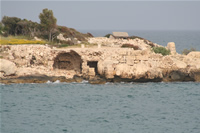 |
|
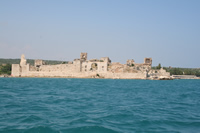 |
|
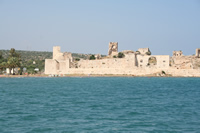 |
|
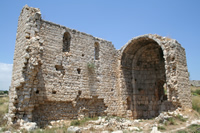 |
|
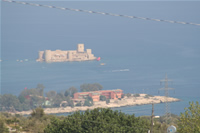 |
|
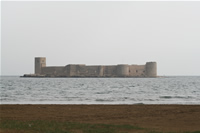 |
|
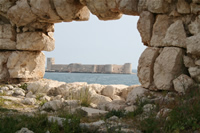 |
|
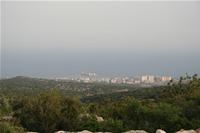 |
|
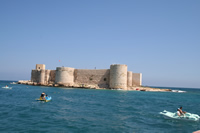 |
|
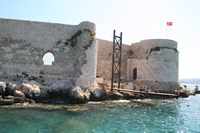 |
|
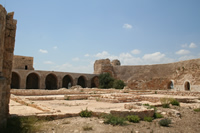 |
|
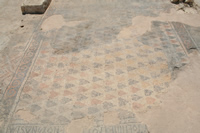 |
|
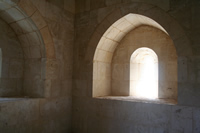 |
|
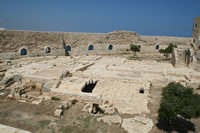 |
|
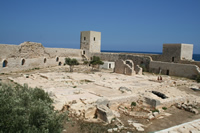 |
|
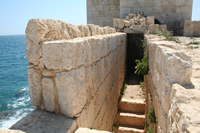 |
|

|
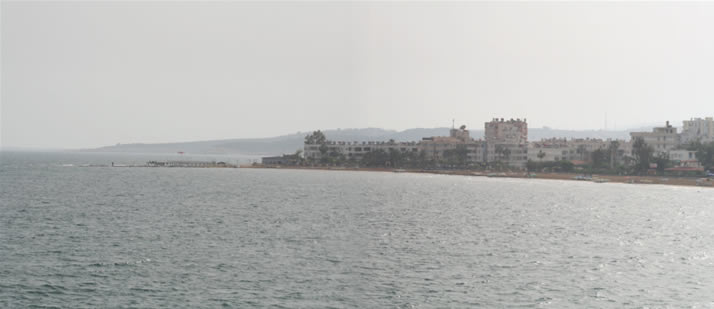
|

|

|

|

|

|

|

|

|
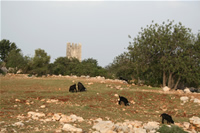 |
|
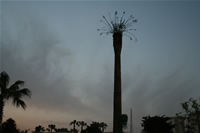 |
| A Photo in Mersin |
| |
|
| Date |
: April 25, 2008 |
| Camera |
: Canon EOS 350D |
| Orginal Resolution |
: 3456 x 2304 pixel |
|
| Diocaesarea (Uzuncaburc) Photo Galleries |
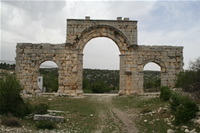 |
|
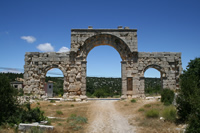 |
|
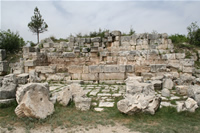 |
|
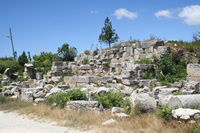 |
|
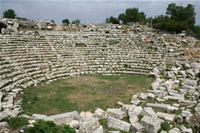 |
|
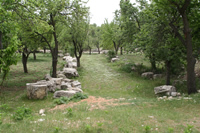 |
|
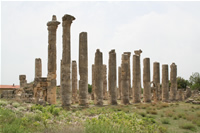 |
|
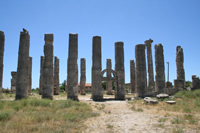 |
|
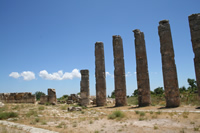 |
|
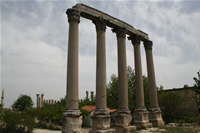 |
|
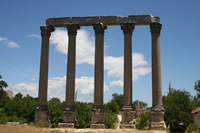 |
|
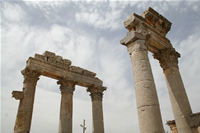 |
|
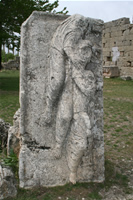 |
|
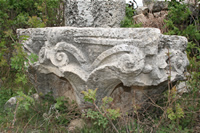 |
|
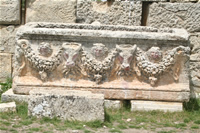 |
|
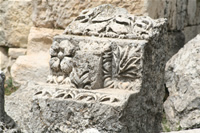 |
|
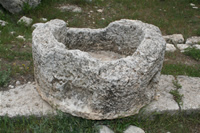 |
|
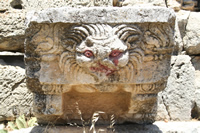 |
|
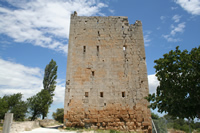 |
|
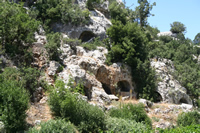 |
|
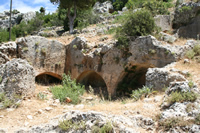 |
|
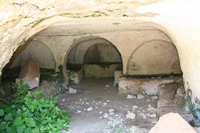 |
The pictures in this section were taken by my sweet daughter Dolunay. |
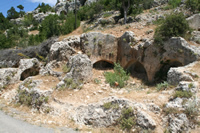 |
|
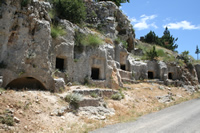 |
|
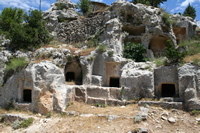 |
|

|
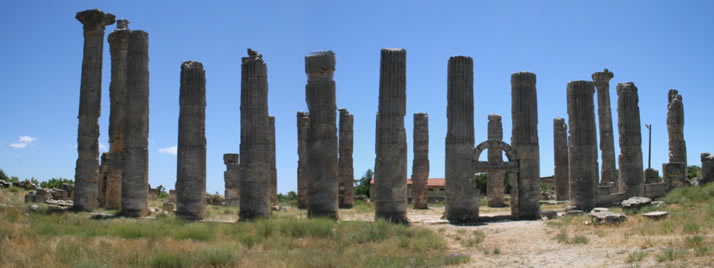
|
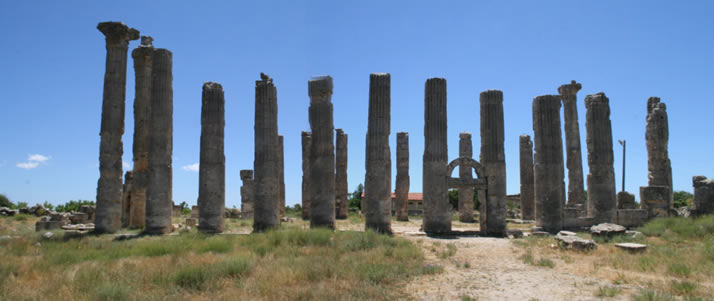
|
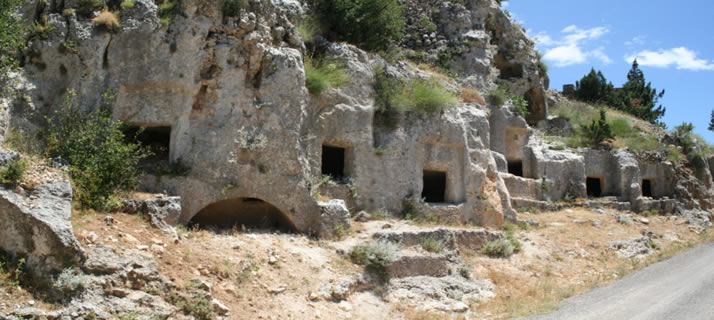
|
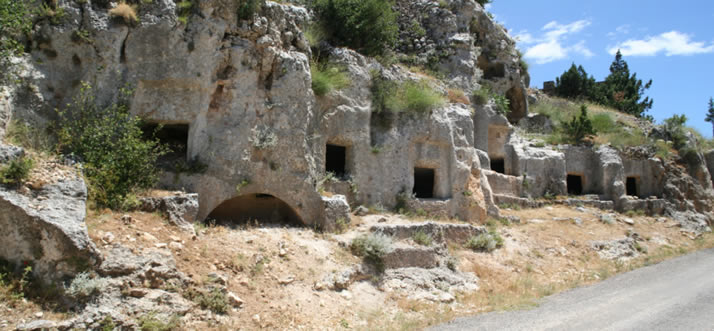
|
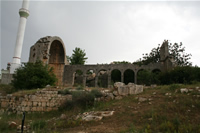 |
|
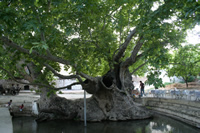 |
| Sarlak Photo Gallery |
| |
|
| Date |
: July 12, 2009 |
| Camera |
: Canon EOS 350D |
| Orginal Resolution |
: 3456 x 2304 pixel |
|
| Tarsus Photo Galleries |
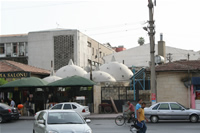 |
| Tarsus Photo Gallery |
| |
|
| Date |
: April 25, 2008 |
| Camera |
: Canon EOS 350D |
| Orginal Resolution |
: 3456 x 2304 pixel |
|
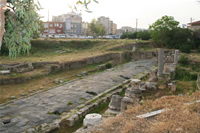 |
|
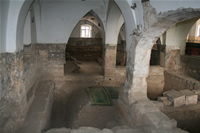 |
| Daniel Prophet Photo Gallery |
| |
|
| Date |
: April 25, 2008 |
| Camera |
: Canon EOS 350D |
| Orginal Resolution |
: 3456 x 2304 pixel |
| Daniel (A.S.) was born in Jerusalem B.C. 605 years. His father's name is Heskil. Daniel (A.S.) belongs to Sulayman David race from prophet's sons. |
| II. Nabukadnezar who is Babil king conquers Jerusalem and demolishes in B.C. 587. He takes sensible child and bring them to Babil. Daniel is a child who is taken captive. Daniel (A.S.) shows his sensibility at the beginning and so he stays at palace. For a period of time the king announces himself as a god. He determines that "I will throw the people into lionhole who don't believe himself". Daniel prophet doesn't adore him and the king throws him to lionhole. Three days later, it is seen that when the cover of the lions was opened, lions adore to him. Thus the king accept that he didn't become god himself. |
| Daniel prophet is invited to Tarsus in a famine period. When he came to Tarsus, abundance and fertiliy is lived in Tarsus. Because of this reason the people don't give a permission to Daniel prophet to go back Babil. And it is believe that he lived in Tarsus until he dies. |
| A.D. between 630 and 640 in Hz. Ömer time, Tarsus is conquered by Islama forces. While the dtyis being reconstructed, a sarcophagus is found in the room by Islam strengths commander Ebul Musa Eş whose door is stamped. In the sarcophagus which is opened by Ebul Musa Eş is found a corpose. It was an enourmous big, had a ring around its finger and gold figures on its shroud. On the ring two lions and in the middle of them a boy figure is illustrated. The ring is send to Hz. Ömer by commander Ebul Musa. Hz. Ömer shows the ring to Hz. Ali. Hz. Ali says taht the ring belongs to Hz. Daniel. Because the description on the ring is the symbols of the events that were lived by prophet Daniel. Therefor, Hz. Ömer orders that the corpse shoul be burried deeper in case it is stolen. Upon this commander Ebul Musa cuts the river's current and burries the tomb deeper. He covers the corpse with muld to protect its Musa enables the river flow over the garve. |
| The consequence of excavation working in the Makam-ı Danyal Mosque, the tomb of Daniel prophet was reached which was under the sample grave by the sponsor of Tarsus Municipality and Museum Directory. It is very important because it becomes first prophet tomb to be foun in Turkey. Beside this, the tomb is aconsidered sacred by Hebrews. (Source: T.C. Kültür ve Turizm Bakanlığı, Kültür Varlıkları ve Müzeler Genel Müdürlüğü, Tarsus Müze Müdürlüğü "İnançların ve Hoşgörünün Buluştuğu Başkent TARSUS" brochure) |
|
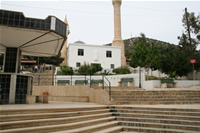 |
|
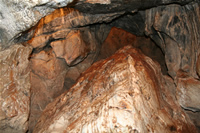 |
| Cave of Seven Sleepers Photo Gallery |
| |
|
| Date |
: April 25, 2008 |
| Camera |
: Canon EOS 350D |
| Orginal Resolution |
: 3456 x 2304 pixel |
| The cave of "seven sleepers" a popular christian, islamic myth, is believed to have at several places around world, but the most famous spot happened is in Tarsus, in the Koran, in the verse of Kehf the seven sleepers were mentioned as devoted (in christianity) seven young man (Meksemlina, Yemlina, Mislina, Nernus, Debernus, Sazernus, Kafestataynus) and their dog Kitmir. Who slept in cave for 309 years when they were under the perseastron pagan Emperior (Roman Emperior). (Source: T.C. Kültür ve Turizm Bakanligi, Kültür Varliklari ve Müzeler Genel Müdürlügü, Tarsus Müze Müdürlügü "Inançlarin ve Hosgörünün Bulustugu Baskent TARSUS" brochure) |
|
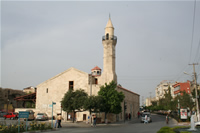 |
|
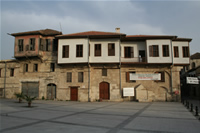 |
|
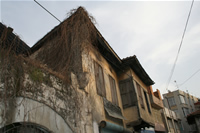 |
|
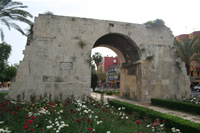 |
|
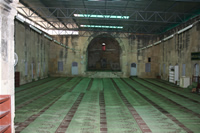 |
|
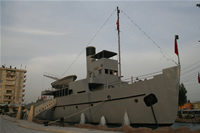 |
|
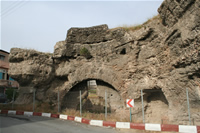 |
|
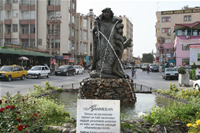 |
|
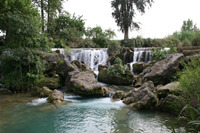 |
|
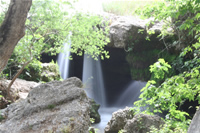 |
|
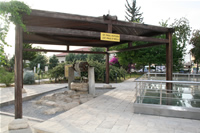 |
| St. Paul's Well Photo Gallery 1 |
| |
|
| Date |
: April 25, 2008 |
| Camera |
: Canon EOS 350D |
| Orginal Resolution |
: 3456 x 2304 pixel |
| St. Paul was born in Tarsus A.D. in the first century. He is the son of a jew family who has citizenship rights and belong to weaver class. According to their traditions St. Paul had also grown up as a weaver. At the young age he went to Jerusalem for education but he took place in attacks opposite to Christianity which begun to spread newly and he had tried to dissuade the Christ believers form their belief by using forces. |
| While he was chasing the christians who were escaping to Sham, he saw Christ in his dream and adopted as a Christianity own. And by the reason of this miracle took place in Gospel, the importance of St. Paul has reached up to now. |
| As it is written in Gospel, St. Paul is a forerunner who has been sent as a giving good news the joyful news and as a Messenger he has gone missionership trip four times. These trips has been mostly west Anatolia but the last two have reached from Greece, Islands and Rome. |
| Despite of adverses which existed in Rome Empire lands, Paul's stabborn manner and his effective sermons has obtained the rising of supporters. He has saved Christian Religious from being a religious sect of jewish. He determined the rules of religion and given shape to it and the world has known this theorist and philogophman, who is founder of first churches, as from Tarsus and much more important of this as Anatolian. Most of the time he is written as an apostle of christ from Tarsus in literature by cause of being loved so much. This also has even met by forbearance. |
| St. Paul has tried to spread new religion until he has been taken captive and died. And he has been succesfull in spreading in the big part of Roman lands. |
| In project of belief tourism and street impromoventi environmental arrangmenty and nationalized workings were done by culture and tourism ministry in the year 2000. As a paralel of the environmental arrangment, excavation workings in the St. Paul Well were done by Tarsus Museum Management. By the consequent of excavation workings in 180 square meter land near the St. Paul Well, which is one of the pilgrimitinerary of christianity, culture layers that goes down St. Paul's life periods have been brought to light. These architectural constructions have been covered with glass not to be effected from bad weather conditions. (Source: T.C. Kültür ve Turizm Bakanlığı, Kültür Varlıkları ve Müzeler Genel Müdürlüğü, Tarsus Müze Müdürlüğü "İnançların ve Hoşgörünün Buluştuğu Başkent TARSUS" brochure) |
|
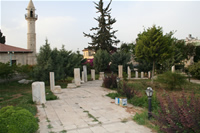 |
|

|
| Anamur Castle (Mamure Castle) Photo Galleries |
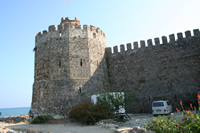 |
|
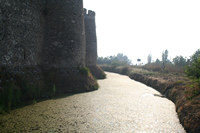 |
|
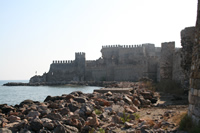 |
|
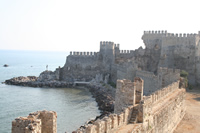 |
|
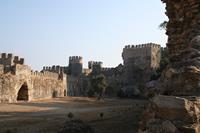 |
|
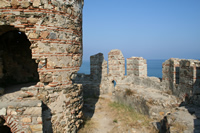 |
|
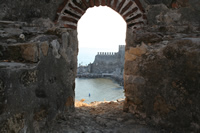 |
|
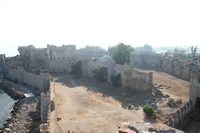 |
|
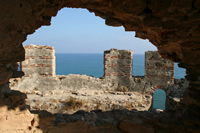 |
|
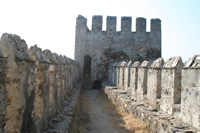 |
|
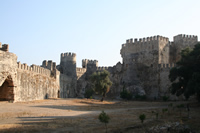 |
|
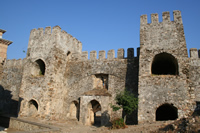 |
|
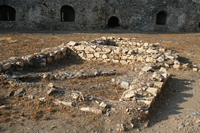 |
|
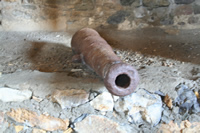 |
|
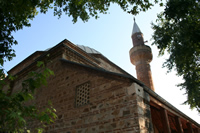 |
|

|

|
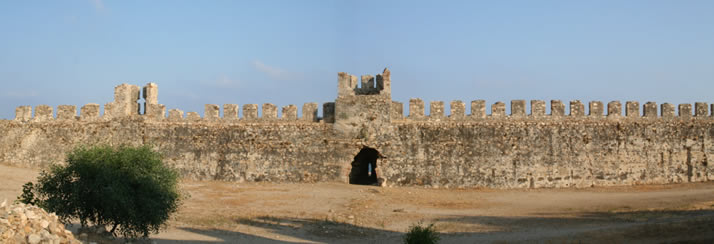
|

|

|

|
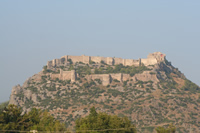 |
|

|
Please remember that all the photographs are protected by copyright and may not be used for commercial purposes without the written permission of Salih SAYDAM. For use or publish the photos in any way you must receive written permission first and give me credit.
Copyright © 2006-2019 Salih SAYDAM
All Rights Reserved |

